|
Ehime University – Padjadjaran University International Collaborative Research Laboratory (EU-UNPAD ICRL) Director, Dr. Kozo Watanabe, visited Padjadjaran University Indonesia from June 24th to 27th in Bandung city. The purpose of this visit was to coordinate the UNPAD ICRL undertaking, specifically on current research and future collaboration with Padjadjaran University officials. On June 24th, Dr. Kozo had a sharing session with the Dean of Padjadjaran University Graduate School, Prof. Dr. med. Setiawan, to discuss the current agreement and future possibilities of expanding the ICRL. Between discussions, Dr. Kozo had the chance to visit the laboratories and facilities of Padjadjaran University Graduate School building. In the afternoon, Dr. Kozo was invited to deliver a seminar to the graduate and undergraduate Medical Students of Padjadjaran University, titled “Eco-Epidemiology of Dengue Mosquitoes from Modeling and Genetic Approach”. On June 25th, Dr. Kozo along with Dr. Lia Faridah and staff M.A. Thufail visited the dengue sampling site and primary health care unit at Cimahi City. The purpose of this visit is to evaluate the progress of dengue detection in Cimahi City which was conducted and assisted by primary health care personnel and the residents living there. With this visit, the ICRL is committed to support the primary health care unit in Cimahi to detect and combat the dengue epidemic and prevent an outbreak. After the on-site visit to Cimahi, Dr. Kozo participated in a lab tour of UNPAD ICRL in the PAMITRAN building. As some of the lab equipment is not ready yet, UNPAD ICRL hopes to collaborate with the team of Health, Safety, and Environment Team (HSE) Laboratory to develop the facilities in Bandung. So, Dr. Kozo got acquainted with the members of HSE Teams. Finally, on June 26th, Dr. Kozo had a discussion with the Director of Padjadjaran University Research and Community Service Division, Prof. Rizky Abdulah, to talk about ICRL agreements and current research conducted in Cimahi. Dr. Kozo's engagements with university officials, students, and health care personnel underscored the importance of international cooperation in advancing molecular ecology research and public health initiatives. The visit also laid the groundwork to enhance the partnership between Ehime University and Padjadjaran University.
0 Comments
Prof. Dr. Kozo Watanabe and Prof. Dr. Anwar Hossain made a diplomatic visit to Bangladesh last month. A series of important meetings were made throughout the visit. The following are glimpses from a fruitful mission in Bangladesh. Meeting with the Honorable Minister of the Environment, Forestry, and Climate Change of Bangladesh, H.E. Saber Hossain Chowdhury was an absolute privilege. It was a very inspiring meeting and looking forward to an exciting Japan-Bangladesh collaboration. Prof. Kozo informed the honorable Minister about future research projects on water pollution and Antimicrobial Resistance (AMR) in Bangladesh. He gave some insightful suggestions from the viewpoint of Bangladesh. They met with the Honorable Vice-Chancellor Prof. Dr. A. S. M. Maksud Kamal, University of Dhaka, and discussed collaborative projects with Dhaka University (DU). They have met with Prof. Dr. Md. Kawser Ahmed, Member (Secretary), General Economics Division, Planning Division, Bangladesh. They had a very fruitful meeting with the Director General Dr. Abdul Hamid of the Department of Environment (DoE), Director Mr. Farid Ahmed, and other scientists of the Dhaka Lab. Apart from diplomatic visits, this trip was filled with programs that focused on Japan-Bangladesh capacity building. On 28th May 2024, a JSPS Core-to-Core Seminar was held at the Department of Fisheries, DU attended by DU students and faculty members. Honorable Vice Chancellor Prof. Dr. Kamal was the Chair of the Project brainstorming workshop titled "Implementation of Water Quality Monitoring System and Purification Technology to Control Health Risks of Water Environment in the Dhaka Metropolitan Area" held at DU on 29th May 2024. On 30th May 2024, honorable chairman of the Bangladesh Council for Scientific and Industrial Research (BCSIR), Prof. Dr. Md. Aftab Ali Shaikh chaired two seminars delivered by Prof. Dr. Kozo Watanabe and Prof. Dr. Anwar Hossain respectively. More than 200 scientists from BCSIR have attended. The outcomes of this mission will provide a strong foundation for new collaboration between Japan and Bangladesh. Many thanks to Dr. Mitra from Institute for Global Environmental Strategies (IGES), Japan for joining the collaborative initiative.
PhD students, Dan Joseph Logronio and Jomel Limbago, along with lab technician Yayoi Ikenaga and undergraduate student, Tetsu Kuzukawa from MECOH have concluded their collection of environmental DNA (eDNA) and macroinvertebtrates from Hiji River, a river at 103km in length and has a basin area of 1,210km2 which runs near the Ozu Basin at the upper part of the stream and flows into the Seto Inland Sea. It is the largest first class river in Ehime Prefecture, Japan. The sampling campaign lasted from 27th March to 25th April 2024 and the research team travelled by road through the cities of Iyo, Ozu, Seiyo, Tobe, and Uchiko. In total, 59 river sites were sampled for eDNA while 20 sites included bulk macroinvertebrate samples. Traversing into the sampling sites can be an adventure on its own The purpose of this sampling is to monitor the eDNA found in Hiji River using a model that can predict the metacommunity structure by using realistic ecological and environmental processes. The development of the model may help in the exploration of fundamental scientific questions and form management strategies for rivers like Hiji. So, the research team had covered different habitat types with varying environmental conditions. How's your office view? Together, macroinvertebrates were collected in bulk via the kick-net method and preserved in ethanol. The team had completed all sites and analysis on the biodiversity of Hiji River will be used to correlate with other environmental factors such as water temperature, pH, dissolved oxygen levels, turbidity, water velocity, etc. . The riverine environment is an important part of our ecosystem and much more could be done to uncover its ecology. Although it is no easy feat to sample such a large sampling area, yet the team spirit is always high. Thank you, MECOH Biodiversity team, for giving your best!
For those who enjoy being close to nature, we hope to see you together with us in a future sampling trip like this! Jomel Limbago, a new PhD candidate from the Philippines has recently joined us.
Jomel obtained his BS in Fisheries from Iloilo State University of Fisheries Science and Technology (for. ISCOF) and his Master of Science (MS) in Zoology from the University of the Philippines Los Baños. Previously, he participated in several research projects focusing on using molecular biomarkers to assess exposure to persistent organic pollutants and to detect and characterize microplastics in various freshwater bodies in the Philippines. Currently, he is interested in utilizing genomic approaches to uncover the adaptation and/or speciation of aquatic macroinvertebrates in heterogeneous habitat. Building upon the connections made from the visit to Universiti Malaya last year, Dr. YiYou Wong, made an opportune visit to MECOH lab from Feb 1 to Feb 29. The objective of her visit is in long-term professional development and capacity building. Where critical technical skills, resources, and facilities were kindly provided by various individuals from the Center of Marine Environmental Studies (CMES), such as bioinformatic analyses for metagenome and High-performance liquid chromatography-mass spectrometry (HPLC-MS) optimization for water samples for future projects. Throughout the month of February, Dr. YiYou engaged in the rigorous exploration of research methodologies. She had acquired and internalized specialized skills necessary for impactful contributions to her field of research. Her efforts yielded tangible results through collaborations with Prof. Anwar Hossain, Assoc. Prof. Rumi Tanoue and Ngure Kagia. Pictured left: Prof. Anwar and Assoc. Prof. Rumi meeting Dr. YiYou. Center: Ngure Kagia guiding YiYou on using bioinformatics remotely. Right: Assoc. Prof. Rumi showing the capabilities of the HPLC-MS machine. While in Japan, she capitalized her visit by immersing herself in Japanese culture along with Thufail, another visitor from Indonesia and Dr. Divina Amalin, Dr. Ana Karen Laserna, and Kris Lord Santos from the Philippines. "Everybody is extremely friendly and kind, they taught me a whole lot, from pieces of scientific knowledge to different cultural norms. Importantly, they welcomed me like an old friend." - YiYou MECOH believes in knowledge dissemination and technology exchange in meaningful ways. We hope that the knowledge that was passed-on will lead to the collective advancement of Dr. YiYou's peers and the broader research community. Hopefully, in the form of a Collaborative Research Laboratory (ICRL) materializing in the future.
On February 15th, Muhammad Akbar Thufail, a member of the International Collaborative Research Laboratory (ICRL) at Ehime University-Padjadjaran University (EU-UNPAD), visited the MECOH Lab at Ehime University. Thufail arrived as a visiting researcher for a two-week collaborative project. The main purpose of this visit was to learn about the activities in the MECOH Lab and the bioinformatics analysis performed on virome studies. During the visit, he was mentored by Coleen Irish Asin, a research student from MECOH, to learn the basics of bioinformatic analysis. Raw sequence results were cleaned and underwent further steps to provide valid and accurate assembled data. Wet lab techniques were also evaluated in the MECOH Lab. Together with Kenneth, a first-year doctoral student, he performed and reviewed some library preparation for sequencing methods such as MinIon and ProMetIon Sequencing. Essential skills on bioinformatics taught by MECOH studentsIn addition to the lab work, Thufail also participated in educational visits during Emperor’s birthday on February 23rd to the Hiroshima Peace Memorial and Miyajima Island, along with Dr. Yi You Wong from Universiti Malaya in Malaysia and several visitors from De La Salle University in the Philippines. Exploring Matsuyama city and its surroundings, Thufail was accompanied by Atikah Fitria Muharromah, a third-year Doctoral student, who introduced him to life and activities in the prefecture. The visit concluded on February 28th, with the completion of the basic course on bioinformatics analysis.
We look forward to working closer by further improving and validating the ICRL Projects in Indonesia. The Annual International Research Colloquium between Ehime University (EU) and De La Salle University (DLSU) with the theme “Recent trends in biological control: Interdisciplinary approaches for vector-borne diseases and agricultural pest management.” was held on February 20, 2024 at the 2nd floor, Room 212 of General Research Building No. 2, Johoku campus, Ehime University. It was organized by the EU-DLSU International Collaborative Research Laboratory (ICRL) with the physical address in De La Salle University (DLSU), Laguna Campus and the Molecular Ecology and Health (MECOH) Laboratory of Ehime University. The symposium was sponsored by the Leading Academia in Marine and Environment Pollution Research (LaMer). It was attended by 21 participants, 3 and 18 from DLSU and EU, respectively. The participants were mainly from the MECOH laboratory members. There were three speakers from the De La Salle University (DLSU). The symposium convened professors, researchers and graduate students of the two universities and to exchange research results from the research activities conducted at the ICRL and MECOH laboratories. The objective of the symposium was to present and discuss the current technological and interdisciplinary research advances from ecological, biochemical, molecular, and computational approaches to develop or improve biological control strategies. The three presentations covered biological control of viral, microbial, and insect pests in agriculture, natural resources, and urban environments. The symposium highlighted the importance of biological control as an environmentally sound and effective means for reducing or mitigating pests and pest effects through the use of biologically based technologies.
During the three members from DLSU's stay in Japan from February 19-24, 2024, they had a number of research meetings with MECOH lab members and with Associate Professor Rumi Taue of CMES and Professor Hisato Iwata, Director of LaMer, as well as a visit to Hiroshima Prefecture. The stay was fruitful for further collaboration in the future.
Irish Coleen Angelo Asin, MEcoH research student, and Yasutsugu Suzuki, CMES Office for International and Social Cooperation, got to experience the Molecular Biology Society of Japan (MBSJ) annual meeting held from December 6 to 8 in Kobe, Japan. Navigating through diverse research topics in molecular virology and medical entomology, the scale of the annual event was immense to say the least. Highlights include presenting a collaborative study on insect-specific viruses, engaging with Japanese researchers, and gaining research inspiration. On Day 1, a poster session was held. The research presented by MEcoH focused on the replication kinetics and tissue tropism of three insect-specific viruses co-infecting a naturally infected laboratory colony of Aedes aegypti. This collaborative study involved Dr. Artem BaidaiIiuk and Dr. Etienne Simon-Loriere from the Department of Virology, Institut Pasteur, Paris, France. This is a great opportunity to converse, learn, and exchange ideas with researchers from all over Japan. Here are some highlights to showcase the lively academic atmosphere. "The Kobe International Conference Center is massive, but it is a fitting venue to host such big conferences like MBSJ. Strategizing on how to watch and attend all the sessions, posters, scientific pitches, and symposia that match your research interests is quite necessary because the conference covered several and diverse research topics. In my case, my research fields are molecular virology and medical entomology. Amongst the thousands of poster sessions and several talks per day, I was fortunate enough to listen, meet, and talk to people working on those research topics." - Coleen The experience, enriched by talks, poster sessions, and sponsor exhibitions, was made possible with the support of a travel grant. For that, we thank the support given by the Foundation of Pasteur Japan to our young scientists.
We hope that these collaborations will continue and we hope that greater things would come out of it. Dan Joseph Logronio, Phd student, presented his research poster on population genetics analysis of aquatic insects based on DNA metabarcoding sequences during the 6th Annual Meeting of The environmental DNA (eDNA) Society of Japan held in Kyushu University last December 2 to 5. The conference started with an excursion on how to properly collect eDNA samples from various environments (e.g. marine, pond, river). Different techniques on water sampling and filtration were shown. This was followed by poster sessions and series of symposia. The symposia include standardization of the environmental DNA sampling and experiment manual published by the society, environmental DNA analysis using non-water media, development of reference DNA databases essential for Environmental DNA surveys and contributing to a nature-positive world with environmental DNA.
Would the role of eDNA in aquatic sampling expand further? Time will tell. But when that happens, we promise to be there to share it. JSPS Core-to-Core Program Symposium Mosquito-borne Disease Control from Ecological Approaches12/8/2023 Recently, representatives from MEcoH had attended an important JSPS symposium in the Philippines. Here's a recollection of the event from MEcoH's very own secretary: I, Saki Okazaki, the secretary of MEcoH had the opportunity to join the JSPS Core-to-Core Program Symposium "Mosquito-borne Disease Control from Ecological Approaches" that was held at View Park Hotel in Tagaytay, Philippines from November 30 to December 2, 2023! I participated in this symposium from the preparatory stage and had a lot of communication with the local coordinator from De La Salle University (DLSU) and the hotel staff. It was very moving to see the symposium take shape through these stages. There were participants from Bangladesh, Indonesia, Philippines and Japan. On the second day, we had a lab tour at De La Salle University's Laguna campus. Our former PhD student, Dr. Thaddeus Carvajal, now an associate professor at DLSU, showed us around the facility. We were able to spend some time for sightseeing and visited the breathtaking Tar Lake in Tagaytay and the historical Intramuros of Manila. We would like to thank the local coordinators, especially Ms. Jovie and Ms. Paula for materializing this symposium. I look forward to seeing you next time in Japan.
Atikah Fitria Muharromah, PhD student, had recently participated in the Open Medical Institute (OMI) seminar held in Institut Pasteur Ho Chi Minh City, Vietnam, from November 12 to 16, 2023 to network with subject-matter experts on vector-borne diseases. 34 fellows from Vietnam, Japan, Cambodia, Laos, South Korea, Indonesia, France, Hong Kong. Upon arriving in Vietnam late at night, Atikah was impressed by the warm reception and the bustling atmosphere at the arrival gate. Hailing from Indonesia, the weather reminded her of her home. The seminar, her inaugural OMI experience, commenced with a welcoming speech from Stephanie Faschang and the Director of Institut Pasteur Vietnam. while Professor Anna-Bella Failloux led the course, covering Vector-Borne Diseases in Asia. Atikah expressed her excitement, citing the relevance to her medical entomology field. Engaging discussions and a panel session on Dengue in Asia enriched the learning experience. The subsequent days delved into diverse topics, including malaria, bioecology of sand flies, the Leishmania pathogen transmission, vaccine developments, and the emergence of vector-borne diseases. Atikah highlighted a memorable dinner where she enjoyed authentic Vietnamese cuisine with fellows from South Korea and Japan. The concluding day featured discussions on animal reservoirs, social science, and modeling approaches in predicting disease emergence. Atikah actively participated in a round table session, sharing insights on predicting vector-borne disease emergences. Reflecting on the seminar, Atikah expressed gratitude, emphasizing the relevance of the content to her medical entomology expertise. She praised the speakers' expertise and acknowledged the friendly and humble OMI team. Building a network with participants from various countries added a valuable dimension to her experience. Atikah's personal highlight was Professor Anna-Bella's insights into vector-borne diseases, emphasizing the importance of understanding vectors and potential transmission cycles. Looking ahead, she plans to apply the knowledge gained in her role as a medical entomologist and when she becomes a university lecturer. Meanwhile. there was a test at the end of the course, of which Atikah herself achieved the highest score among the participants and received an award for her academic excellence. Congratulations! All in all, Atikah's participation in the OMI seminar was described as a transformative experience, providing her with valuable knowledge, networking opportunities, and a renewed commitment to contribute to the elimination of vector-borne diseases. "The OMI team is also very friendly and humble. It was also wonderful to meet and have an opportunity to network, especially in the field of vector-borne diseases. I will never forget about this seminar for the entirety of my life. Joining this course is the best choice that I have ever made" - Atikah We here at MEcoH are proud of you Atikah! Thank you for building meaningful connections in your field and we hope the doors you have opened through the collective opportunities made here would lead to bigger and brighter things.
Joining MEcoH may seem like a life committed to building collaborative research in matters of molecular ecology and health... but did you know that we play softball too!? As a division under The Center for Marine Environmental Studies (CMES), MEcoH members have a unique opportunity to participate in an annual friendly softball tournament held by the research center. Anyone from CMES can join, from full-time professors to undergraduate students! Participants gathered at the Yamagoe Ground and had a great time batting and pitching from 8.45 am to 3.40 pm. 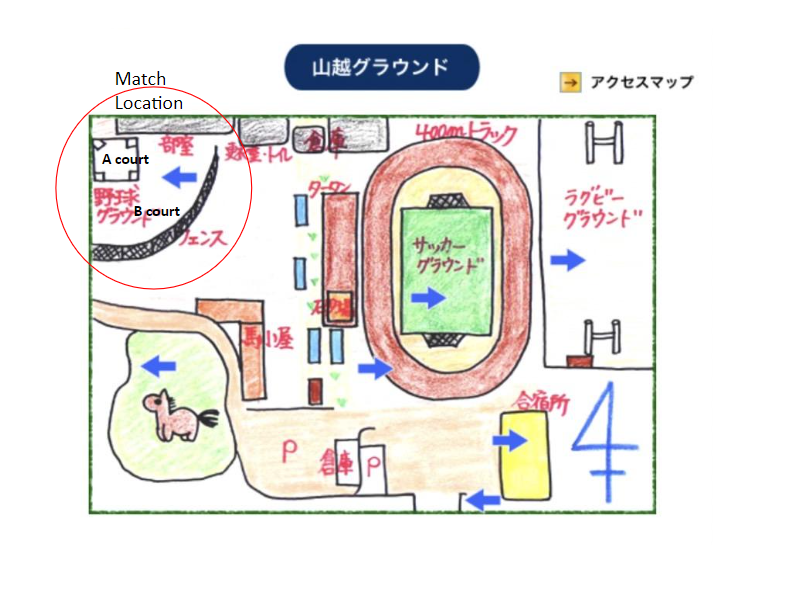 Location of the softball tournament (Map drawn by a passionate member) Location of the softball tournament (Map drawn by a passionate member) This year's friendly softball tournament marked the lifting of CoV-2 restrictions after nearly 3 long years. So, you can feel the excitement in the air as the players gave their all! This softball tournament is also a great venue to promote leadership, teamwork, and all-around good vibes. Importantly, members of MEcoH had the opportunity to plan and lead an event outside of research where our very own research student, Danyoshi Arata and Mosle played the role as the lead organizer and team captain respectively. This tournament helped nurture a stronger bond not just among professors and their respective research associates but between divisions within CMES. So, it is a rare opportunity for international researchers and students to immerse in a quintessential Japanese pastime. Here are some excerpts from MEcoH members sharing their experience on that eventful day: 私はCMES対抗ソフトボール大会の運営役を務めました。自分自身初めての大会だったのでうまく進行できるか不安でしたが、多くの人に楽しんでもらえたみたいで安心しました。また、この大会を通して研究室のメンバーとさらに仲が深まったと感じました。今年は2位だったので来年は優勝を目指したいと思います I was in charge of organizing the CMES softball tournament. It was my first time participating in a tournament, so I was worried about whether it would go well, but I was relieved that so many people seemed to enjoy it. I also felt that I was able to deepen my relationships with the members of my laboratory through this competition. We came in second place this year, so I would like to aim for 1st place next year. - 段吉新大 (Danyoshi Arata) Transitioning from cricket to softball brought both excitement and challenges to my day while on the field. Unlike cricket, where I'm used to batting, softball presented a learning curve due to its distinct set of rules. Catching the ball with a glove instead of bare hands felt unfamiliar, and releasing the bat while sprinting to a base was a novel concept. However, embracing these differences made the experience all the more enjoyable. In the end, I had a fantastic time playing softball, and the thrill of the game made it a memorable and fun-filled adventure - Shafi このソフトボール大会を終えて、研究室室内での親交を深めることができたと感じてます。また、工学部以外の研究室と関わることができ非常にいい機会になったと思います。 After this softball tournament, I felt that I was able to deepen my friendships within the laboratory. I also think it was a great opportunity to get involved with a research lab outside of the Faculty of Engineering. - 岡本拓⺒ (Okamoto Takumi) In my unexpected softball adventure in Japan, I joined a friendly match between our MEcoH team and teams from four different labs under the Center for Marine Environmental Sciences. Despite my initial cluelessness about the game, my team patiently guided me through the rules. Softball, I discovered, is a unique and fascinating sport involving teamwork, communication, and coordination. As the game progressed, I learned the intricacies of catching, throwing, and positioning. The strong sense of community and teamwork struck me, and our team secured 2nd place, leaving me with a newfound appreciation for softball and a desire to continue exploring this dynamic sport. - Mosle As mentioned by Danyoshi Arata, MEcoH managed to snatch 2nd place! Is like what they say:
Teamwork makes the dream work. If you have the opportunity to drop by around this time of the year, we here at MEcoH hope that you'll be able to join us next year either as a future participant or as a supporter. On November 28, 2023, Prof Kozo Watanabe visited the University of the Philippines Mindanao (UP Mindanao) to pay a courtesy call on Prof. Lyre Anni E. Murao (Chancellor), Prof. May Anne Mata (Director, Office of Research), Prof. Cleto L. Nañola, Jr. (Dean, College of Science and Mathematics), Dr Junaldo A. Mantiquilla, Chair of Department of Biological Sciences and Environmental Studies. Prof Watanabe also toured the research facilities at the university. In the Philippine Genome Center Mindanao of UP Mindanao, he made a focus group discussion with members of two projects: Mindanao Center for Diseases Watch and Analytics (DiWA) and Patient Centered Clinical Decision Support System on Endemic Diseases Applying Artificial Intelligence Technology and Operations Research (PASYENTE). Prof. Watanabe also delivered a lecture “Eco-epidemiological studies of Dengue mosquito in the Philippines: Modeling and Genetic Approaches” to students and faculty staffs at Lemito Hall, University Library.
This visit was arranged by a faculty staff of UP Mindanao, Mr. Von Carlo Dela Torre who will join MECOH lab as a doctoral student. Thank you very much. Courtesy visit of the President and other executive officers of Cavite State University, Philippines11/16/2023 On October 24, 2023, Prof Kozo Watanabe visited Cavite State University (CvSU) in the Philippines to pay a courtesy call on Dr. Hernando D. Robles, University President, Dr. Melbourne R. Talactac, Vice President for Research and Extension, and Dr. Miriam Du-Baltazar, Director for Research Center. They shared opinions on future academic exchange agreements and possible joint research. Prof Watanabe also toured the research facilities at the university.
This visit was arranged by a faculty staff of CvSU, Mr. Jomel S. Limbago who will join MECOH lab as a doctoral student. Thank you very much. Attending Annual Meeting of American Society for Tropical Medicine and Hygiene in Chicago, USA10/31/2023 Atikah Fitria, our very own dedicated PhD student, recently had the exciting opportunity to represent MEcoH in the annual meeting of the American Society for Tropical Medicine and Hygiene (ASTMH) in Chicago, USA, from October 18th to 22nd, 2023. At the conference, she presented her research topics through poster presentations. The first explored the population genomics of Aedes aegypti in Metropolitan Manila, Philippines. The second delved into the detection of Wolbachia in Ae. aegypti mosquitoes using ddRAD-Seq technology. The ASTMH annual meeting is a significant event in the world of tropical diseases and hygiene research, attracting experts and professionals from around the globe. This year's gathering saw 4,585 attendees from 119 different countries, all coming together at the Hyatt Regency Hotel in Chicago. The conference featured a wide range of research presentations, with a particular focus on malaria-related studies from African countries. Attendees also learned about recent advancements in vaccine and antiviral research for mosquito-borne diseases like Dengue and malaria. Interestingly, deployment of mosquito control in several countries around world using environment friendly approach such as Wolbachia was presented multiple times there.
The meeting provided an excellent platform for networking and collaboration. Researchers, academicians, government officials in the health sector, and students had the chance to connect, share ideas, and expand their professional networks. The overarching theme of this year's conference, "from evidence to action," highlighted the importance of turning research findings into practical solutions to combat tropical diseases. We thank Atikah for attending this annual meeting and hopefully becoming the seed necessary for future collaboration, sharing research findings together to drive action against tropical diseases. We are delighted to welcome Dr. Ivane R. Pedrosa Gerasmio as a valued collaborator from Mindanao State University - Iligan Institute of Technology. Her diverse range of projects showcases a deep commitment to scientific exploration, covering subjects such as crustacean identification in Panguil Bay, genetic diversity in horseshoe crabs, and reproductive biology of commercially important fish species in Illigan City. We are thrilled to have her as our guest, as she stayed with us from the 16th of October to the 25th. During her visit, we at MECOH are glad to share our facilities to process several eDNA samples she brought from The Philippines. By working closely with her, we felt that we have made the most of each others' expertise in the name of advancing our shared scientific endeavors. During her visit, Dr Ivane was productive. She is successful with size selection, products were amplified from the fish eDNA samples she had brought from Mindanao, and received bioinformatic analysis training throughout her stay in MECOH. She was given guidance from Dr. Karen Judan Cruz and Dan Joseph Logronio on both molecular biology techniques and bioinformatic analysis. "It is literally true that you can succeed best and quickest by helping others to succeed." |
MECOH LabLatest news Archives
July 2024
Categories |






























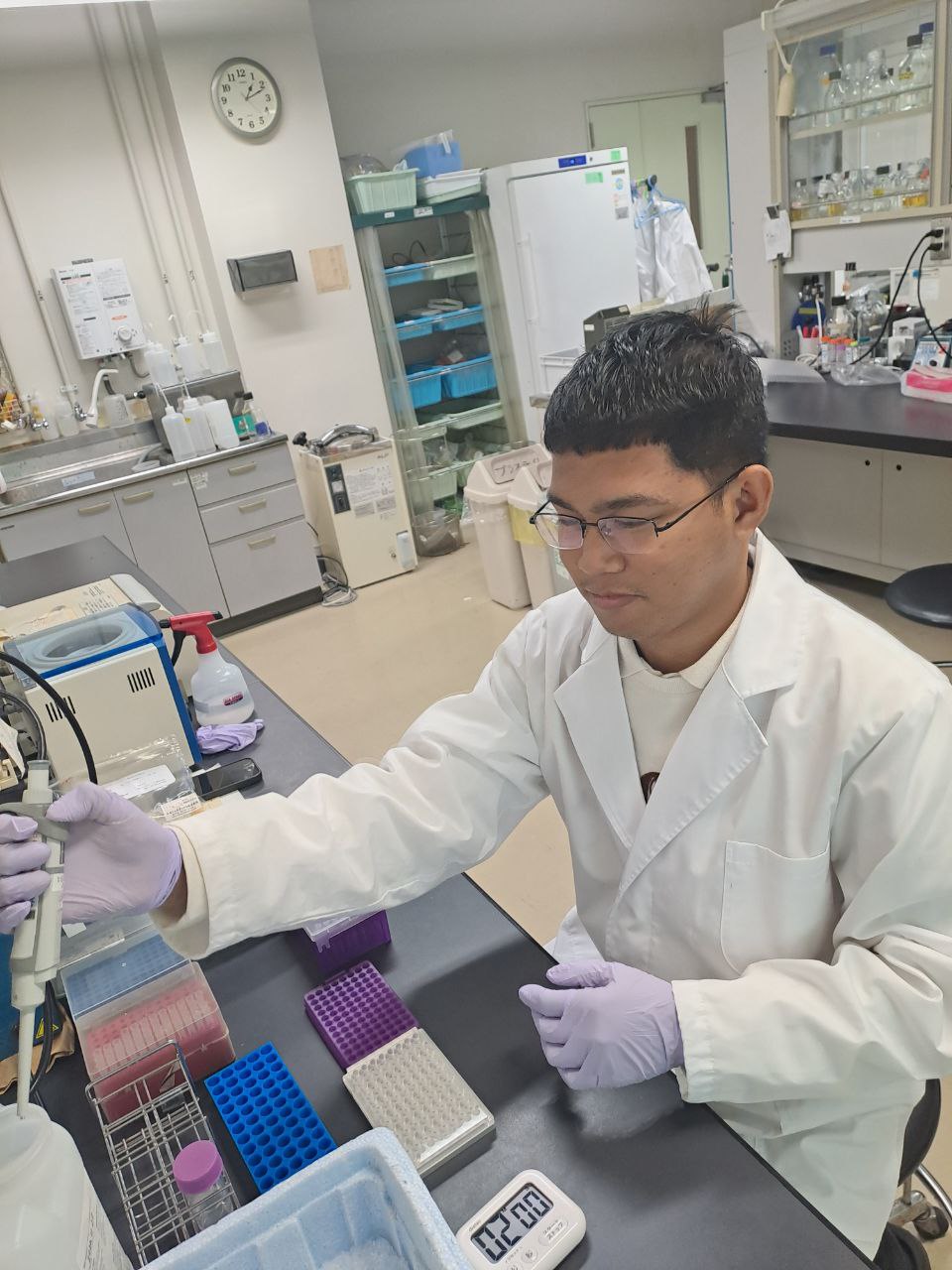




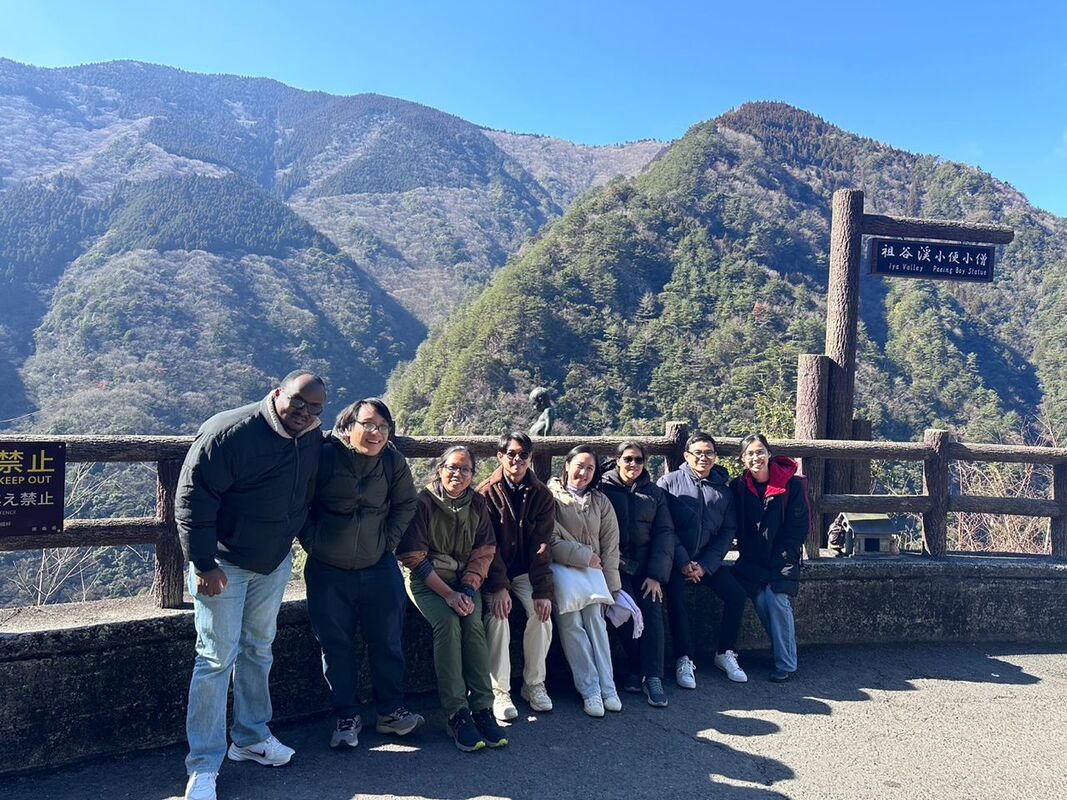
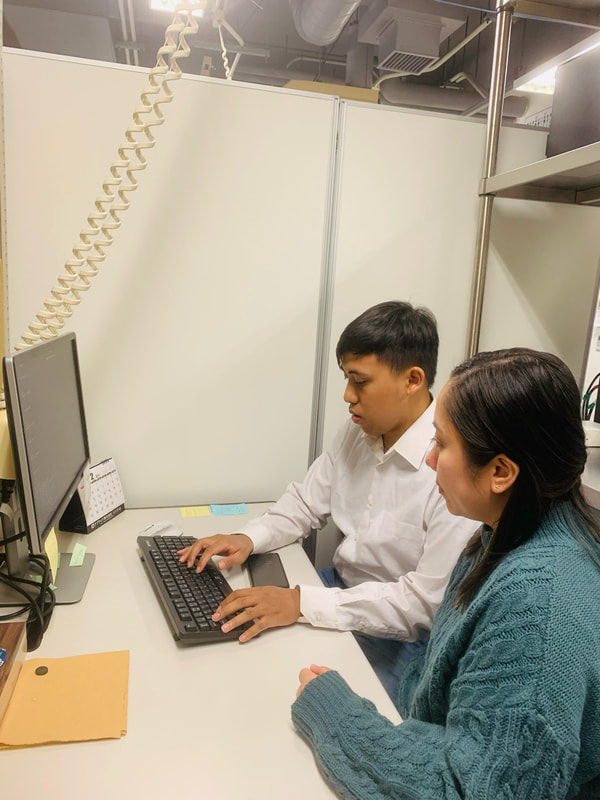
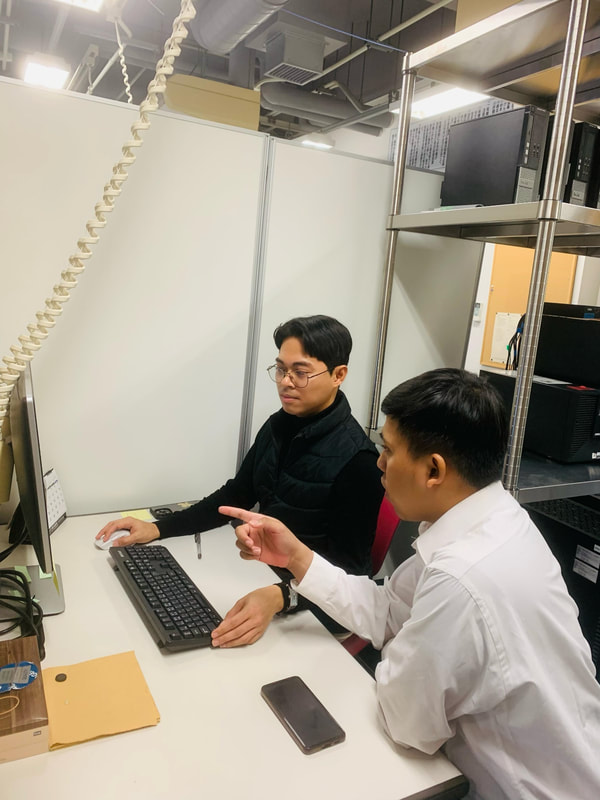
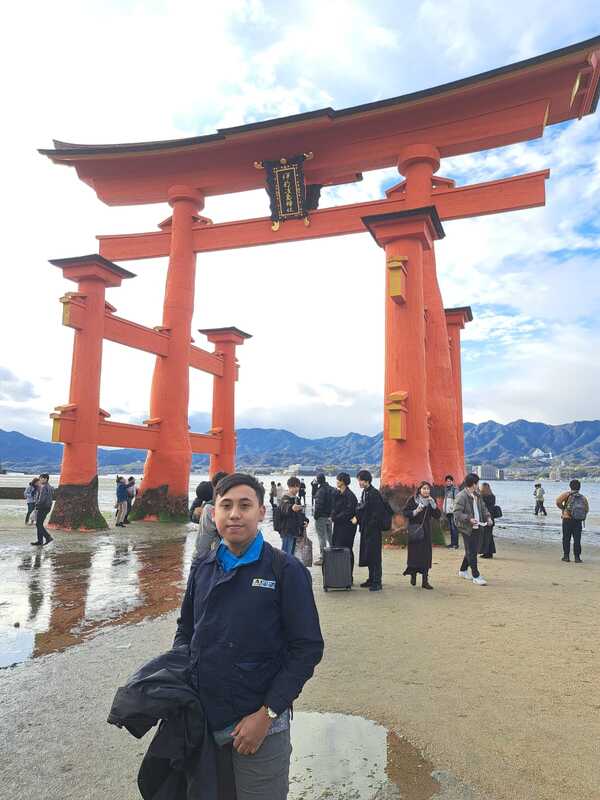
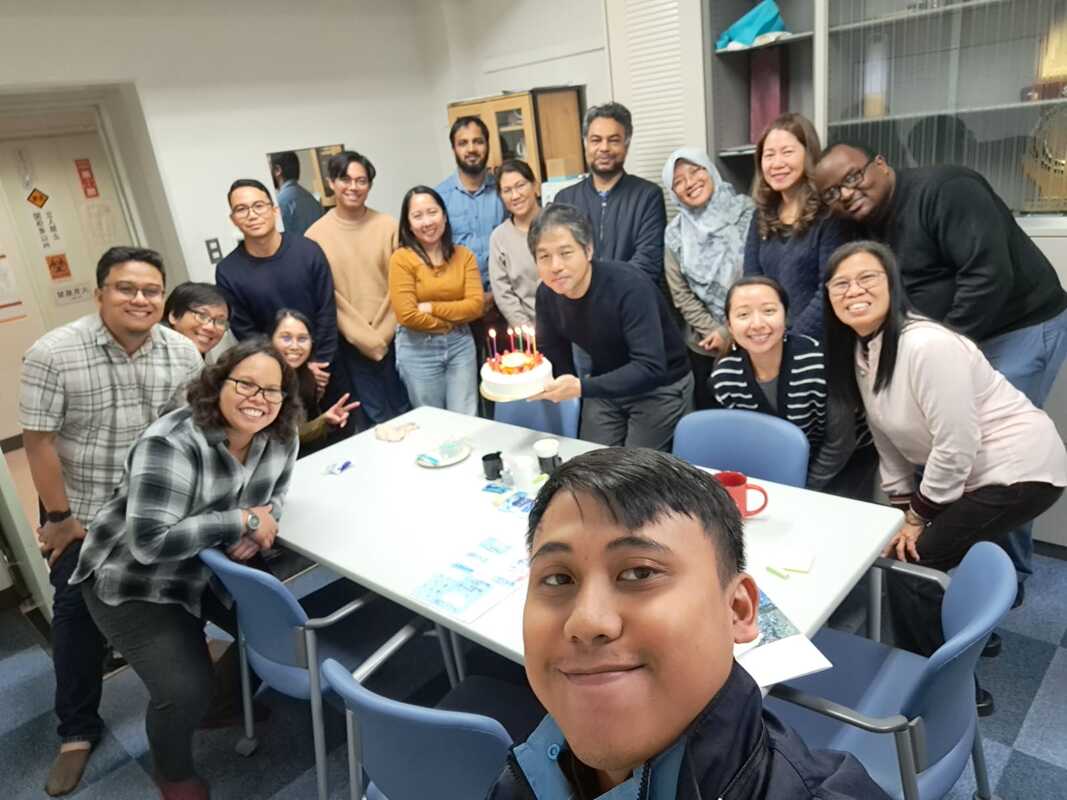
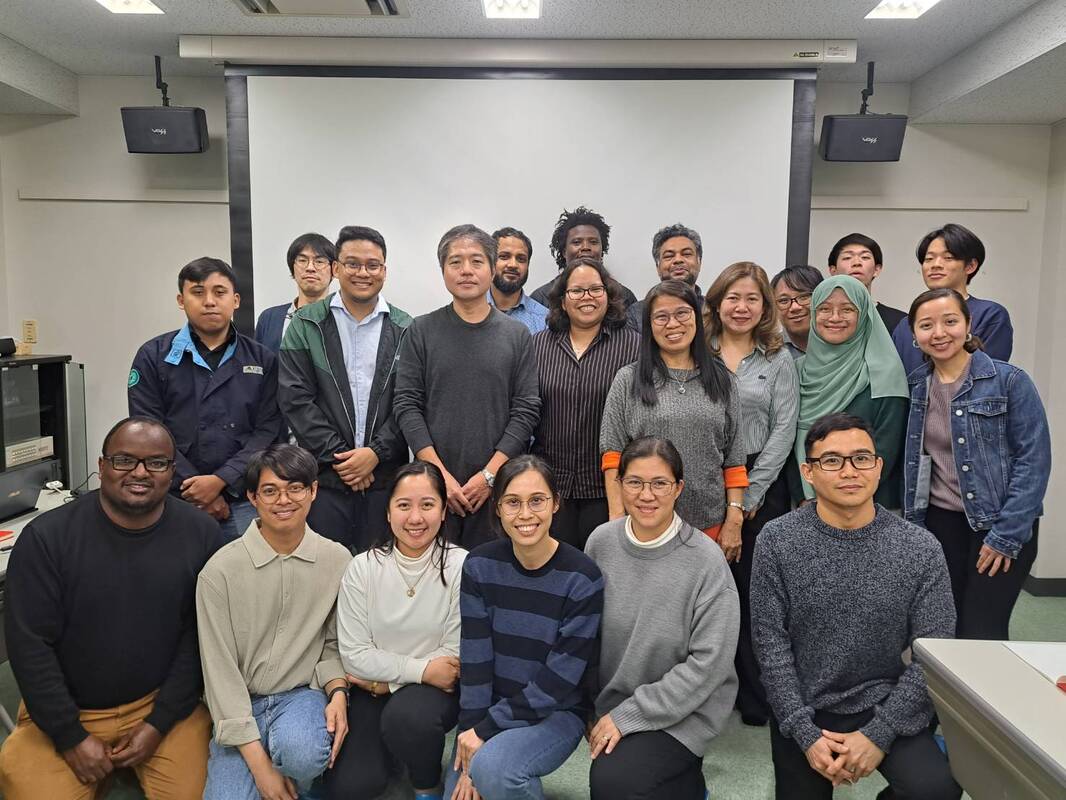
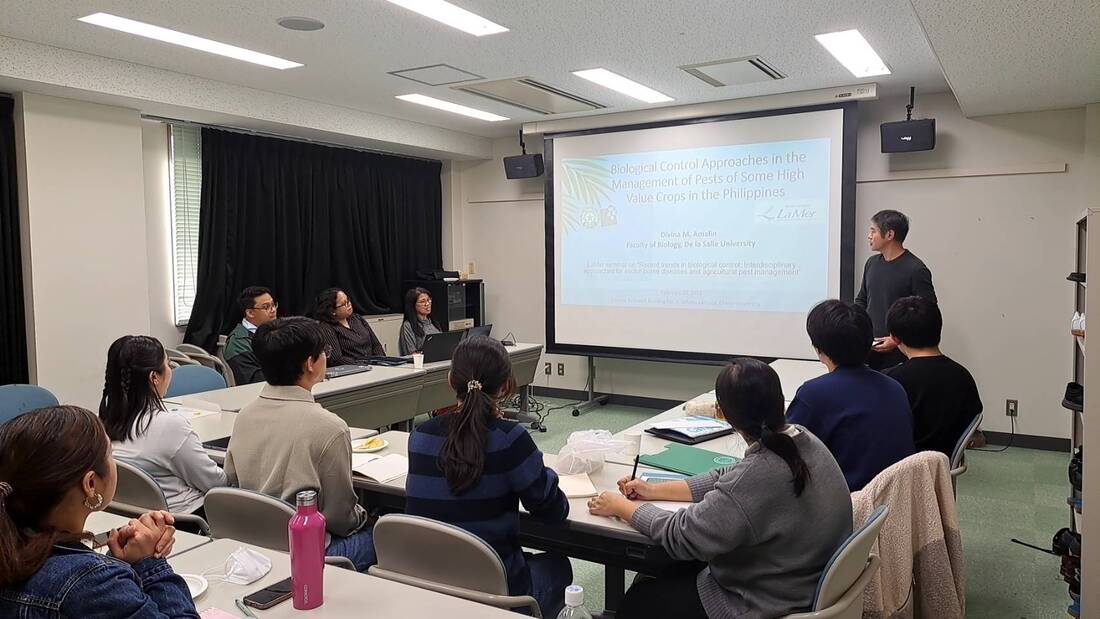
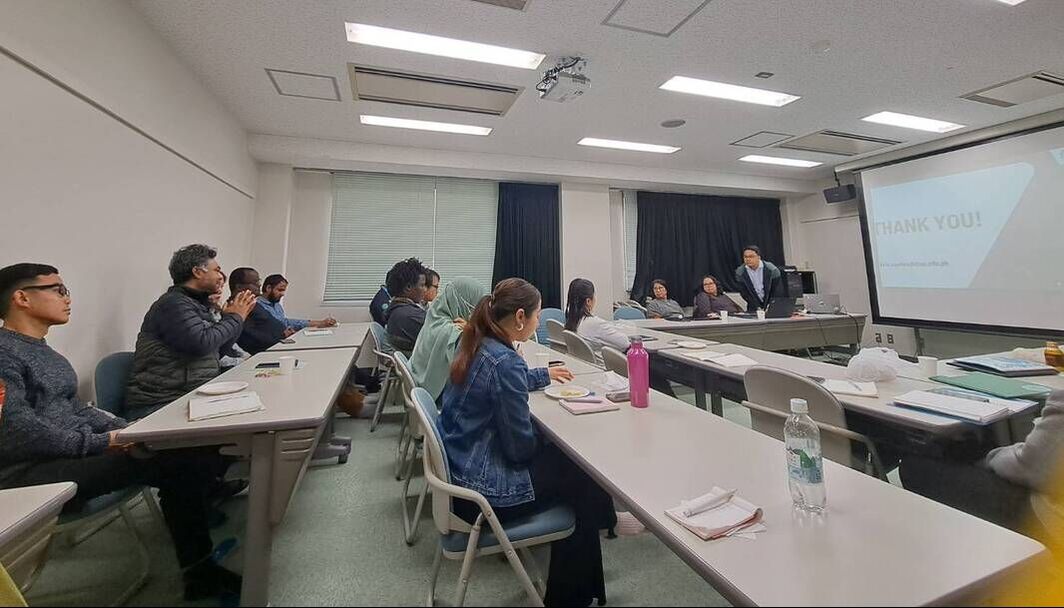
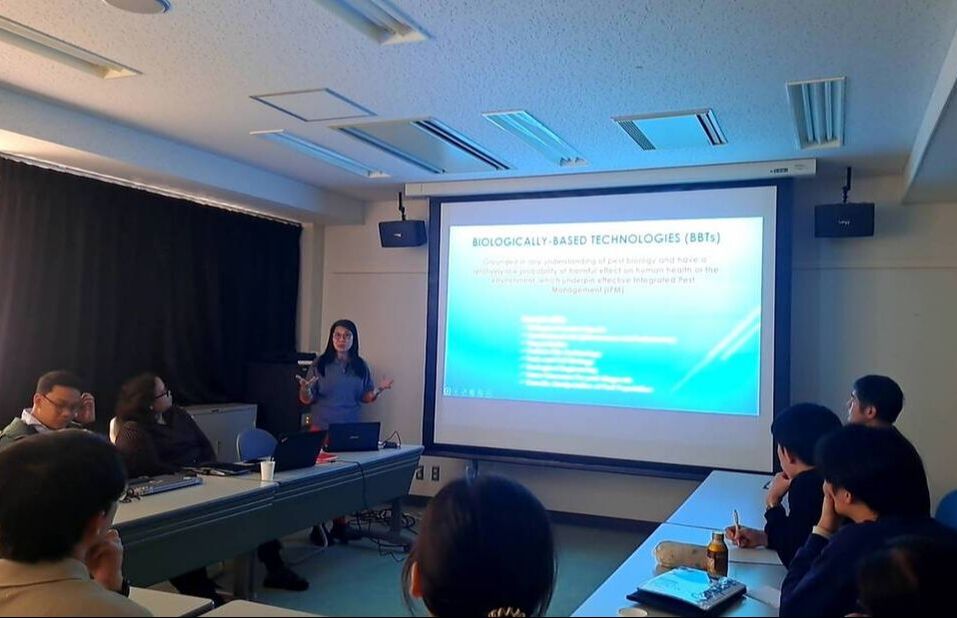
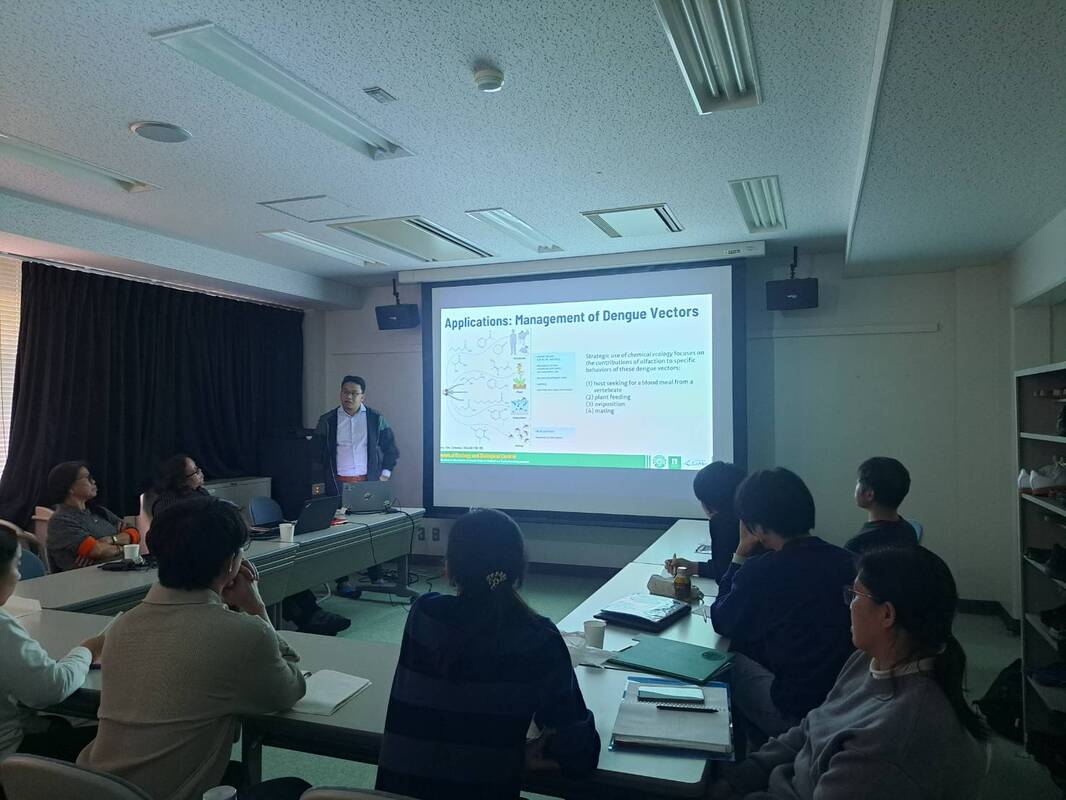
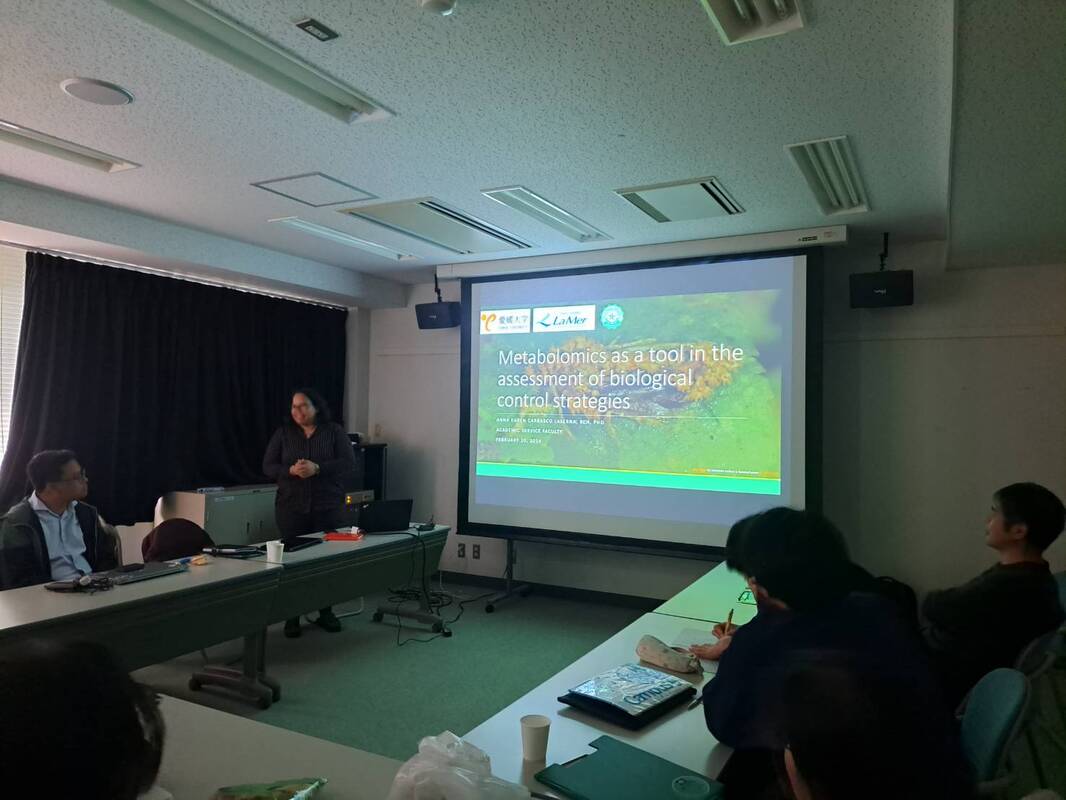
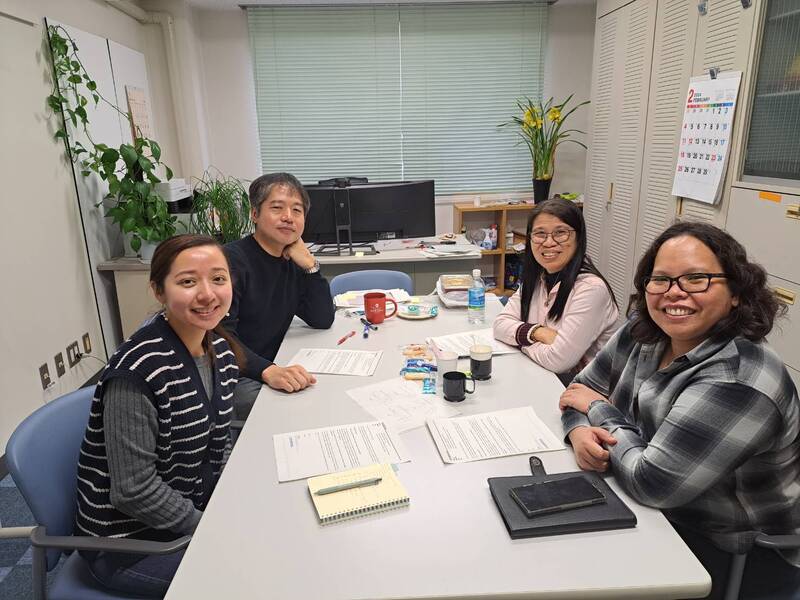
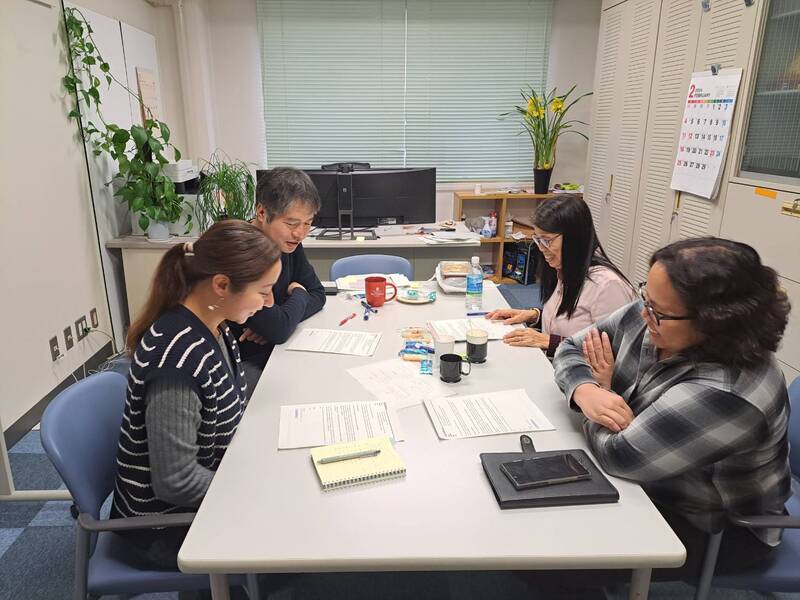
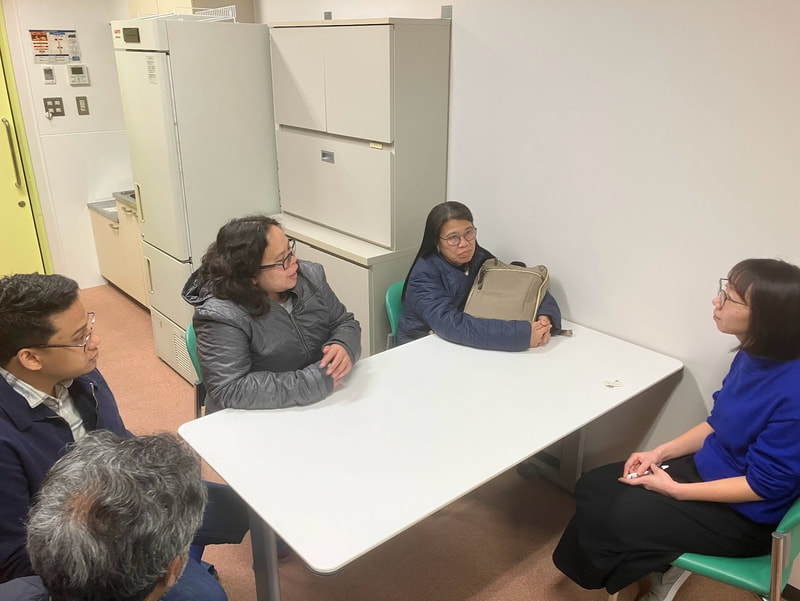
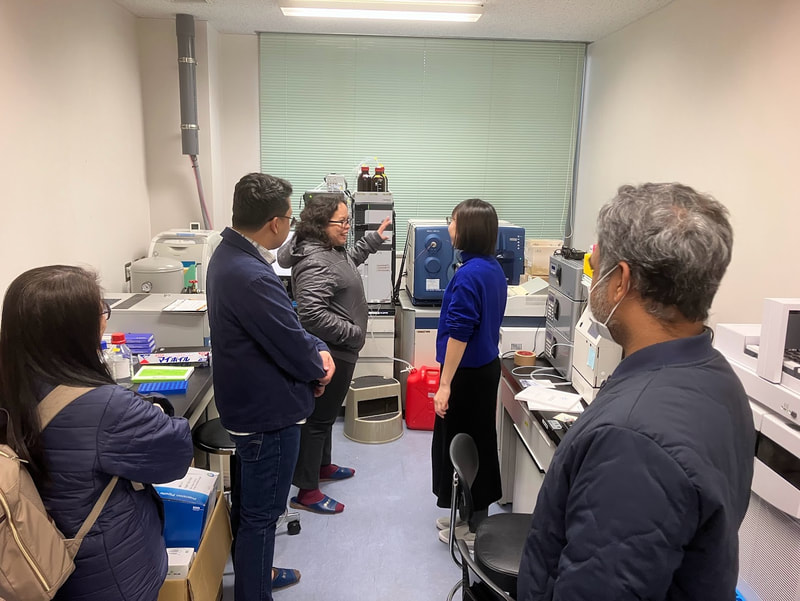
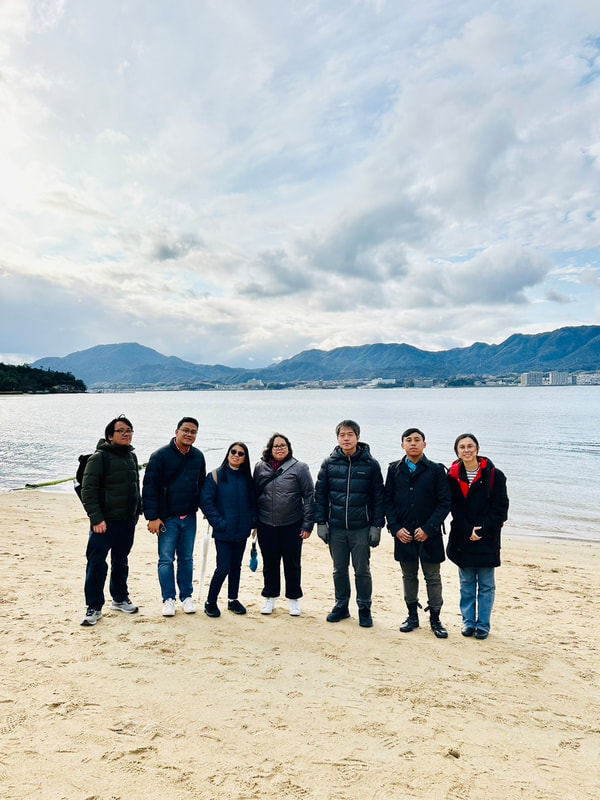
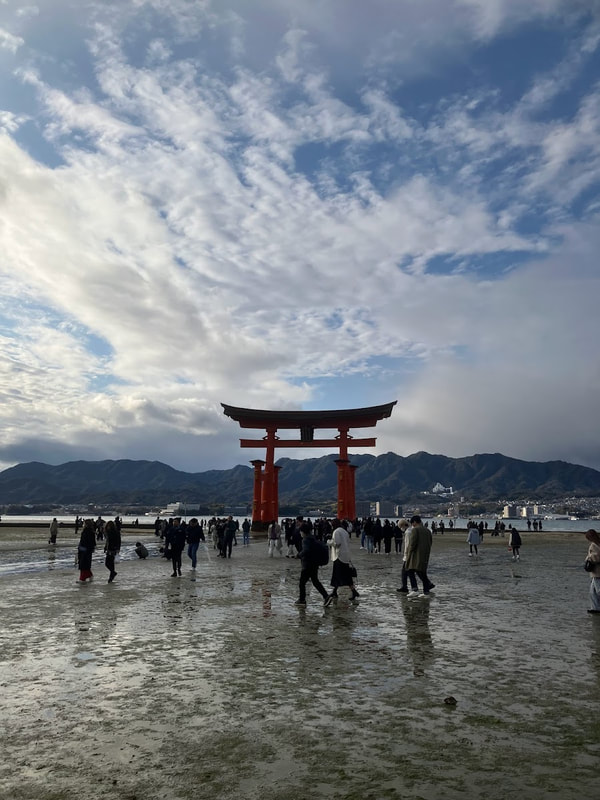
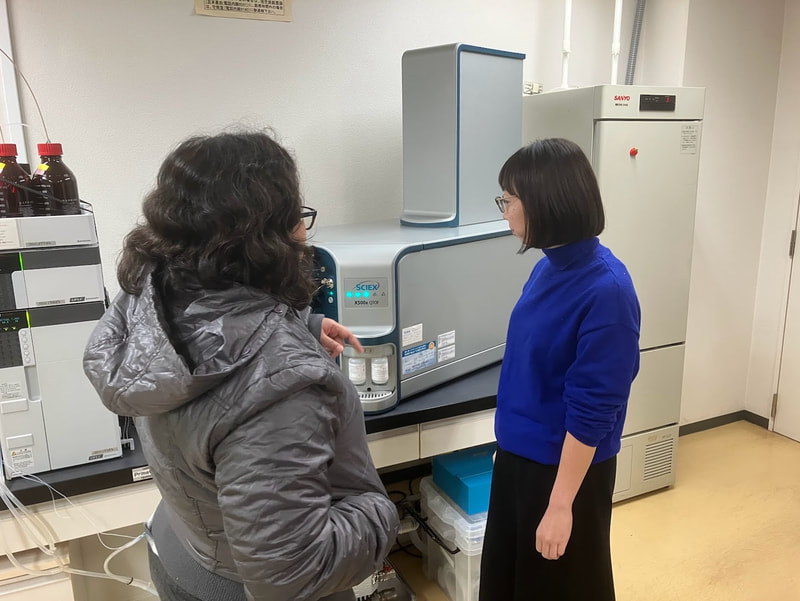
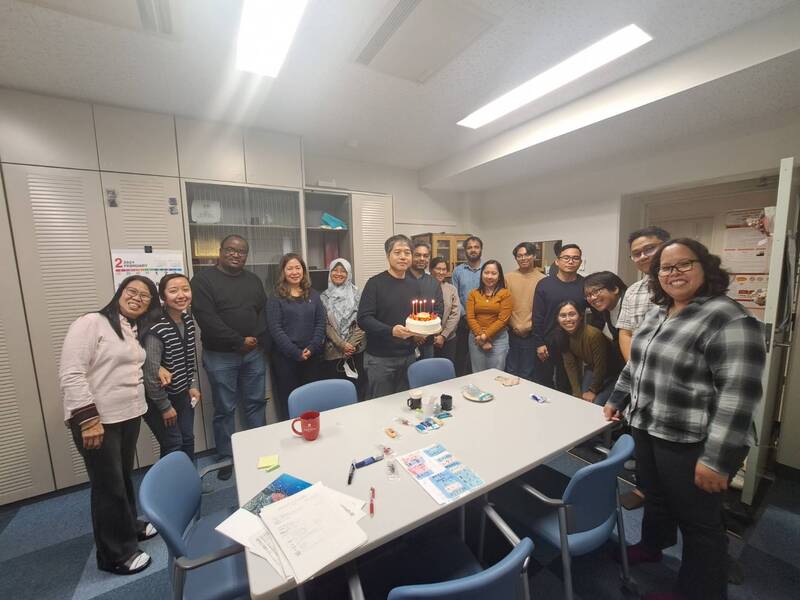
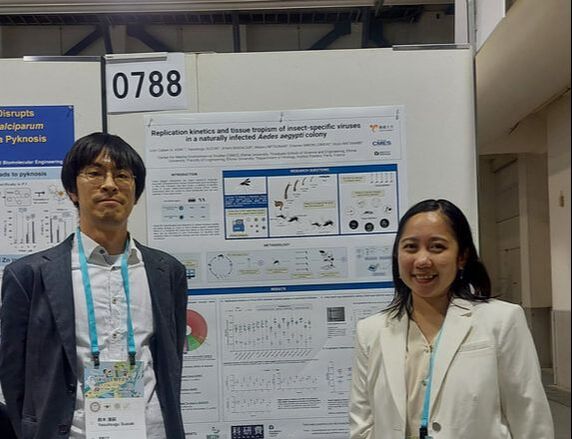
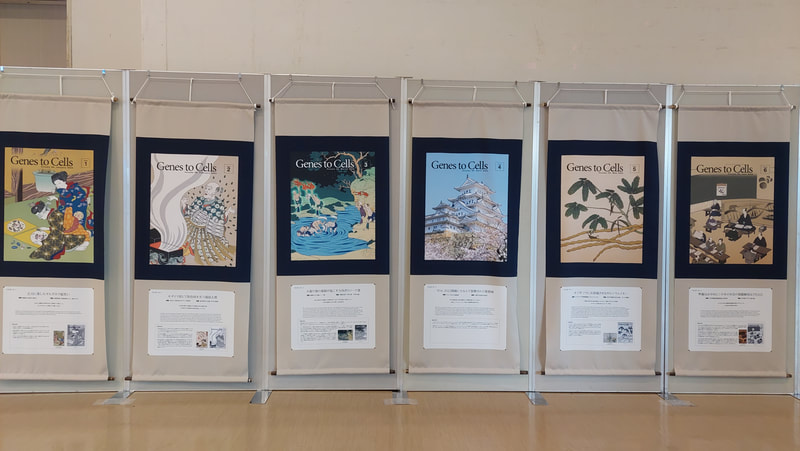
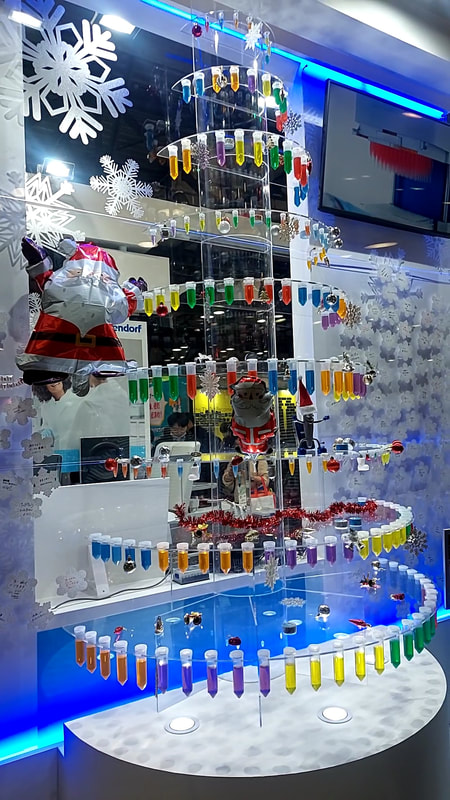
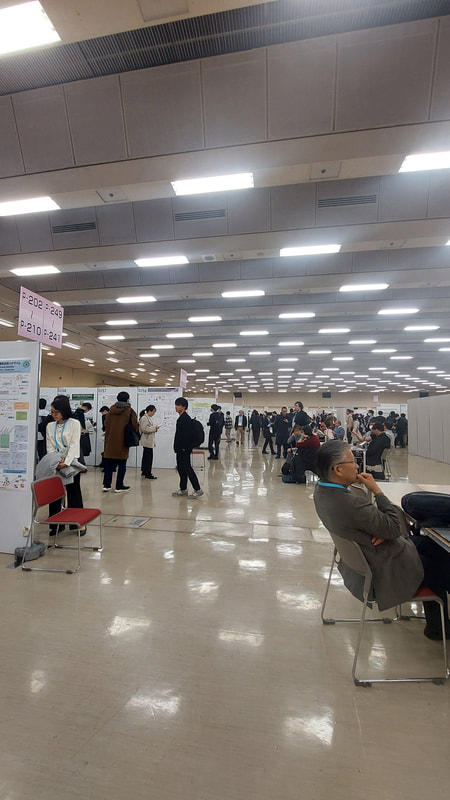
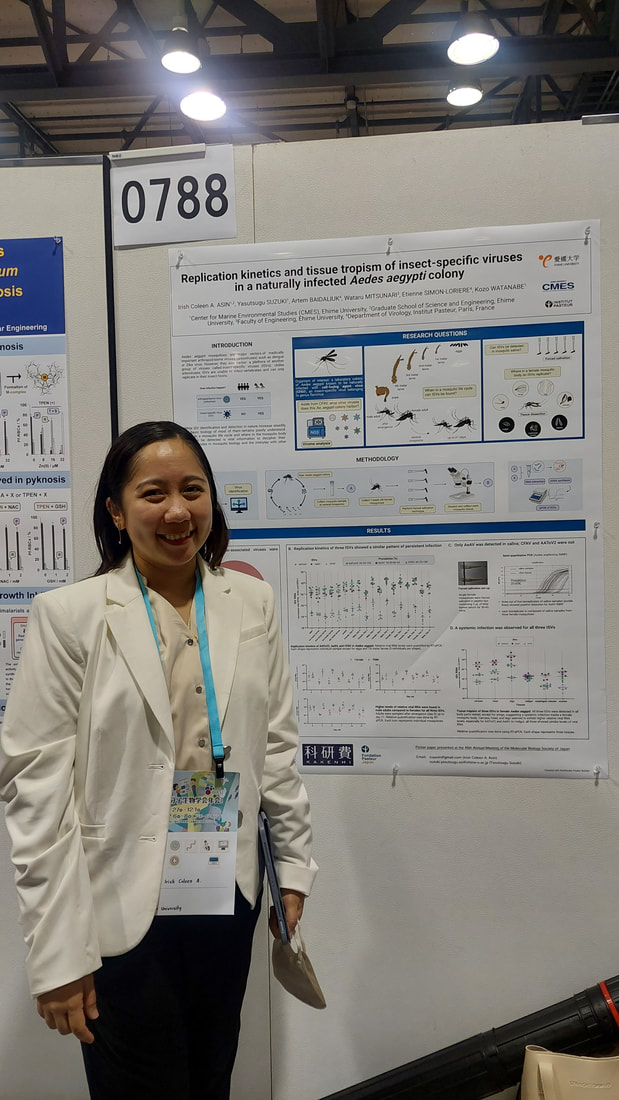
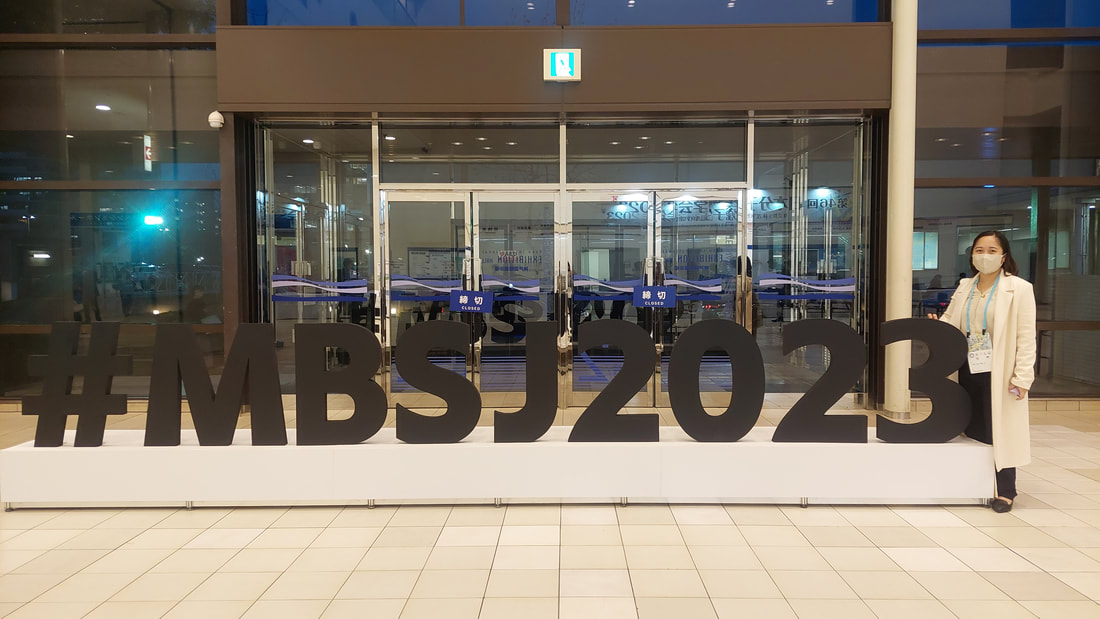
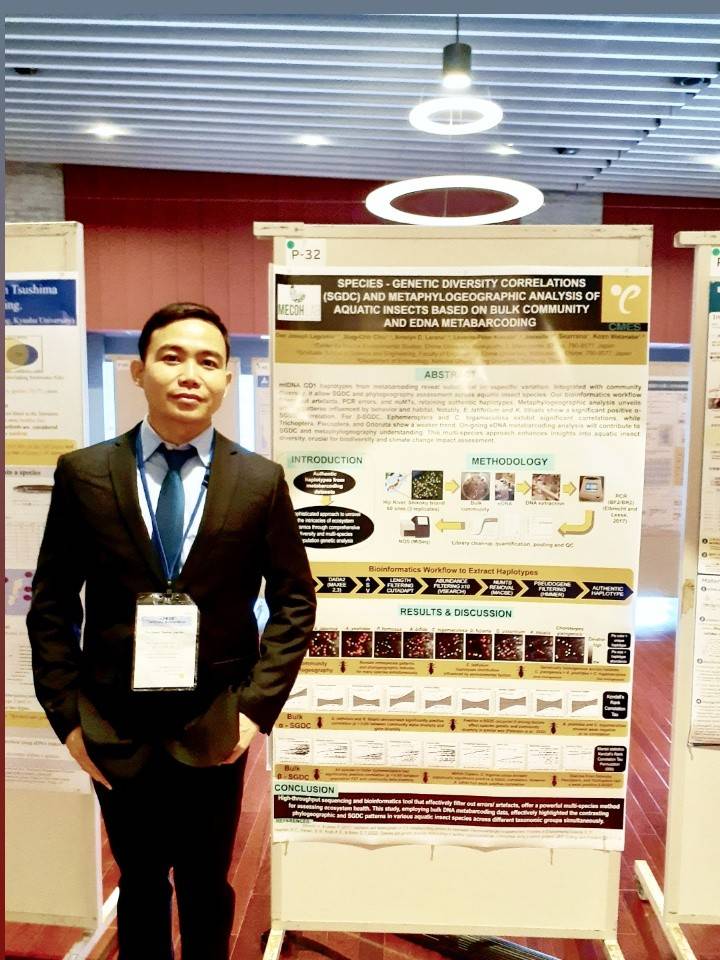
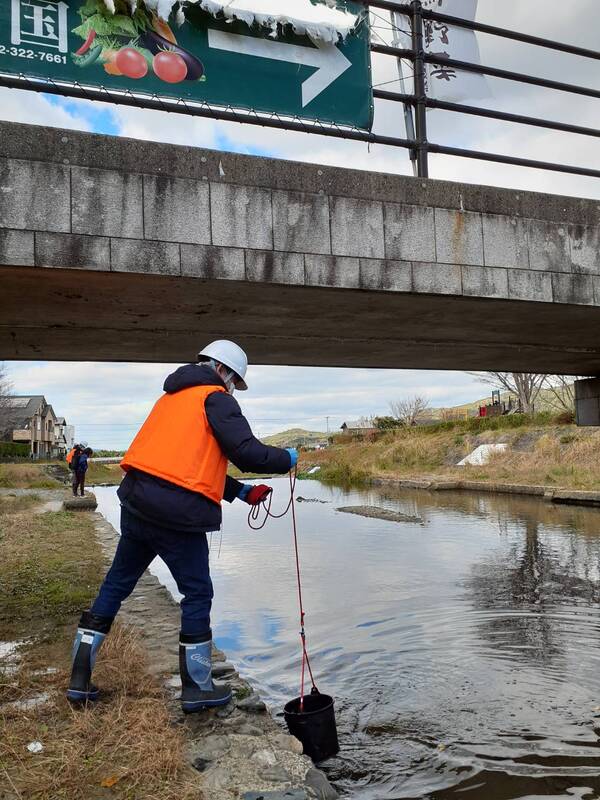
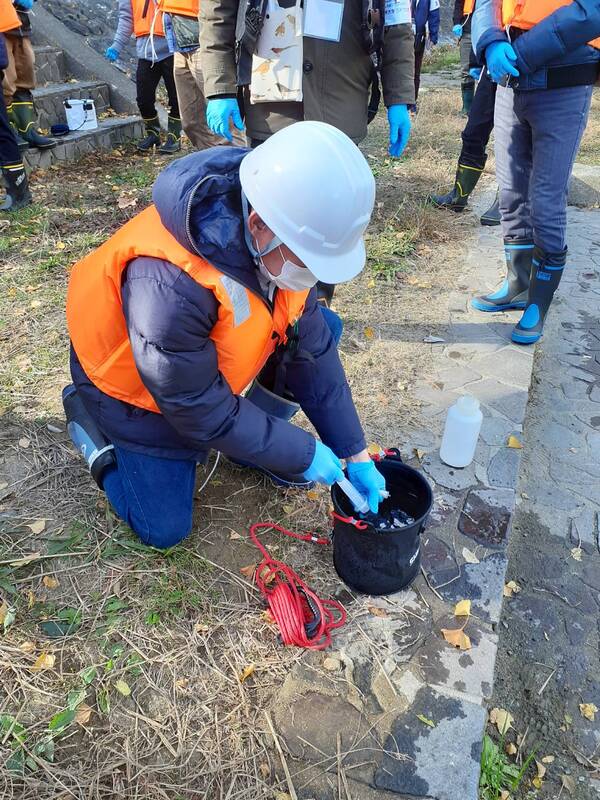
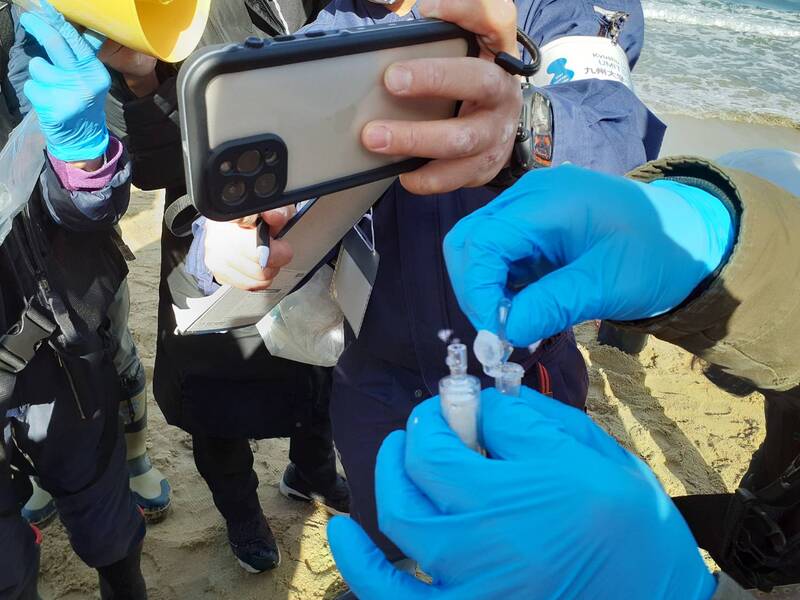
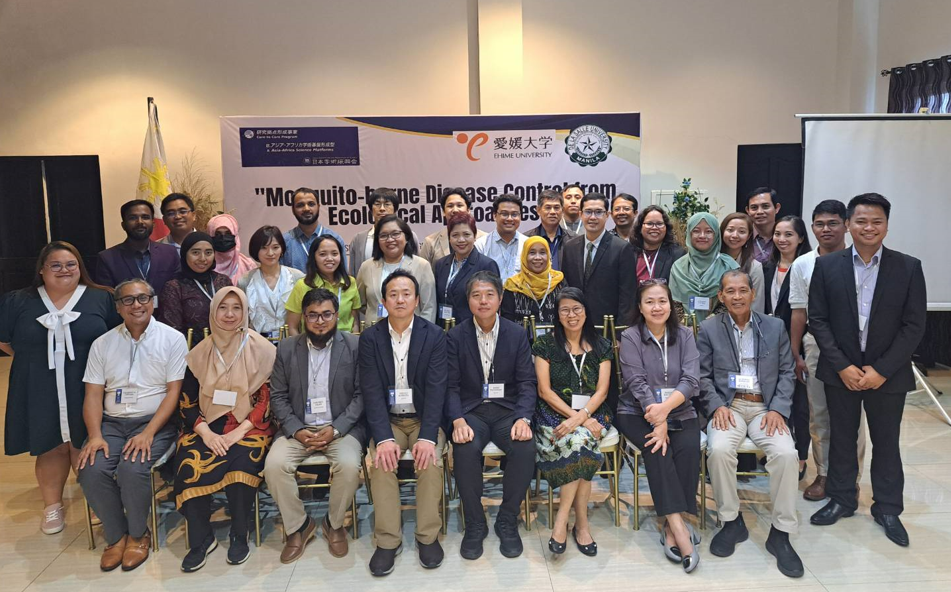
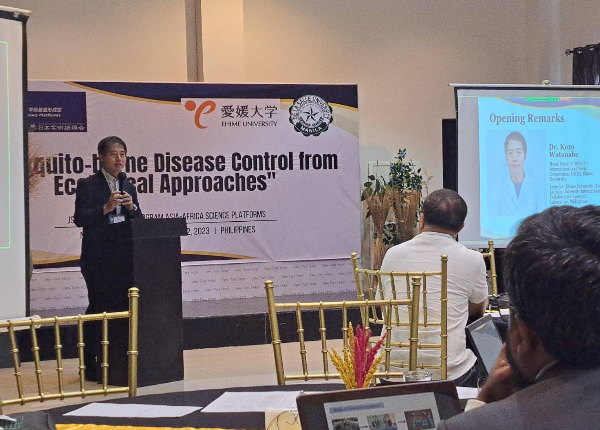



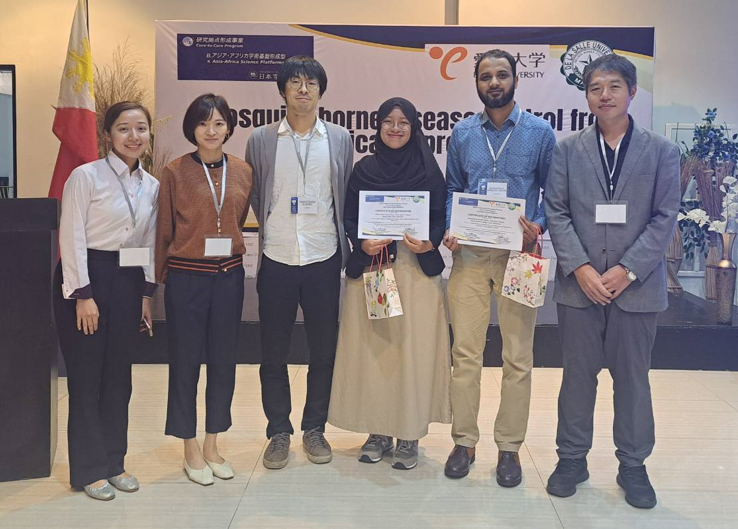
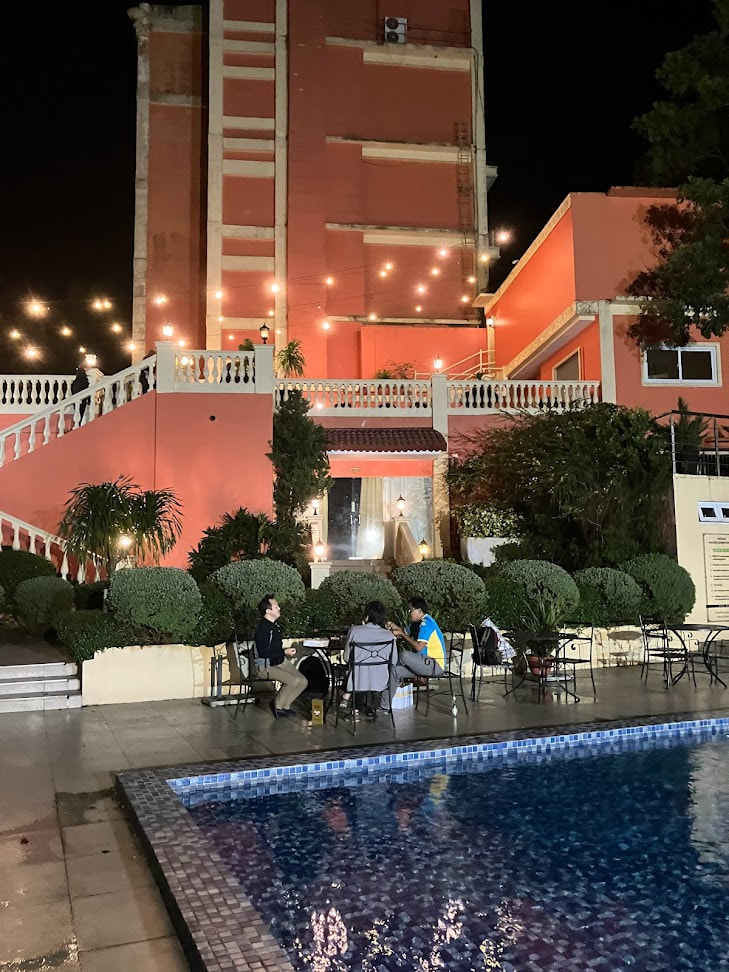
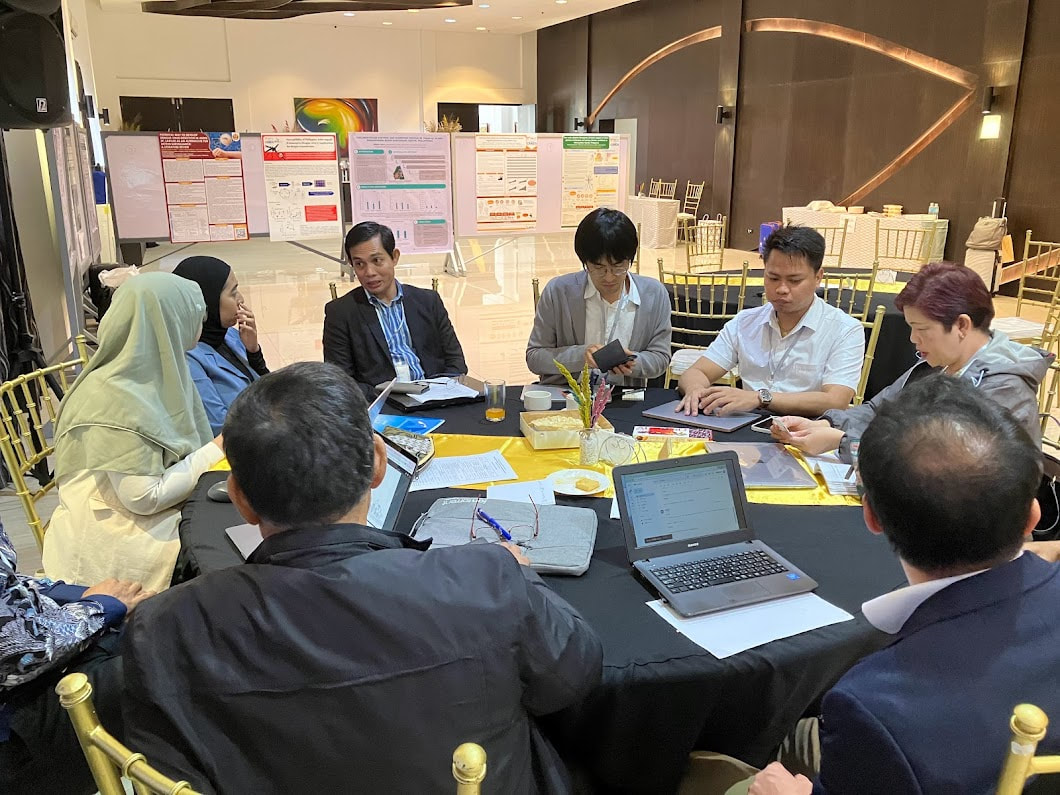
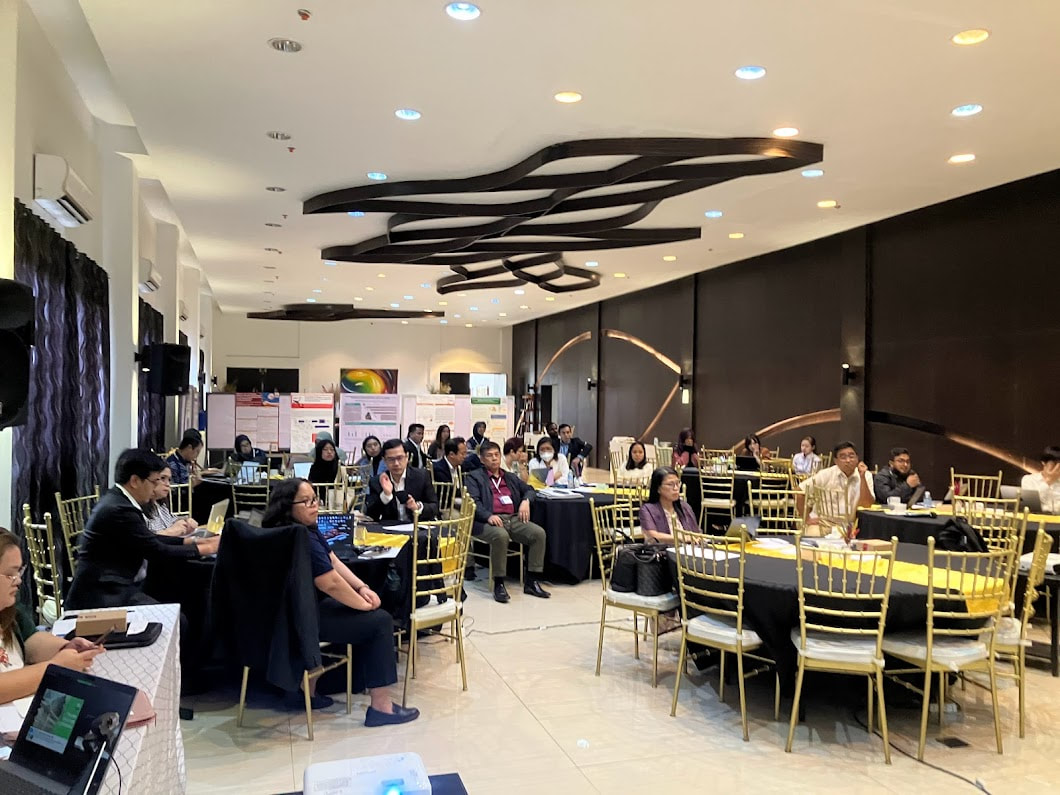
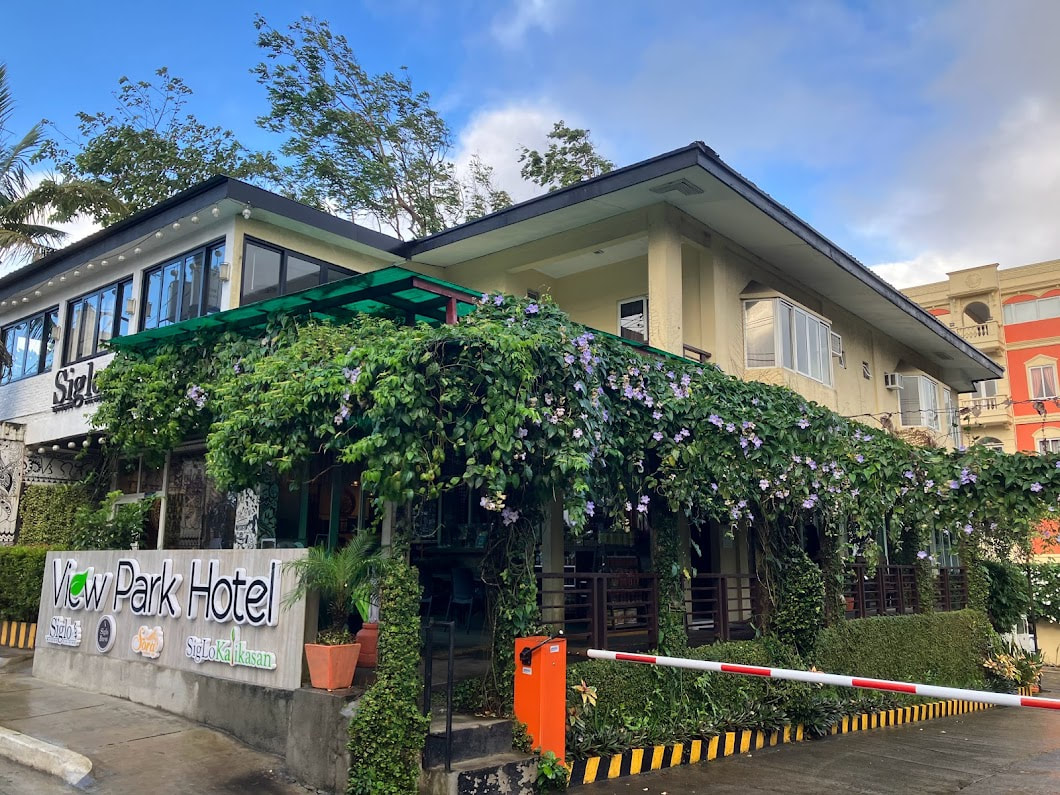
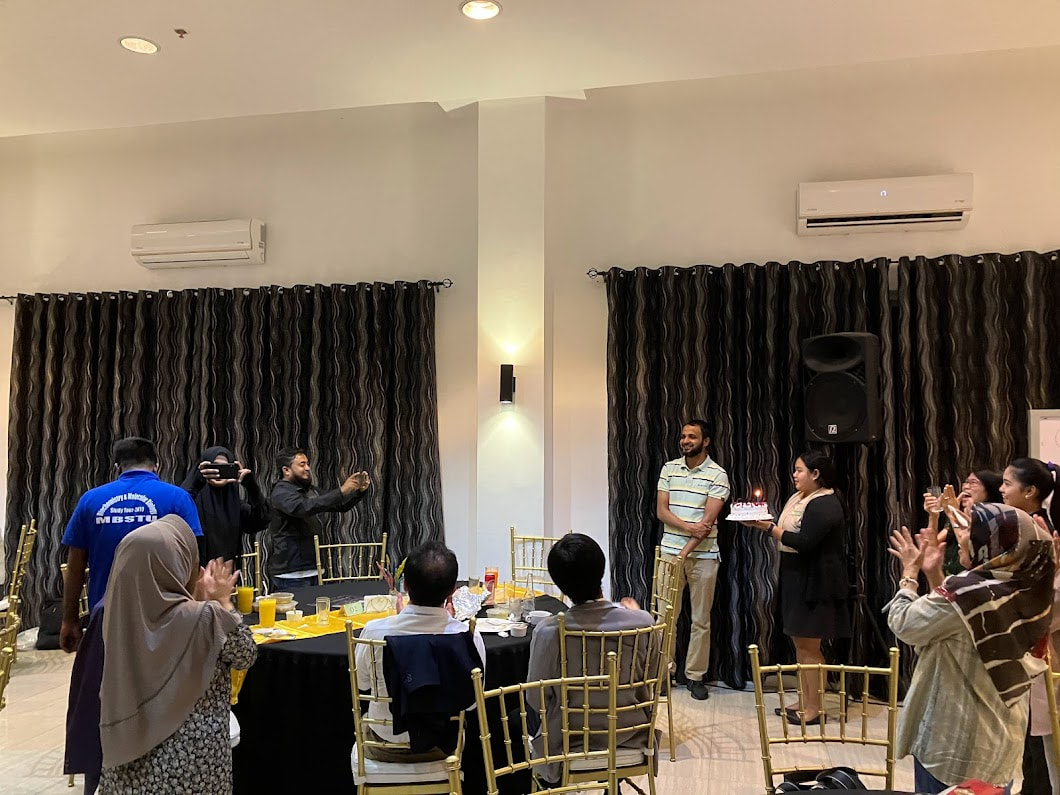
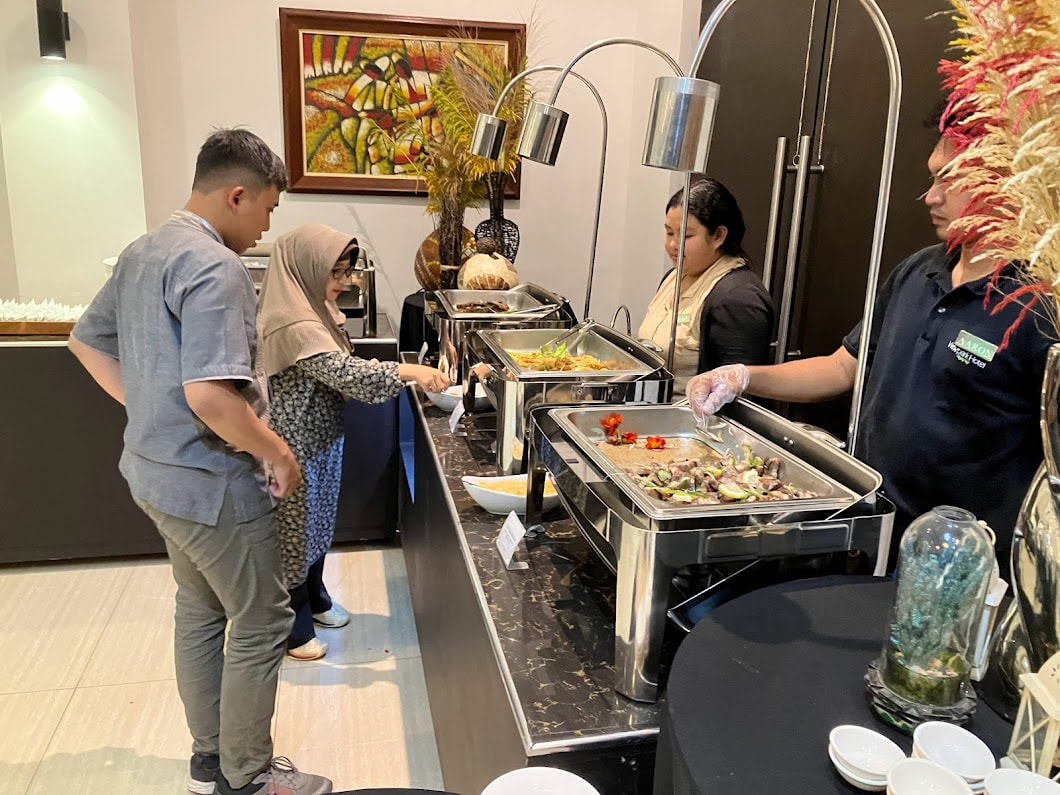
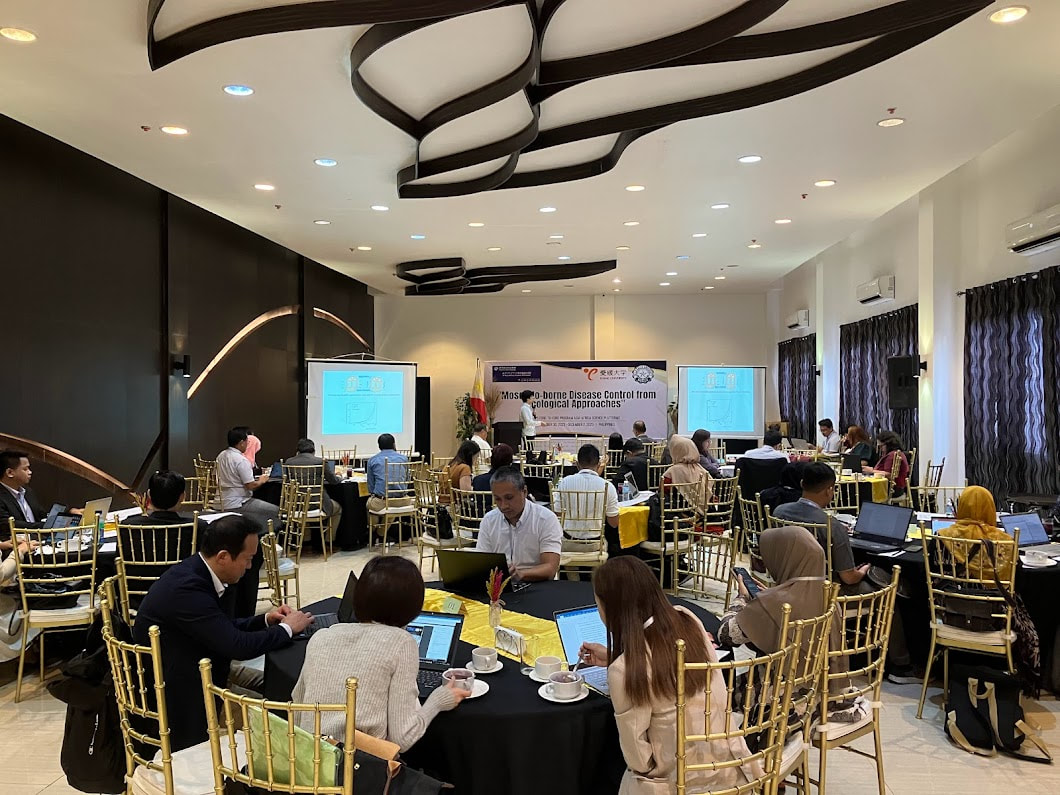
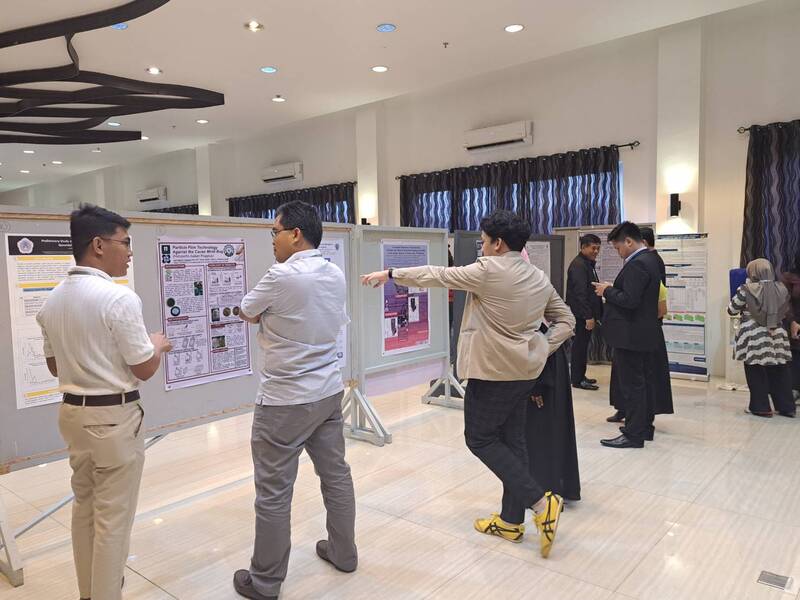
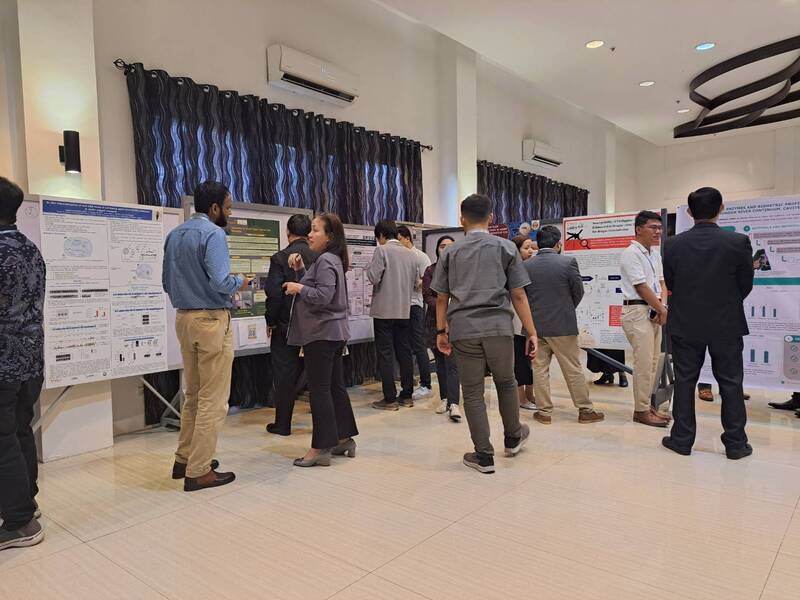

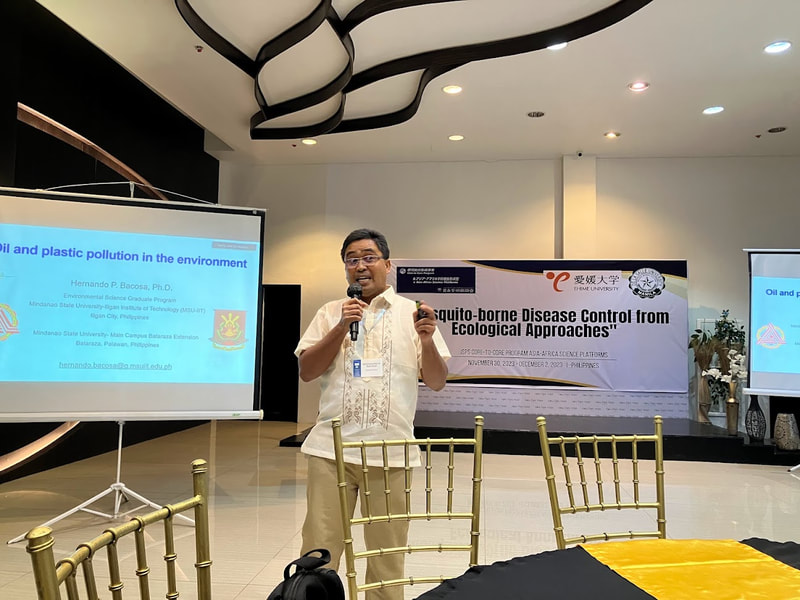
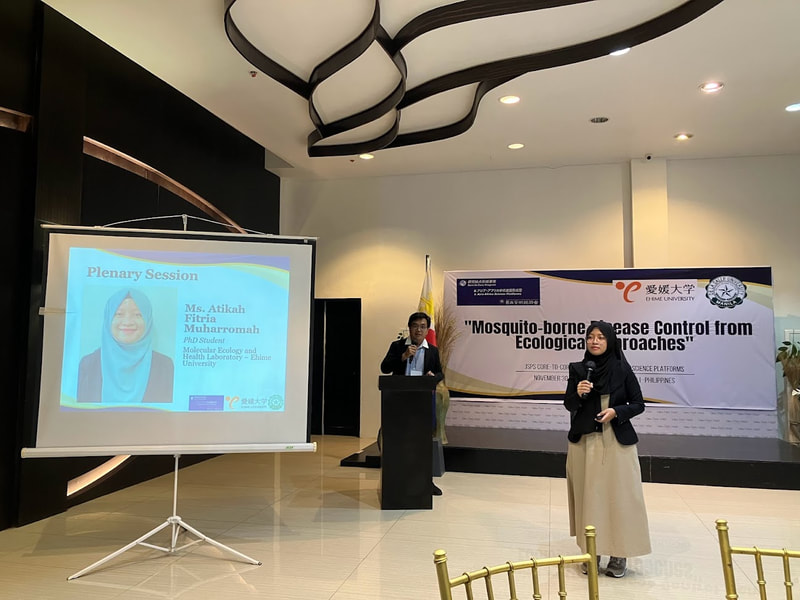
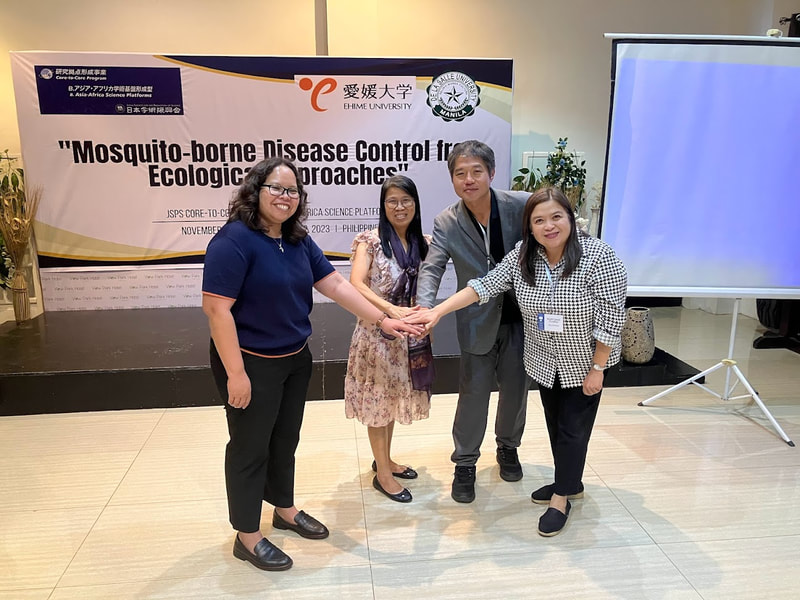
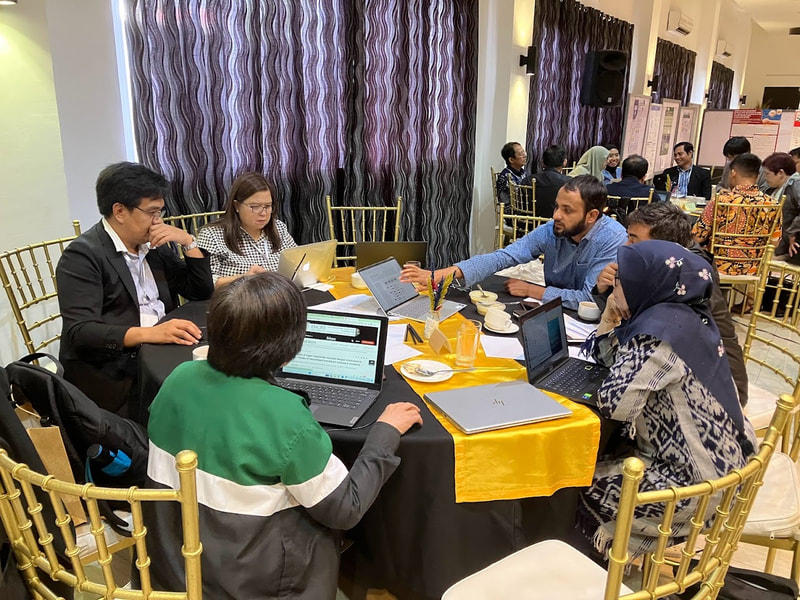
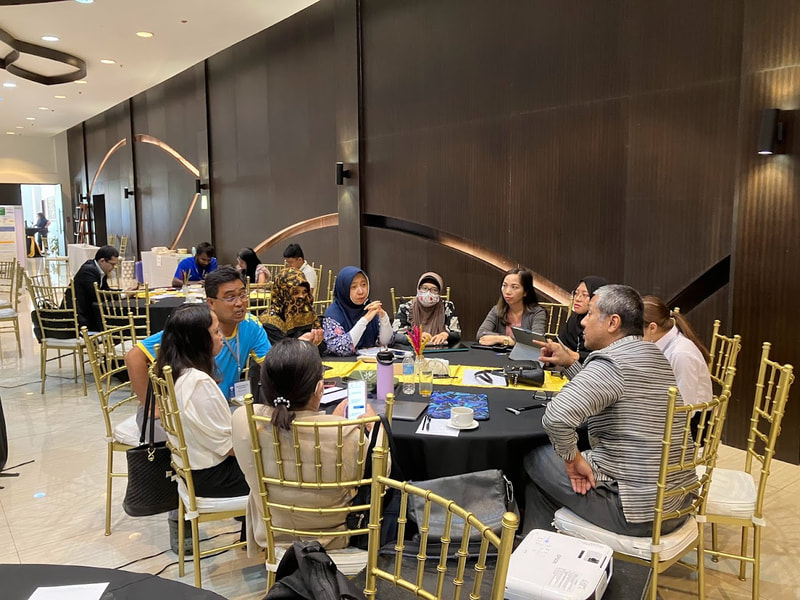
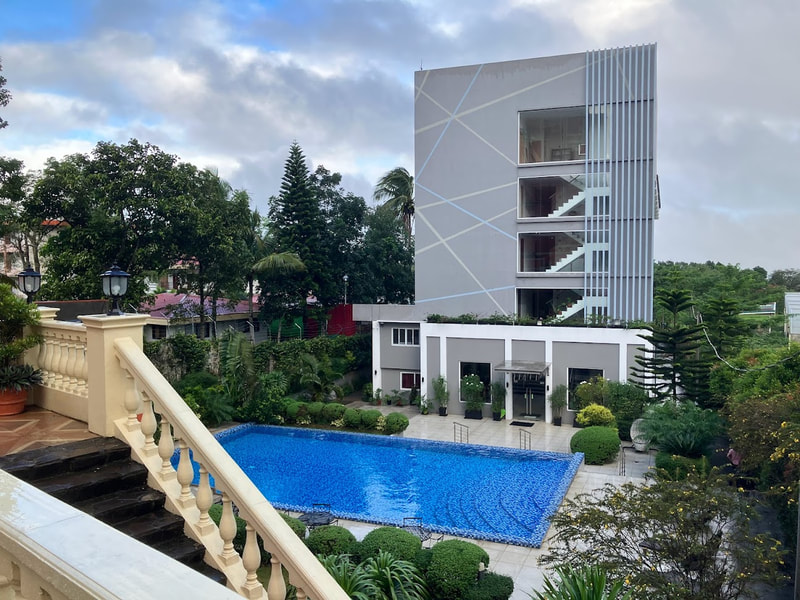
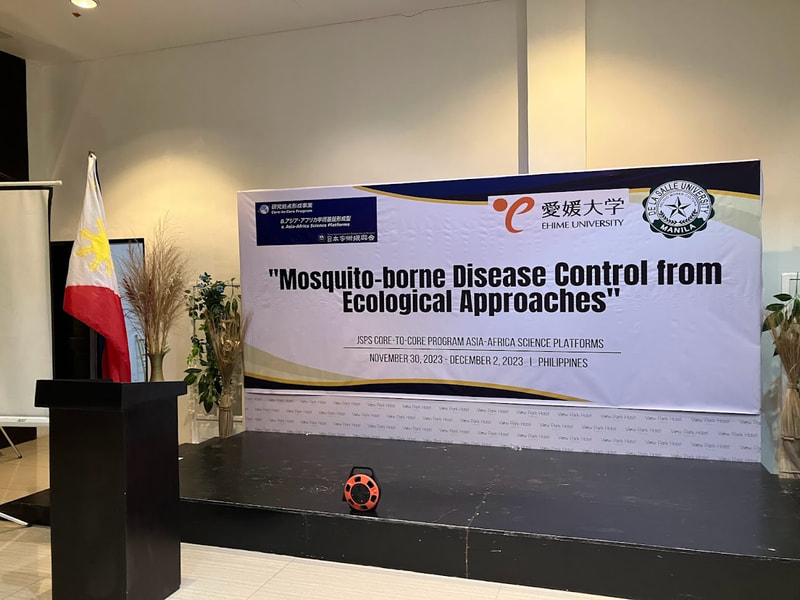
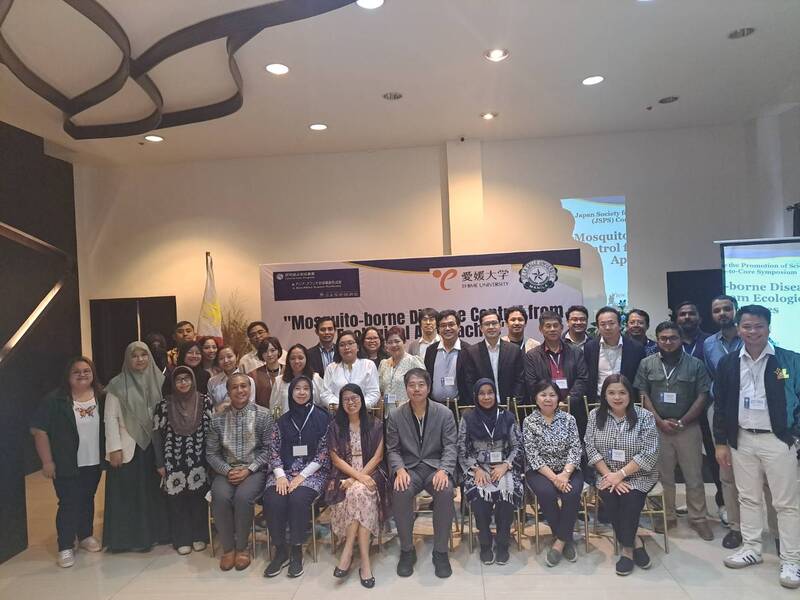








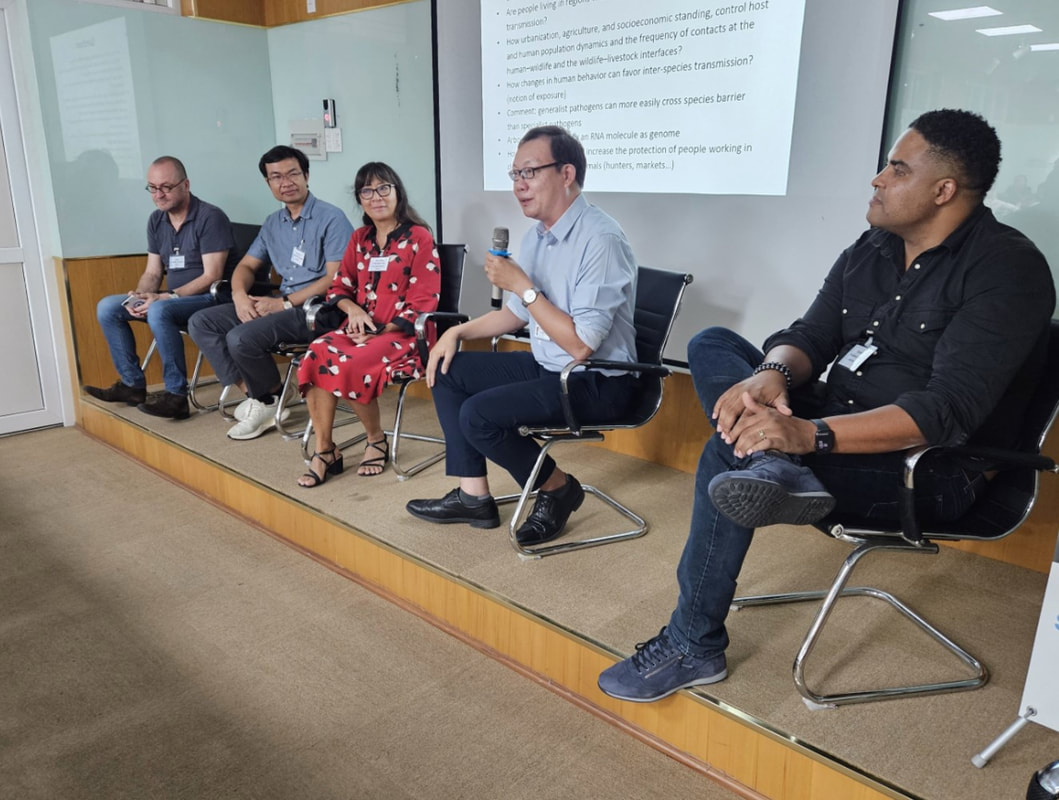
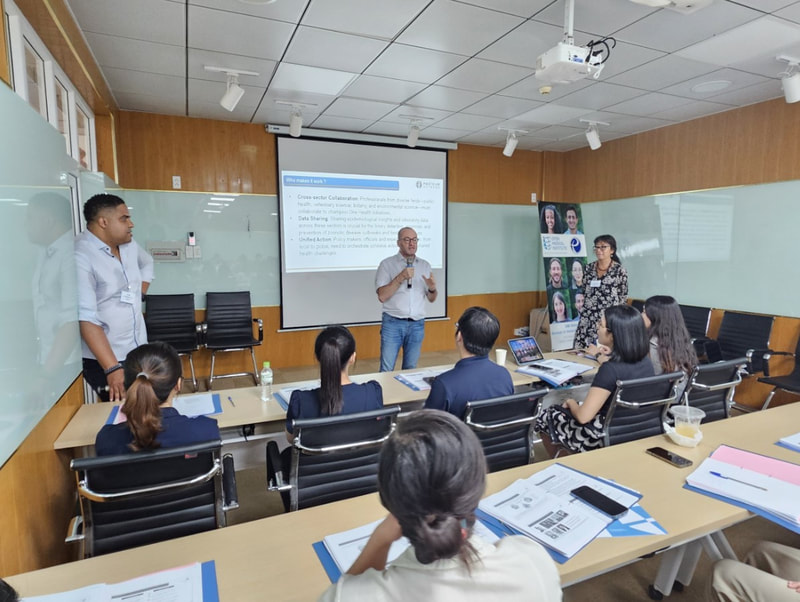
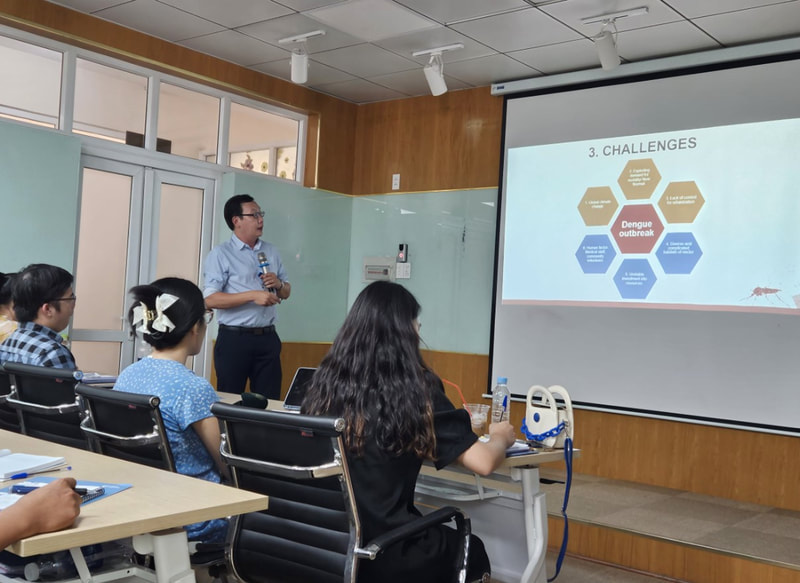
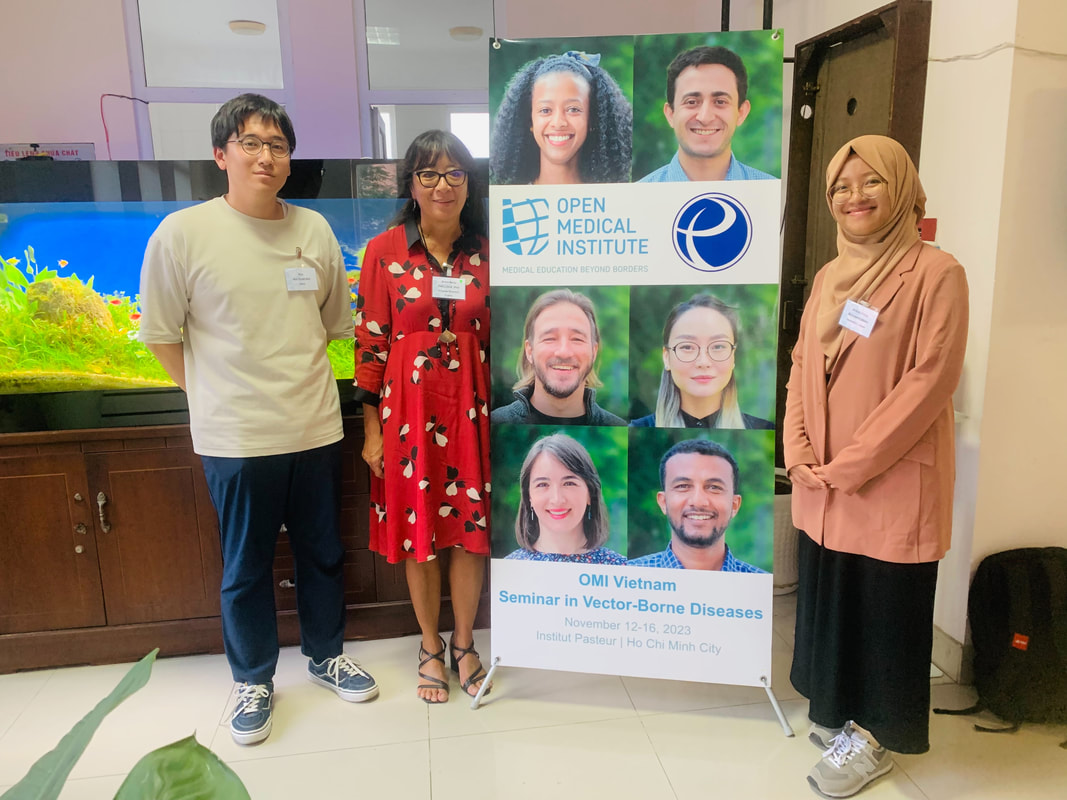
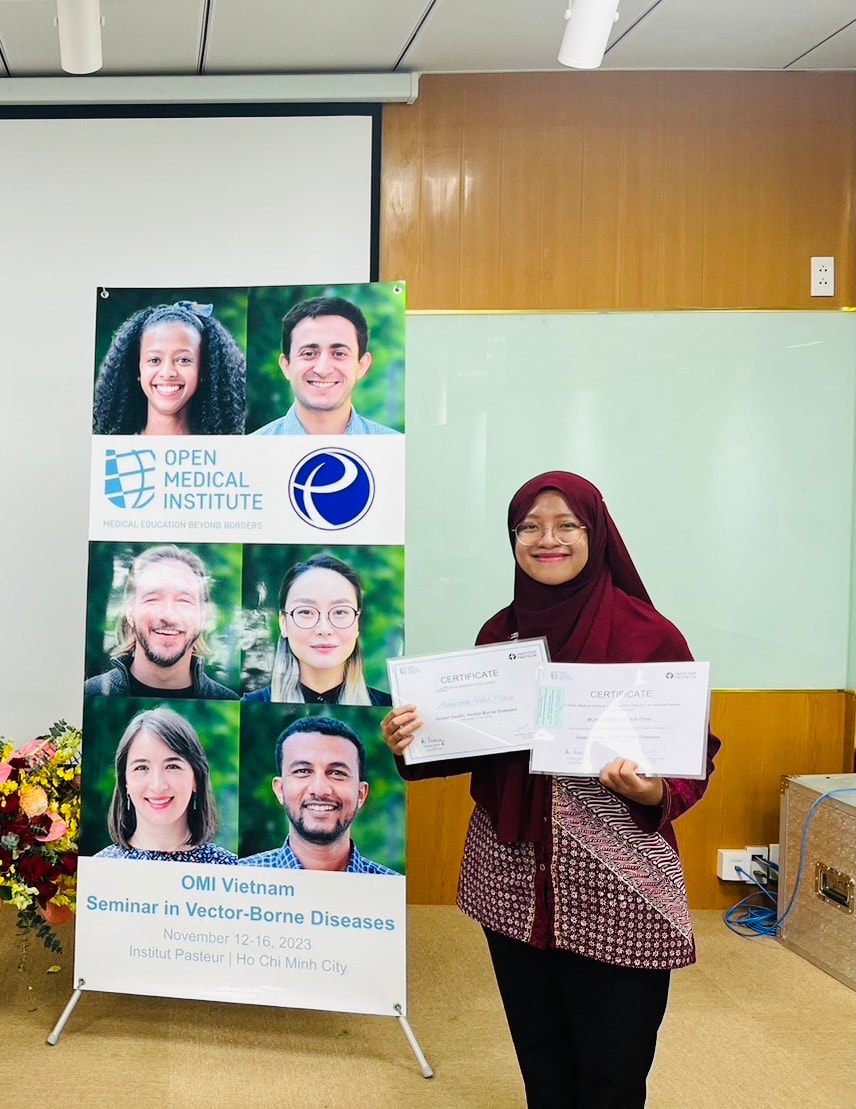
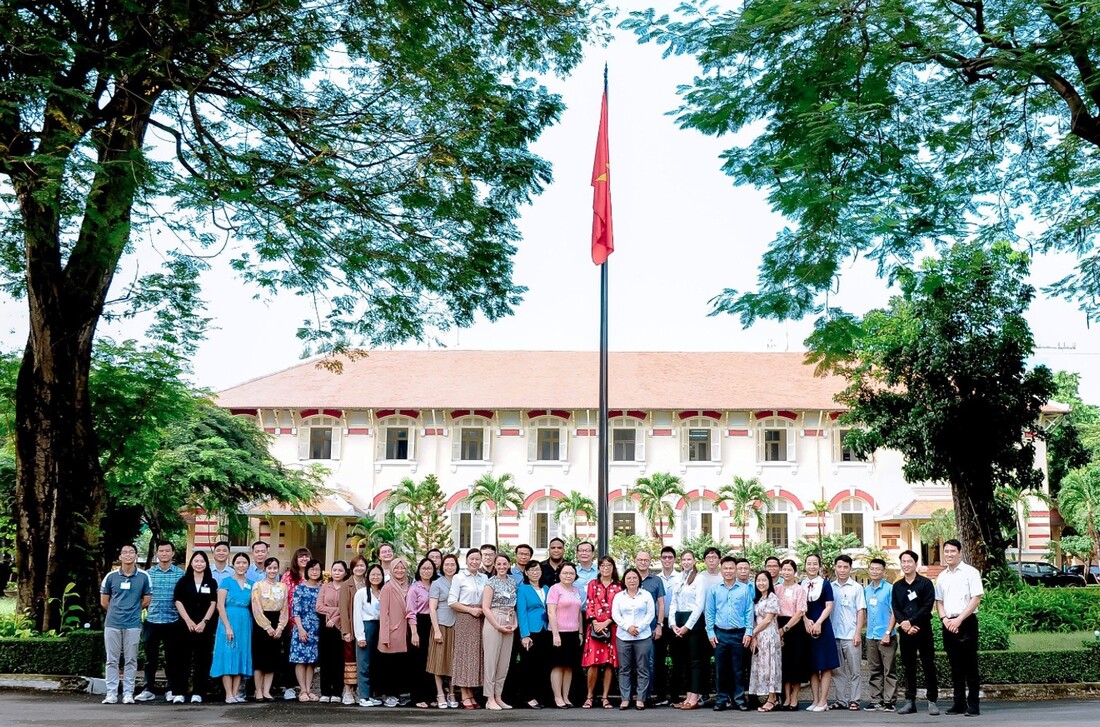
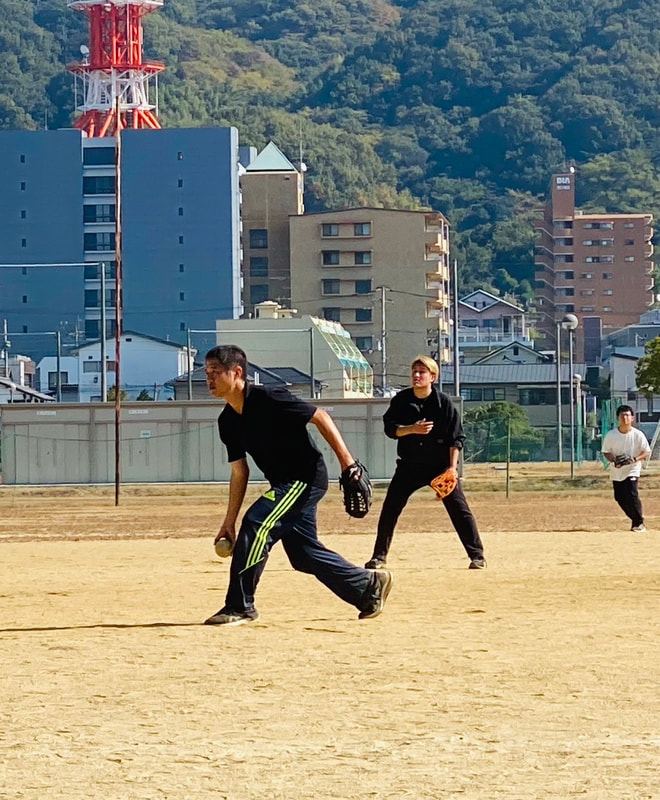
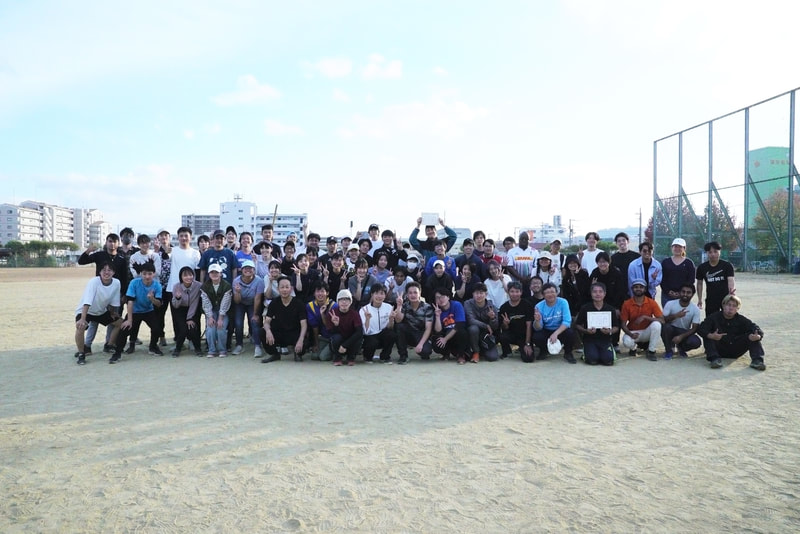
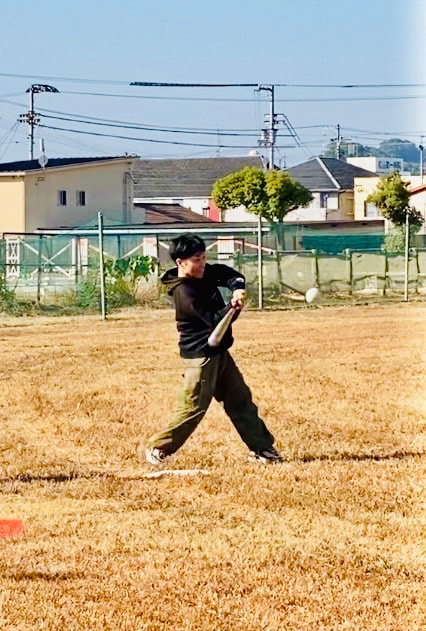
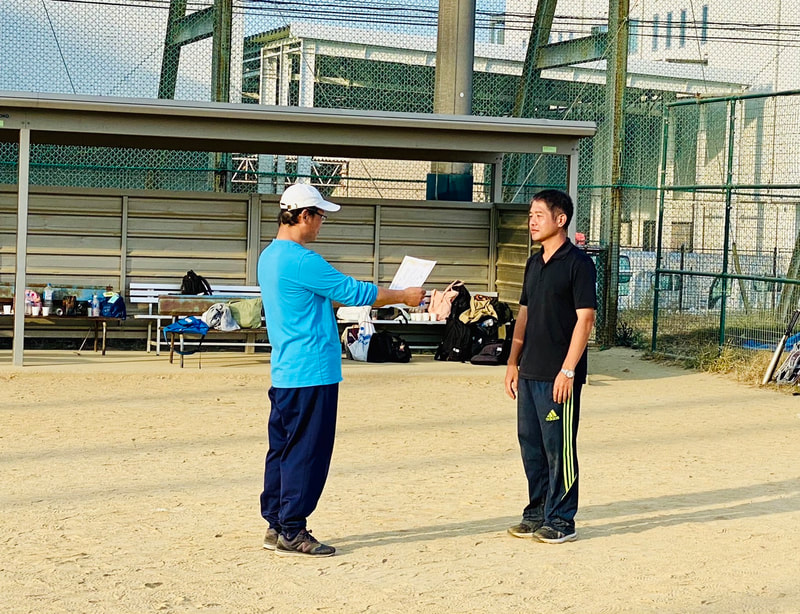
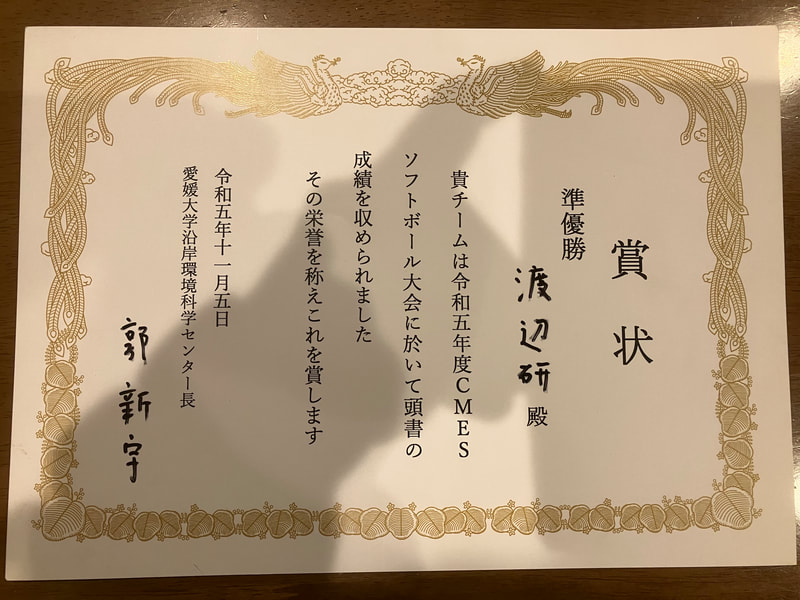
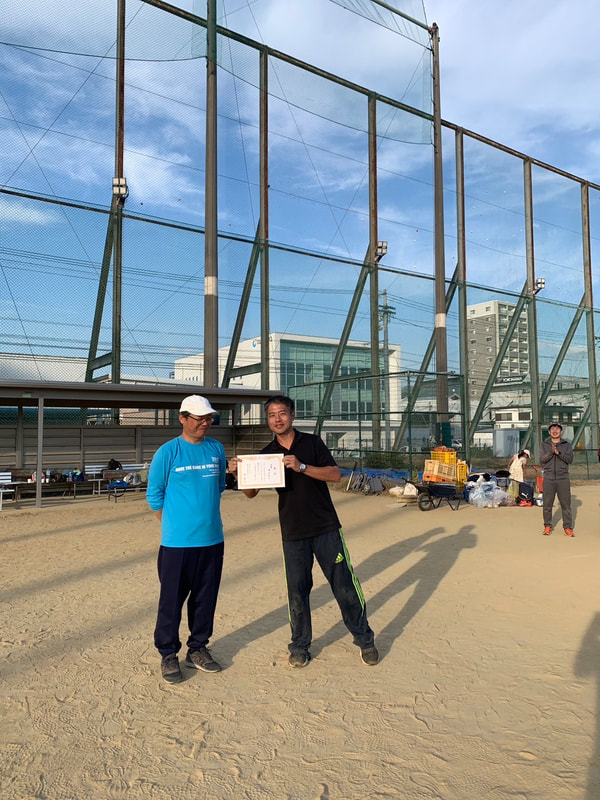
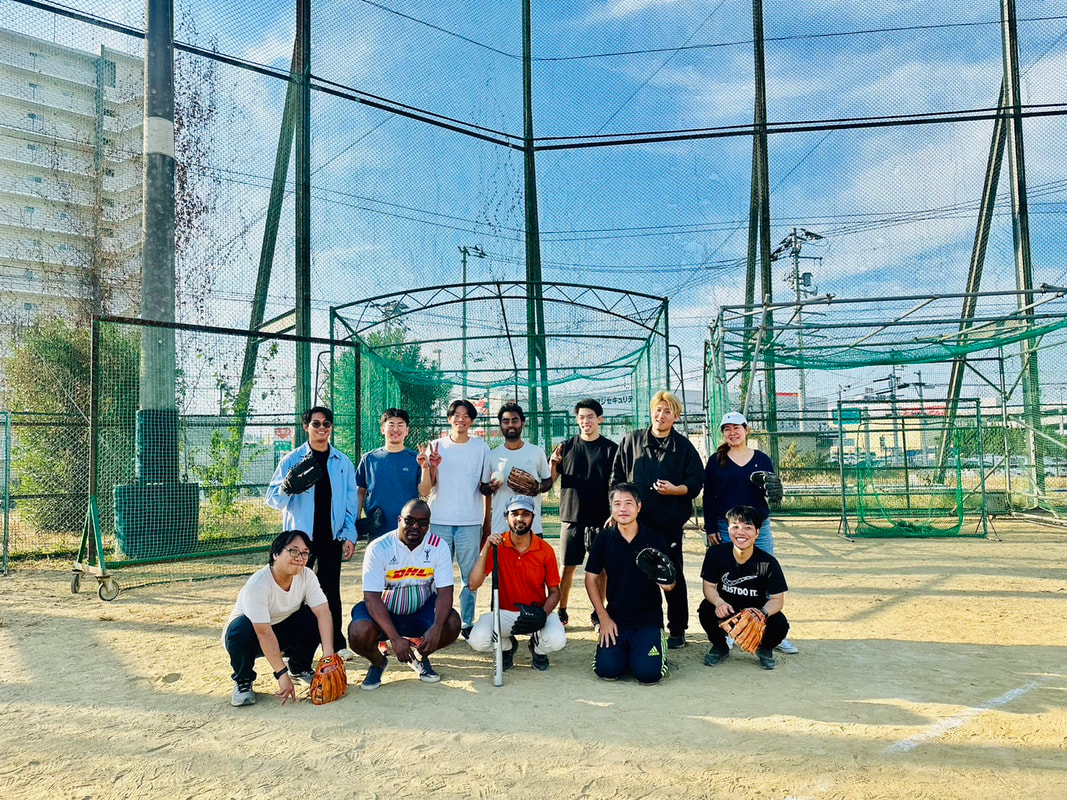
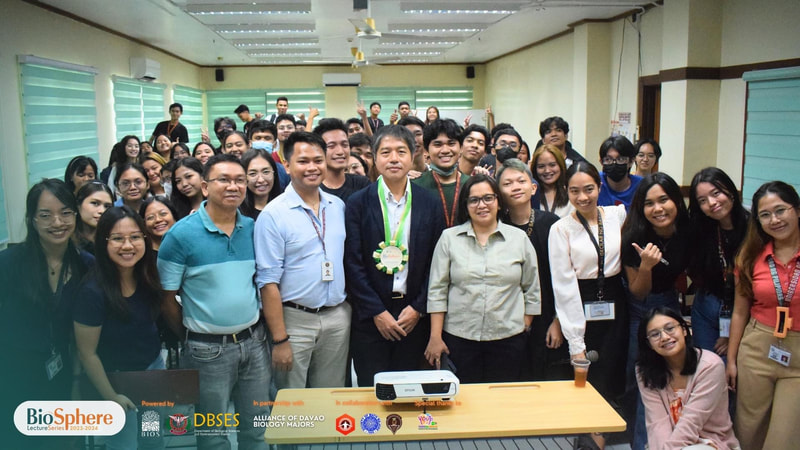
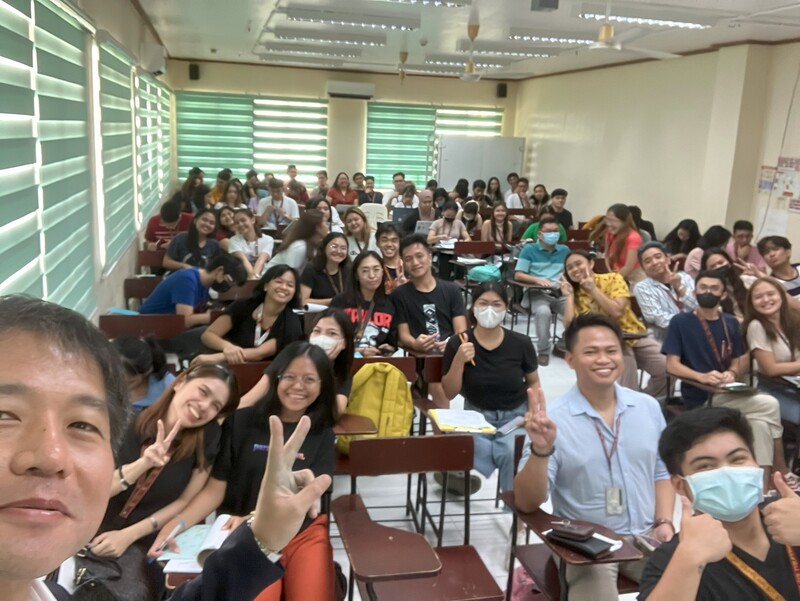
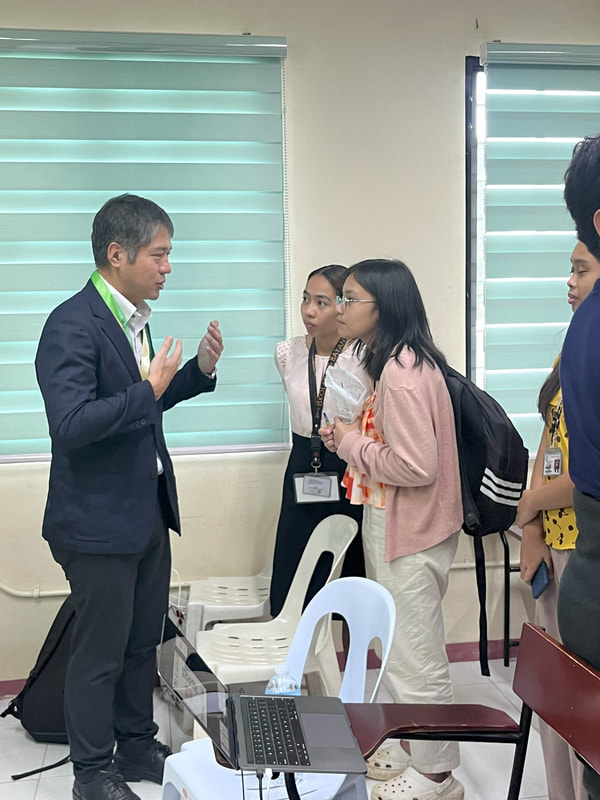
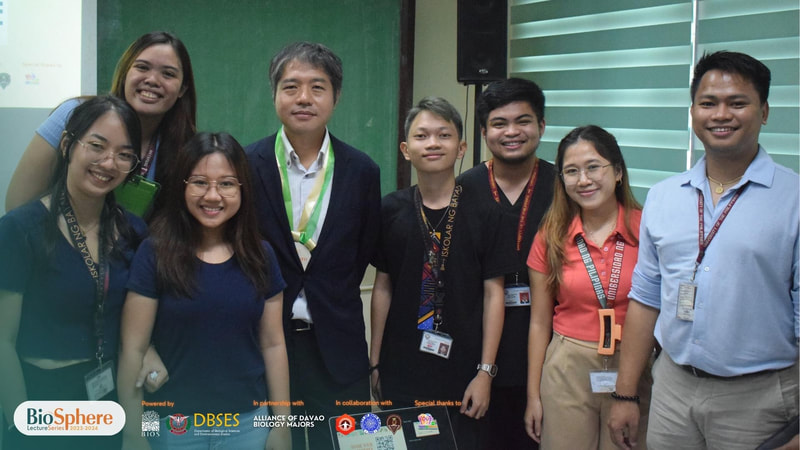
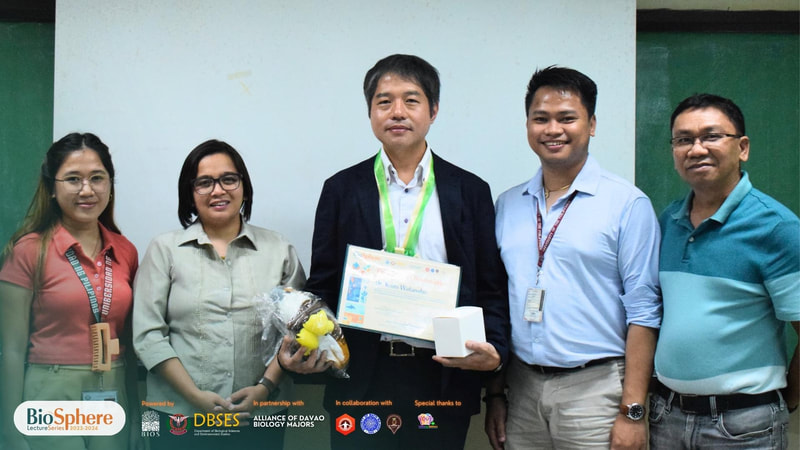
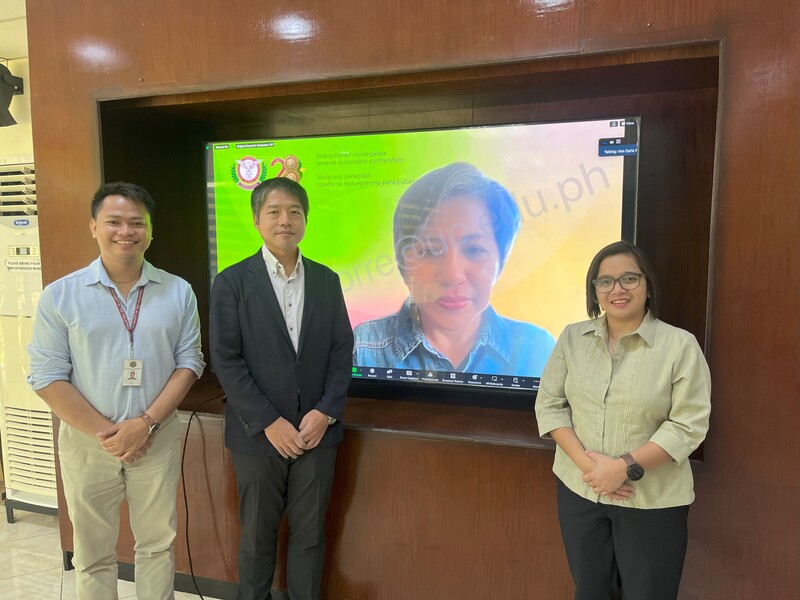
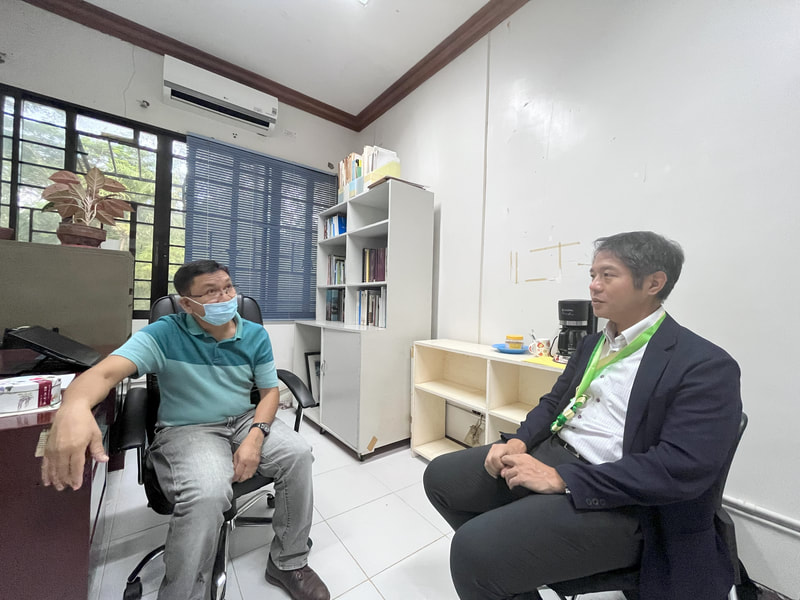
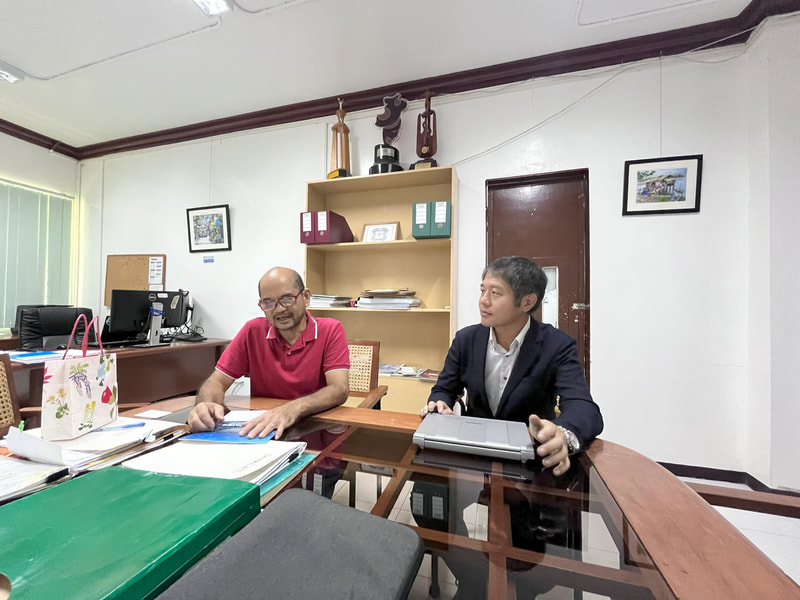
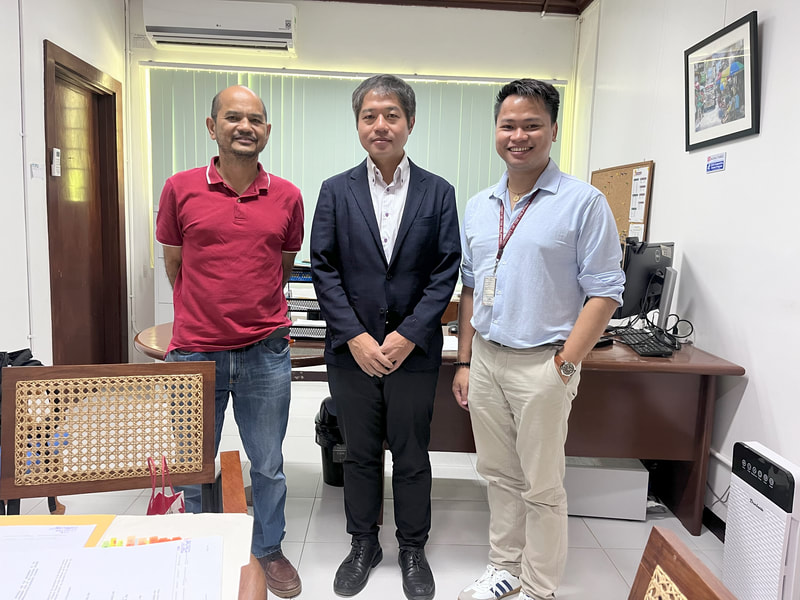
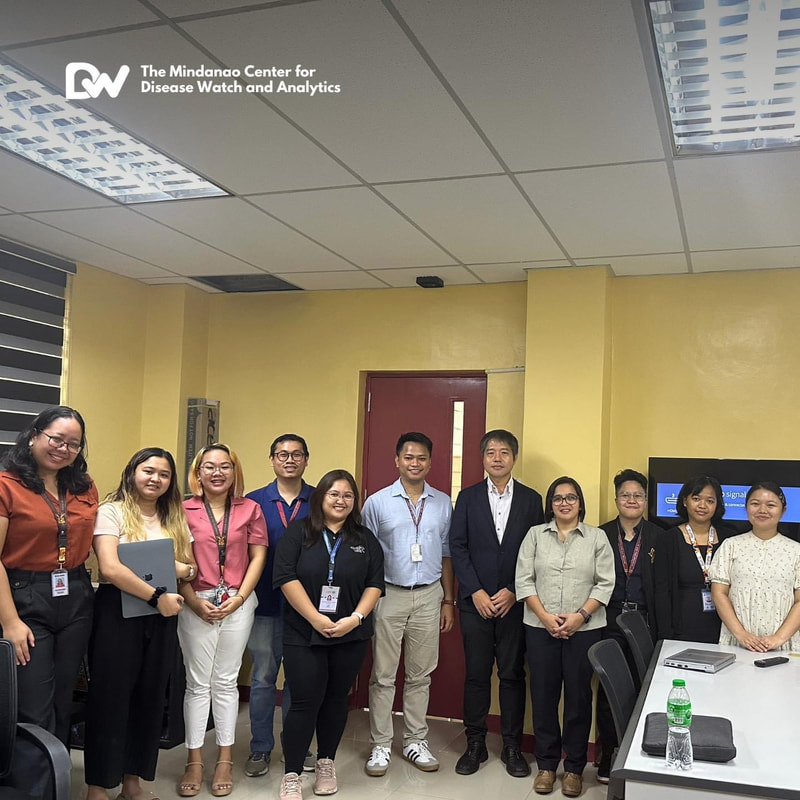
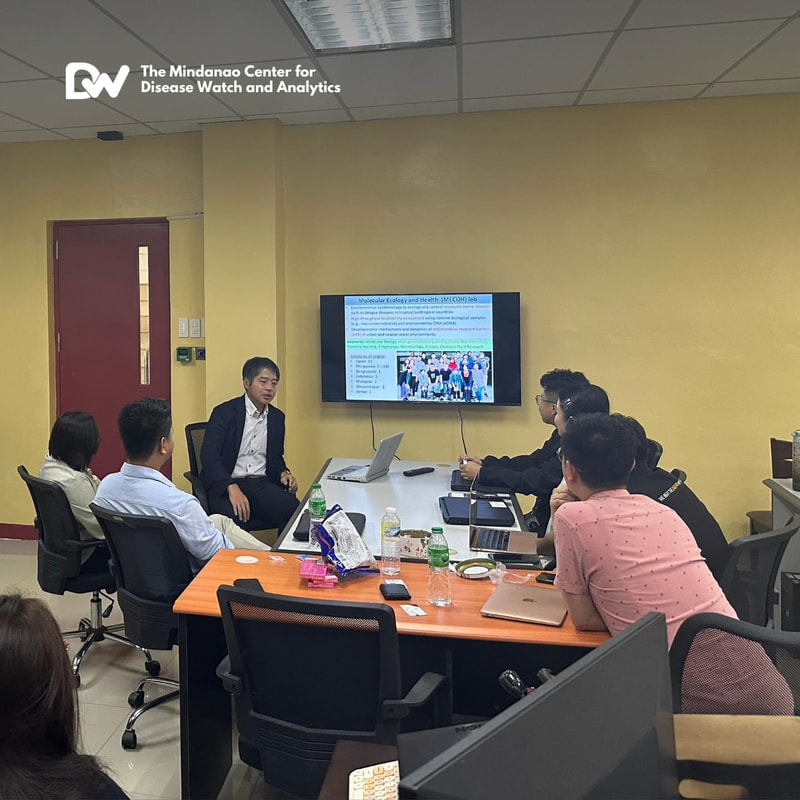
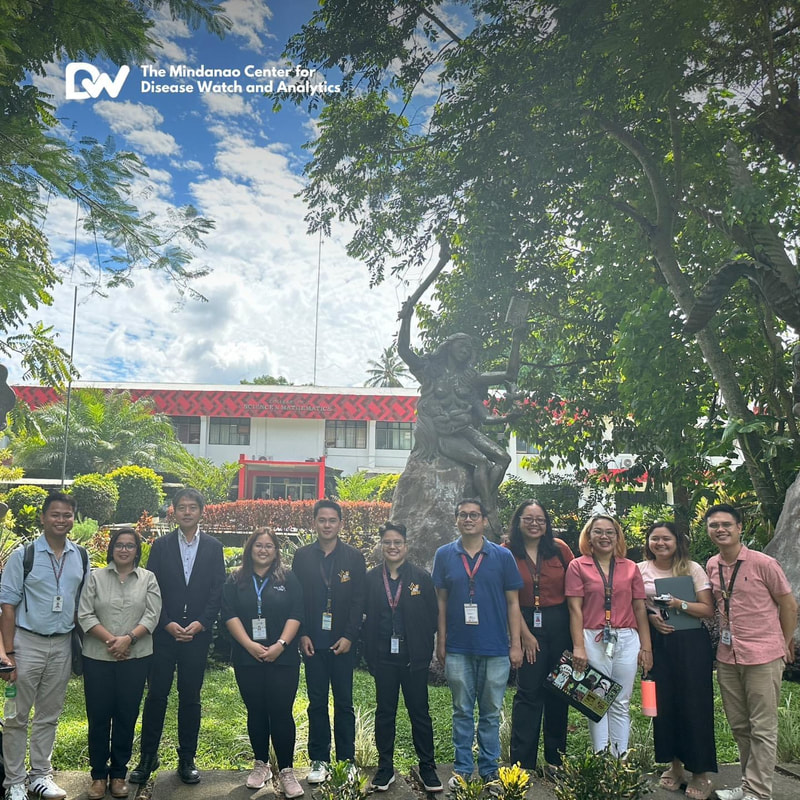
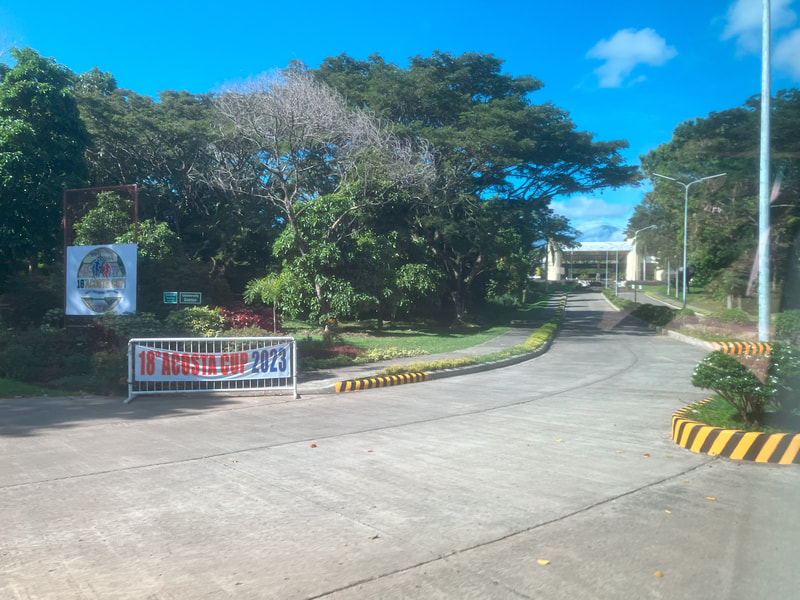
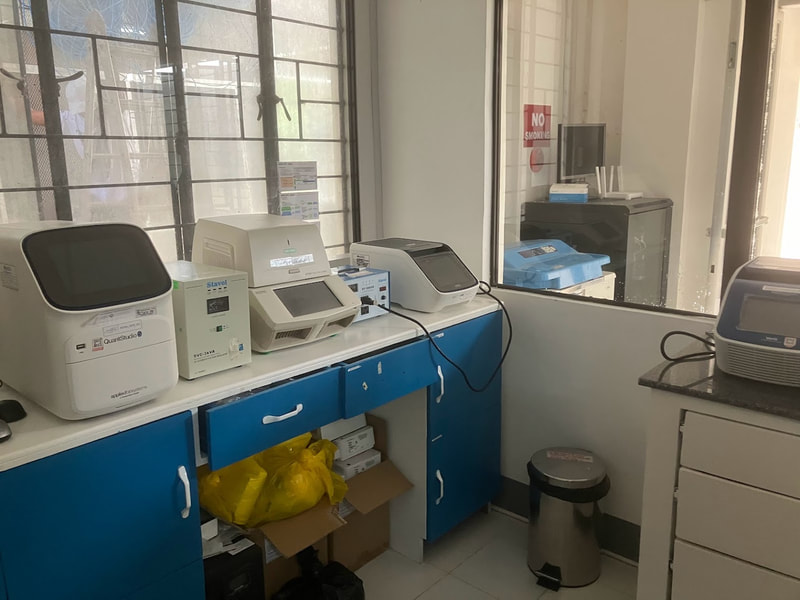
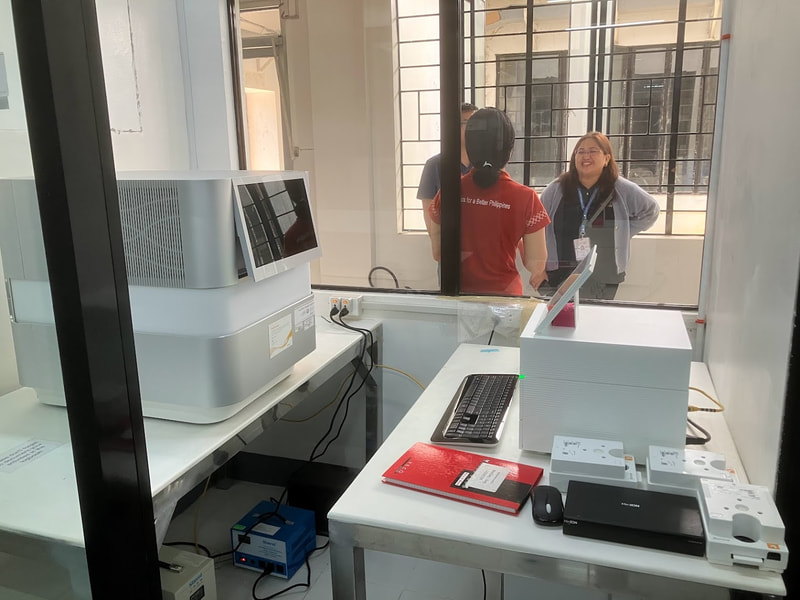
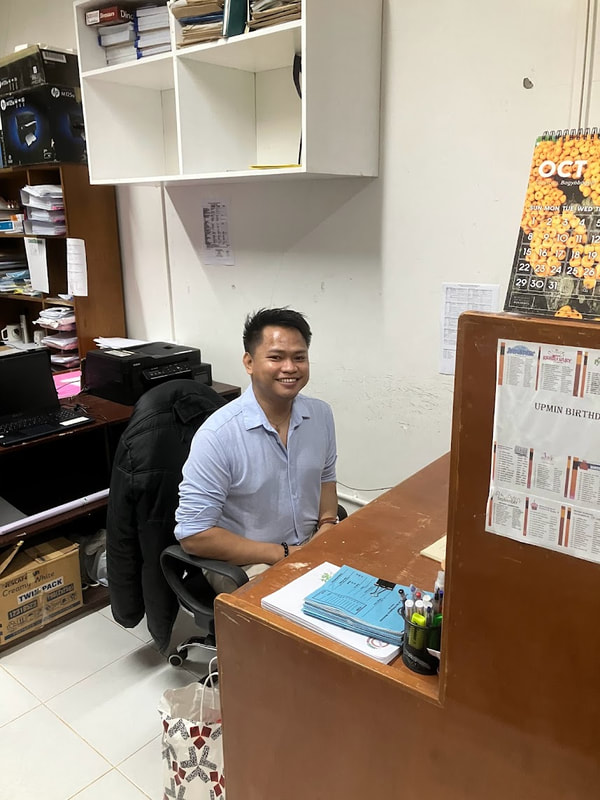
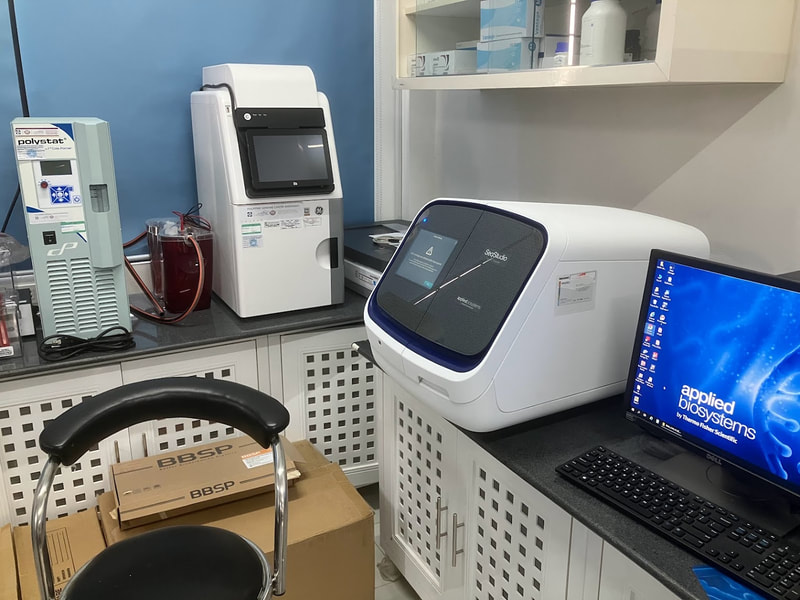
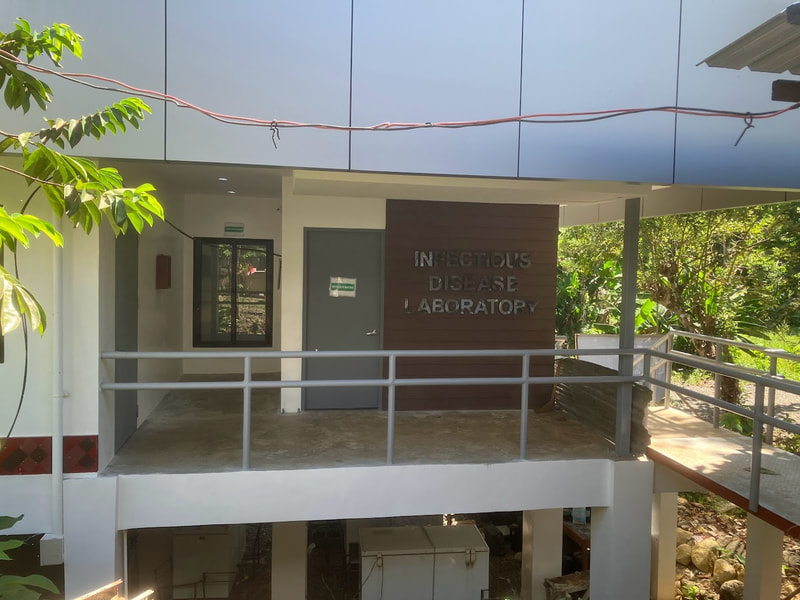
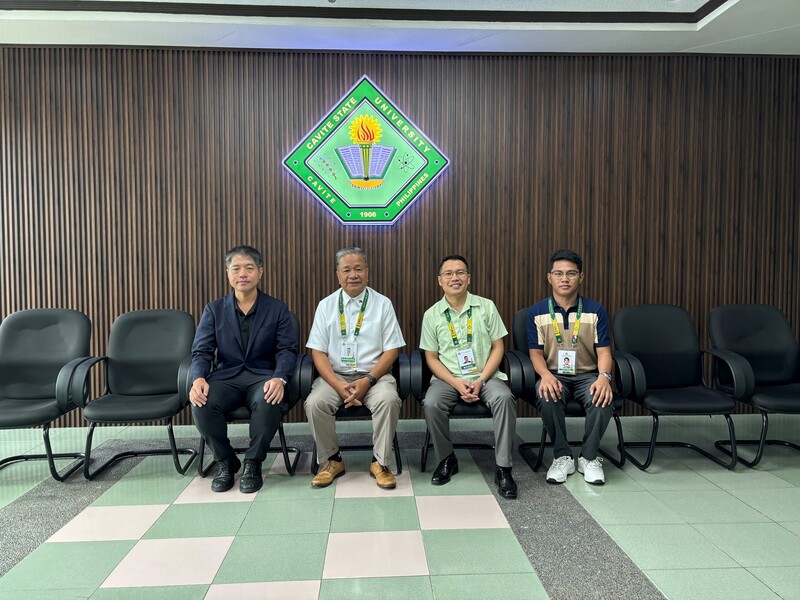
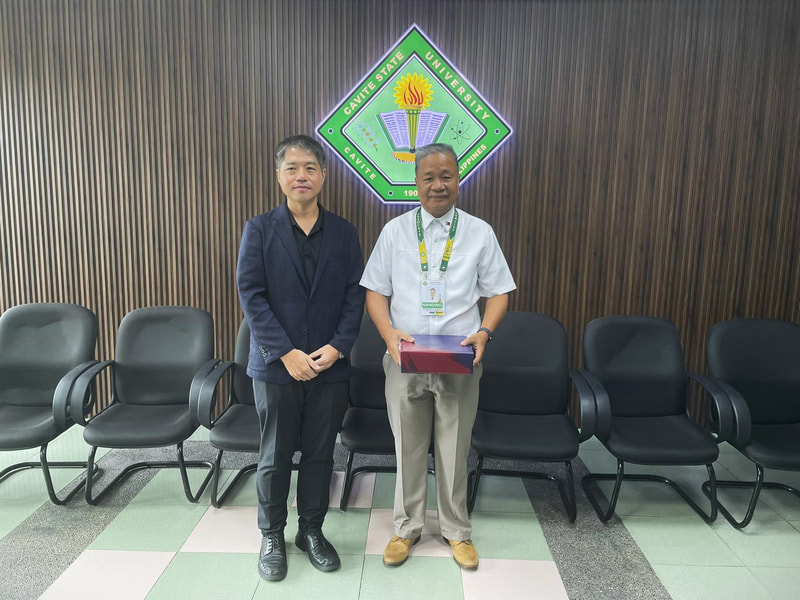
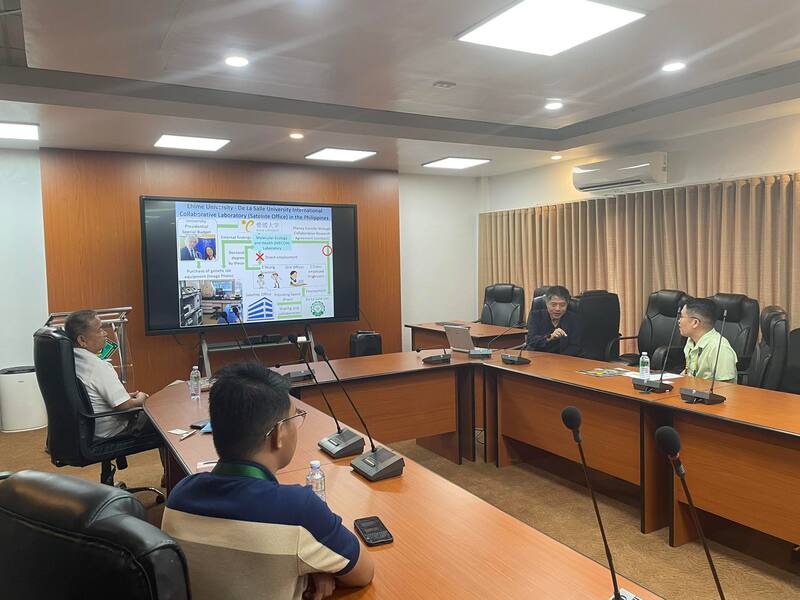
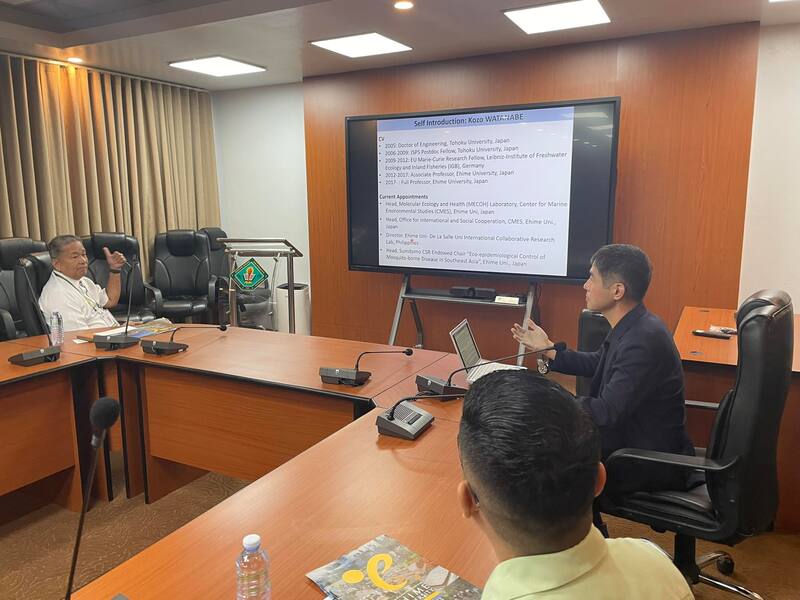
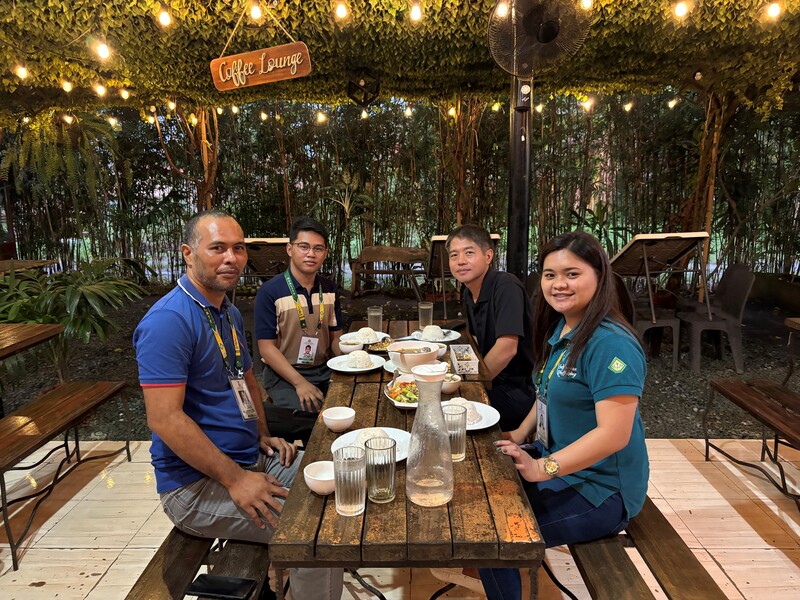
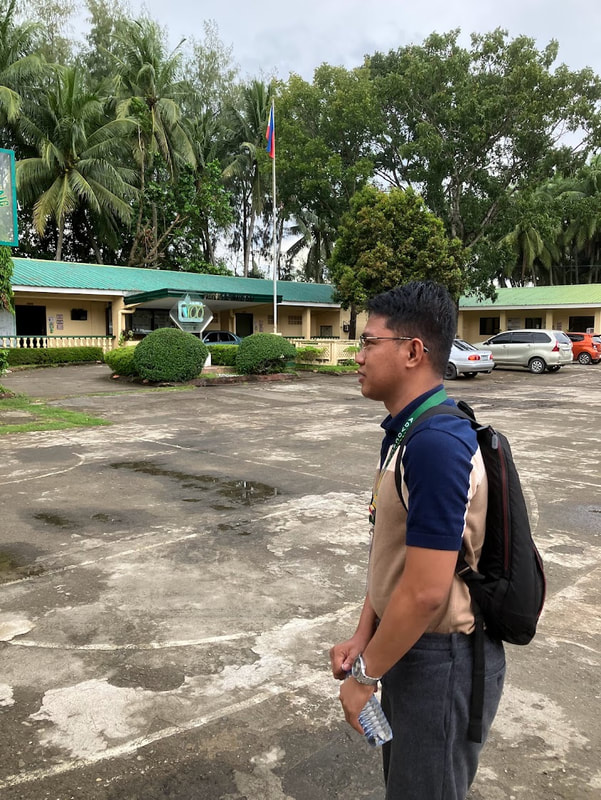
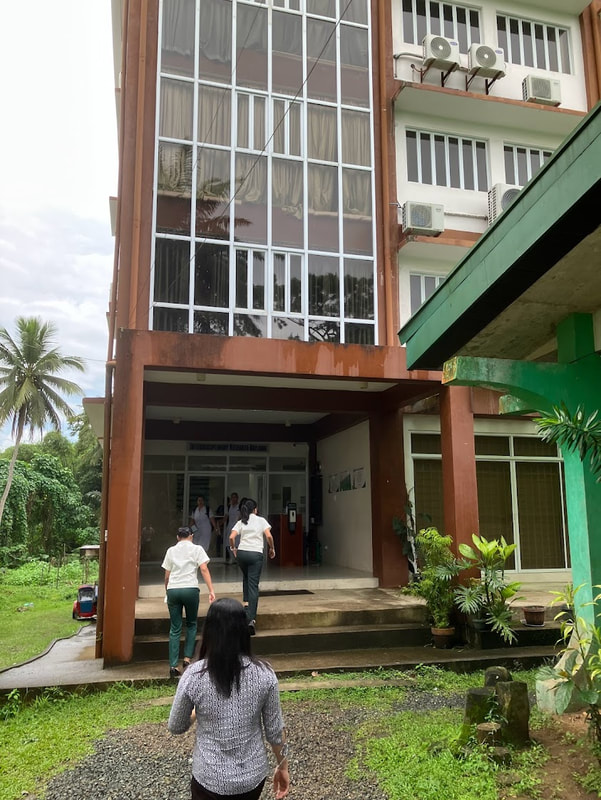
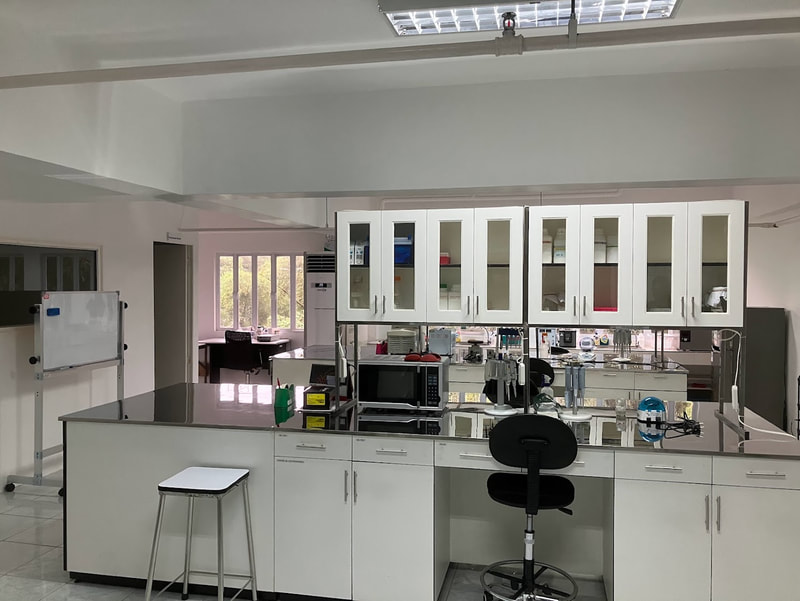
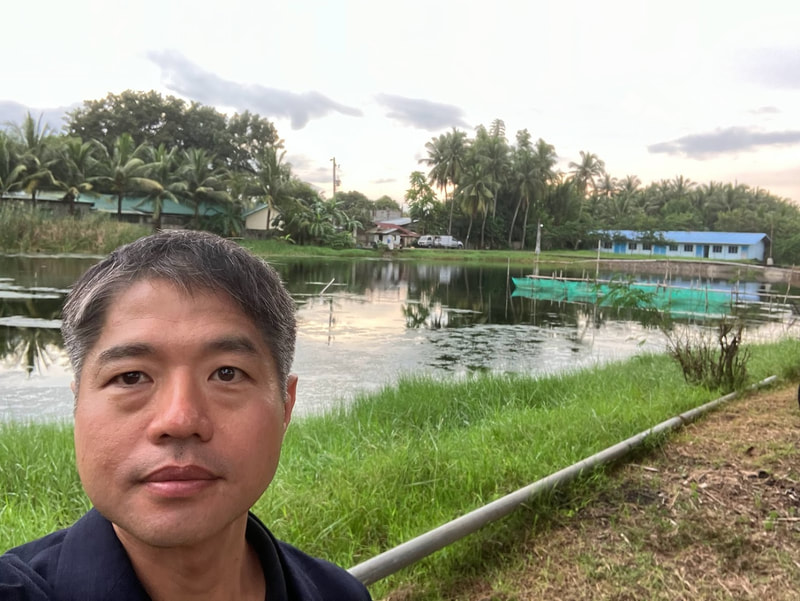
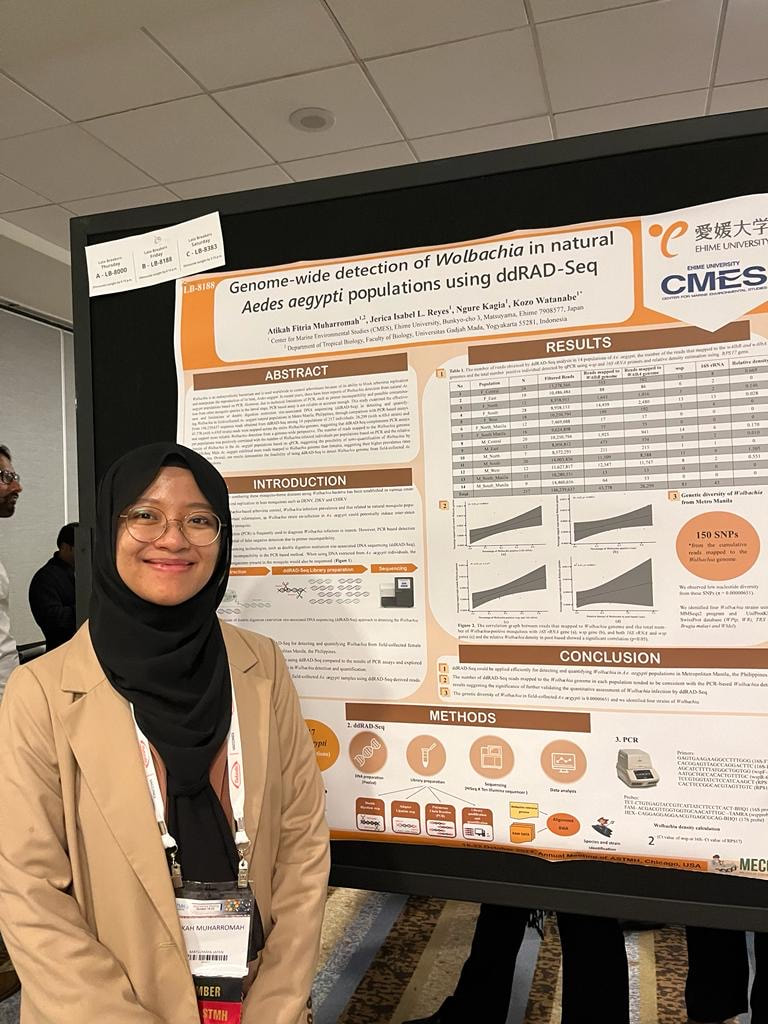
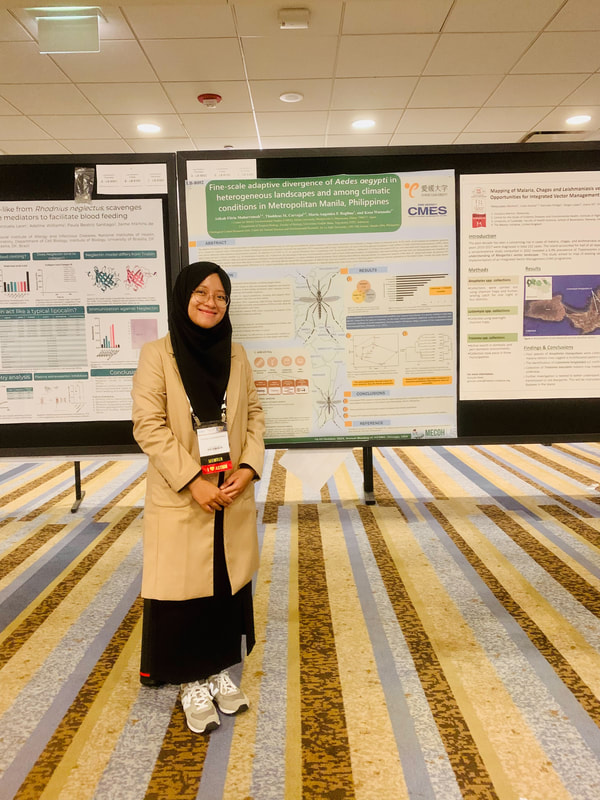
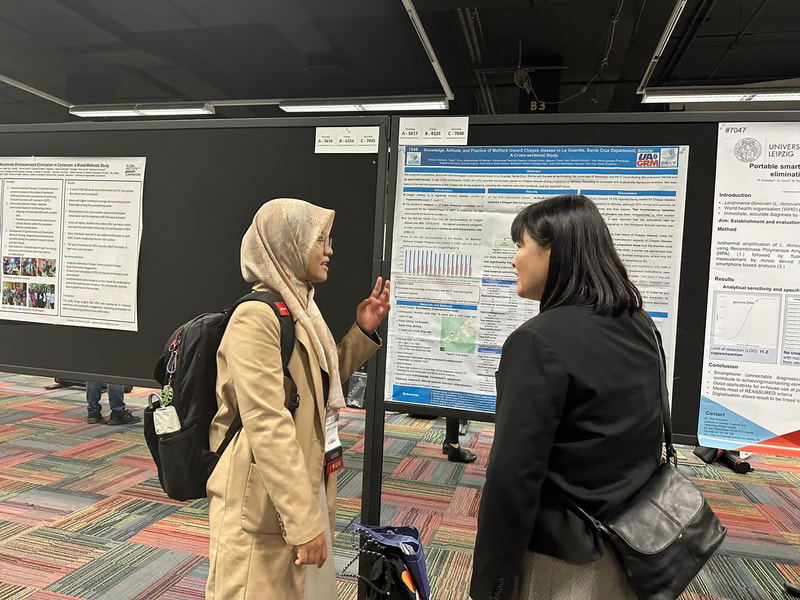
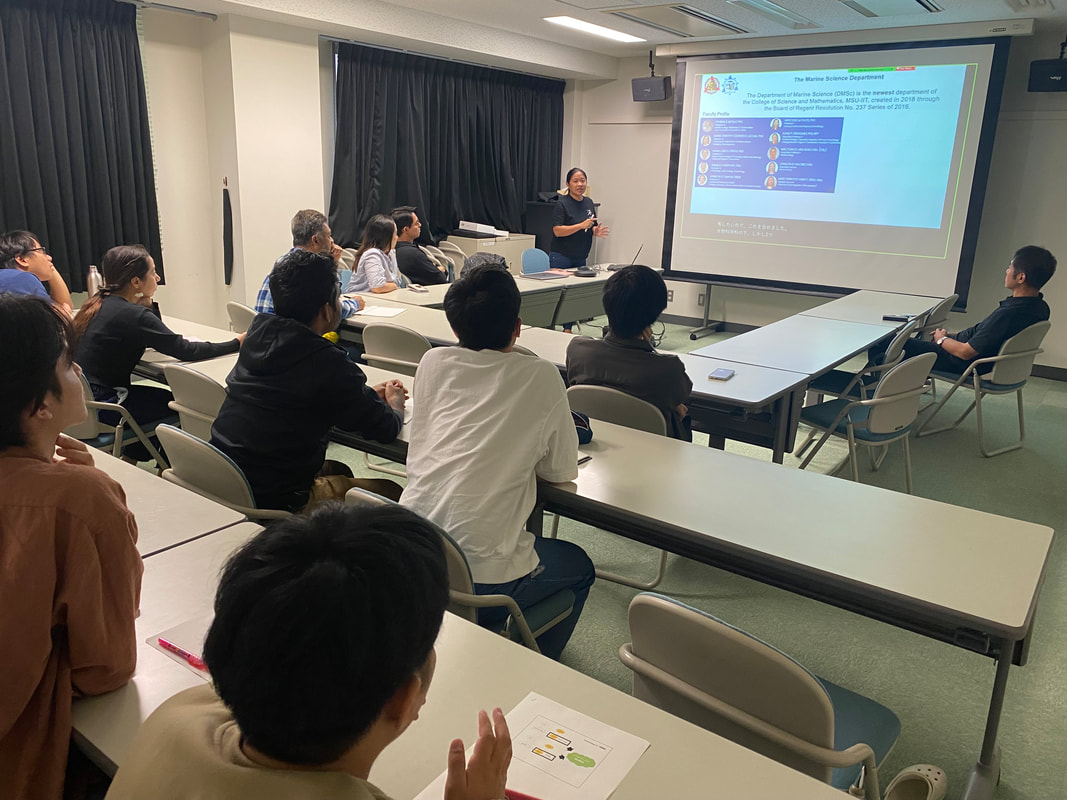
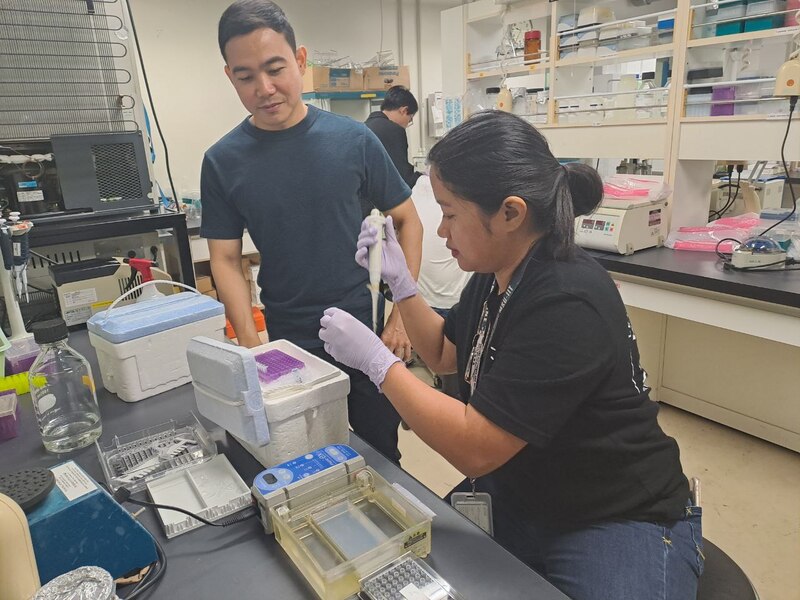
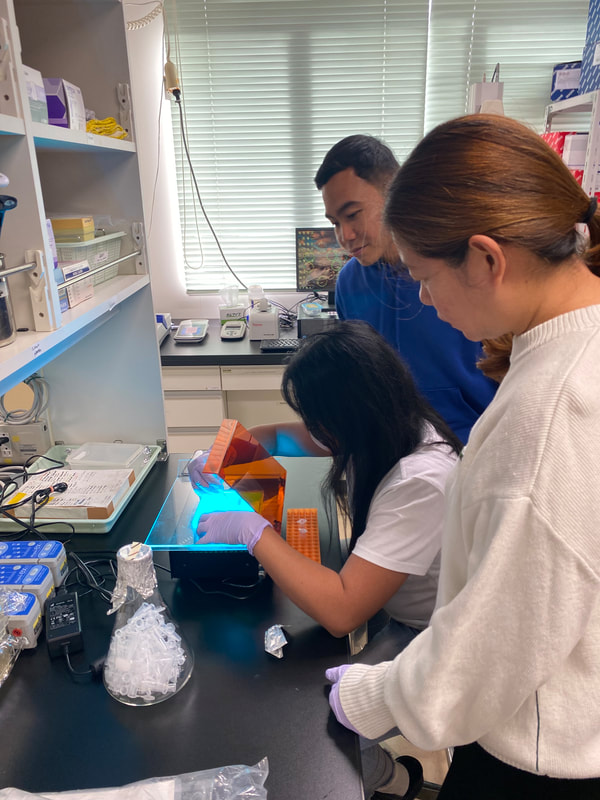
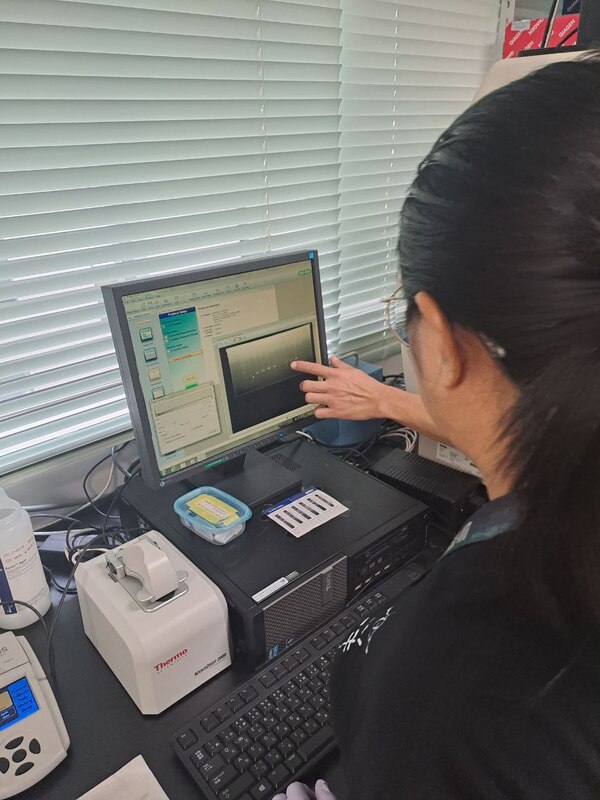
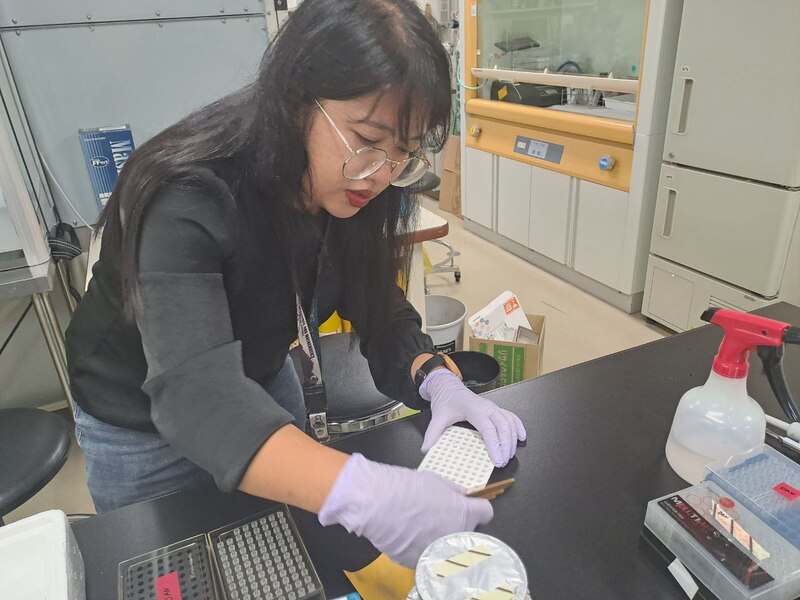
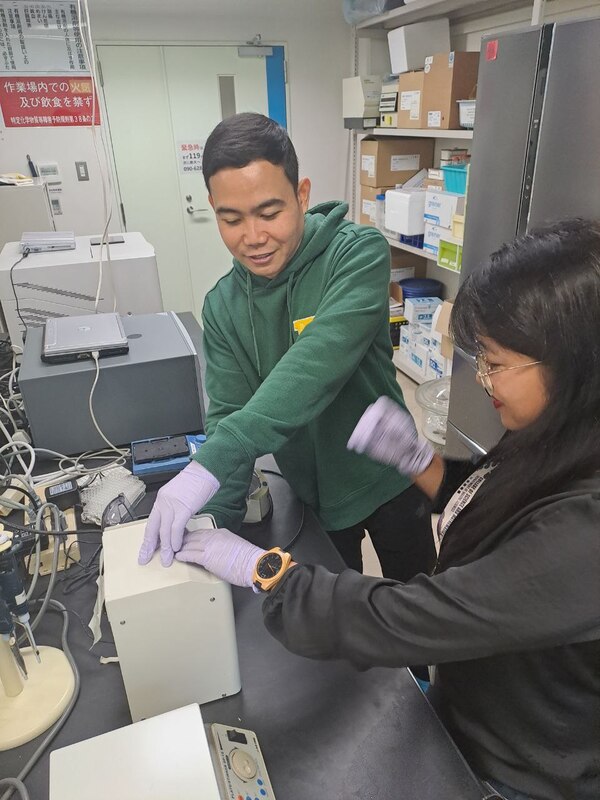
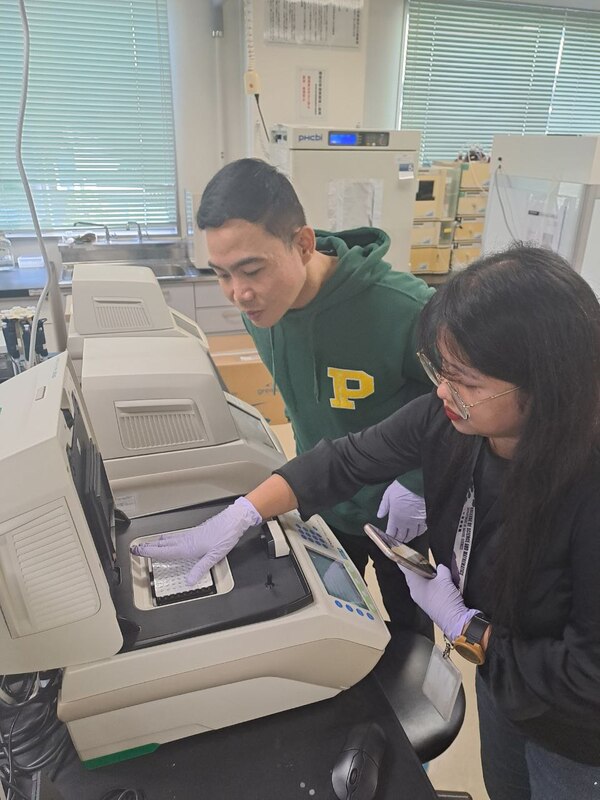
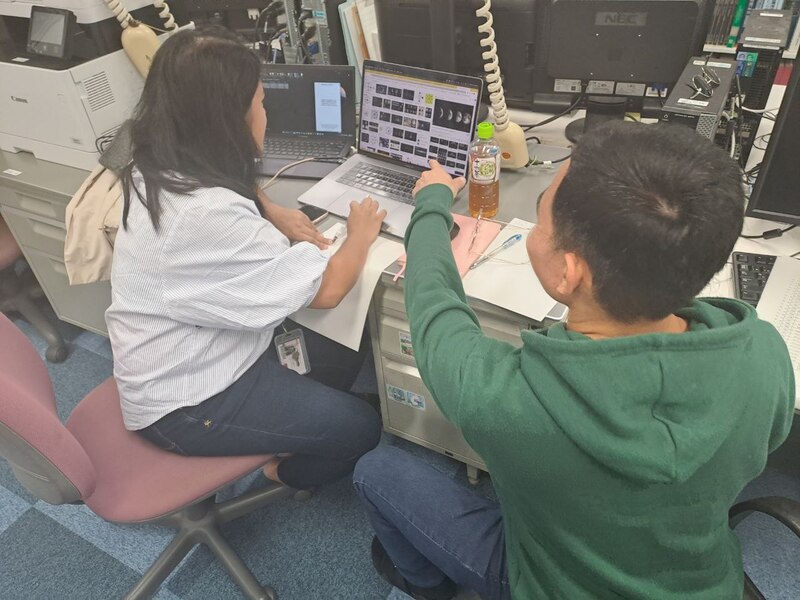
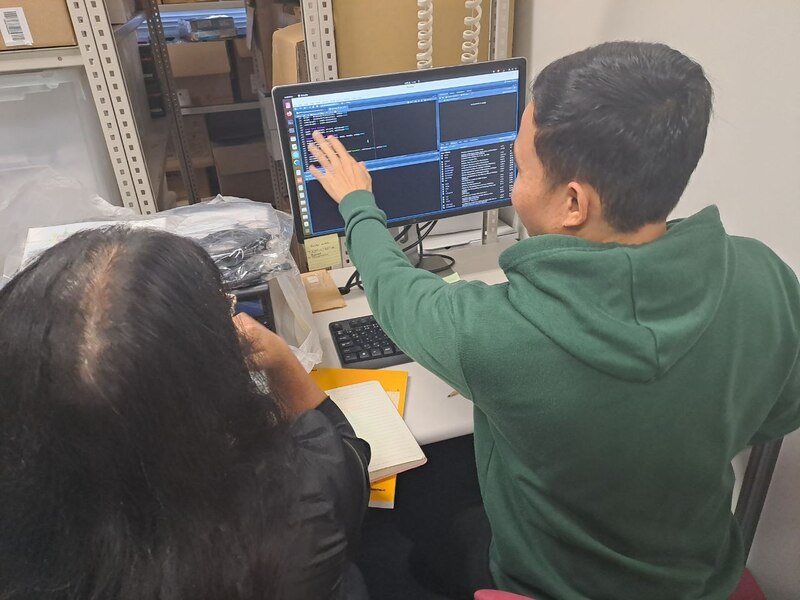
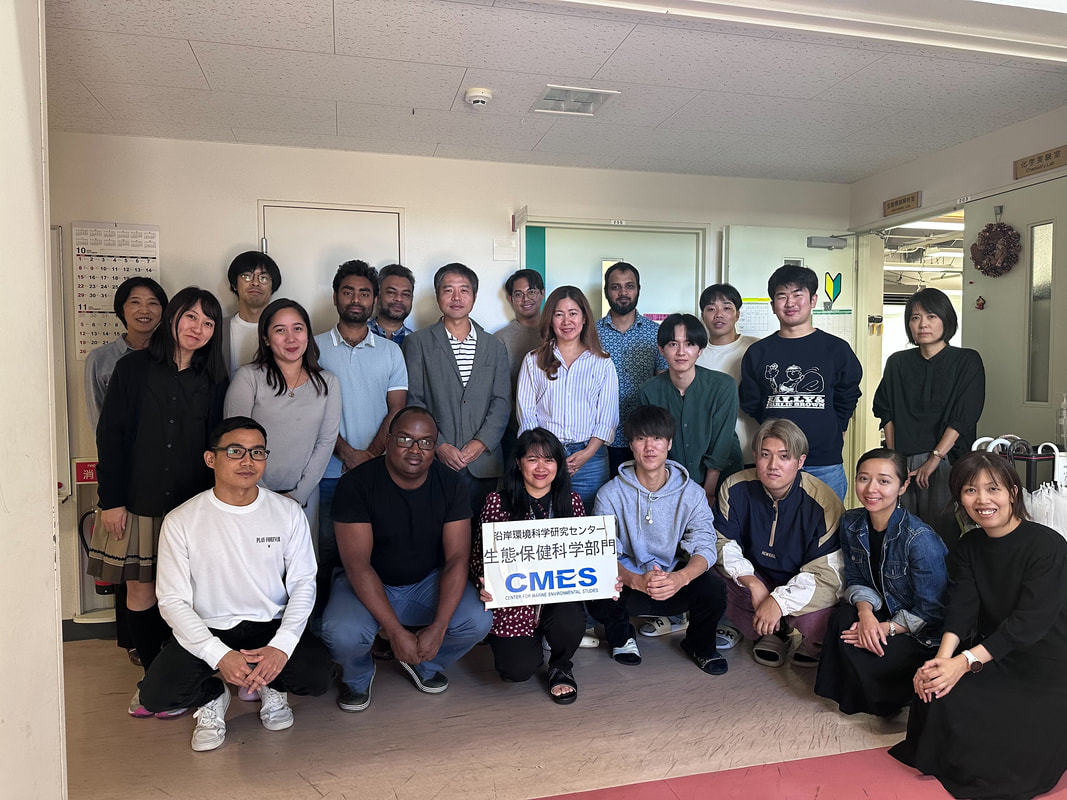
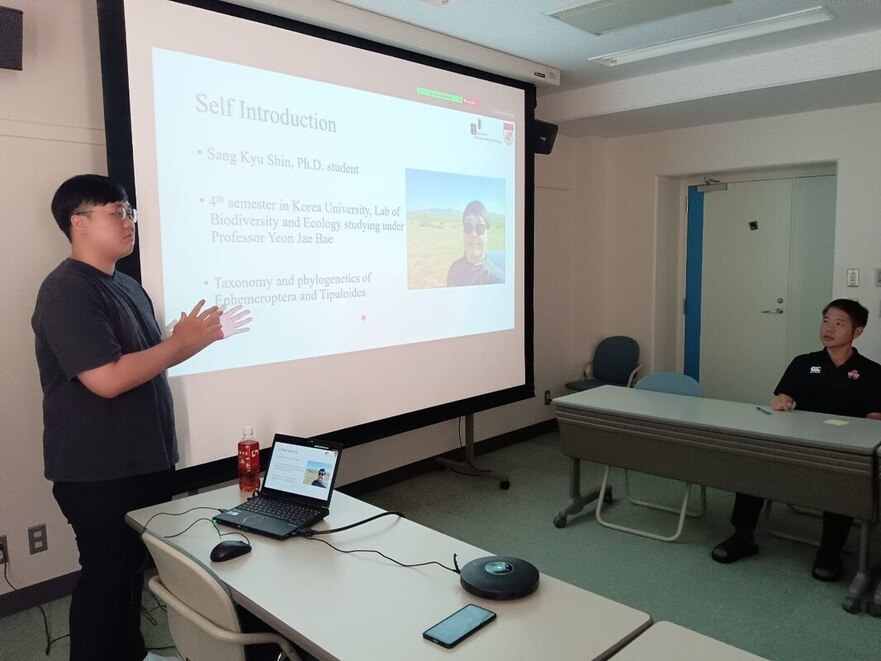
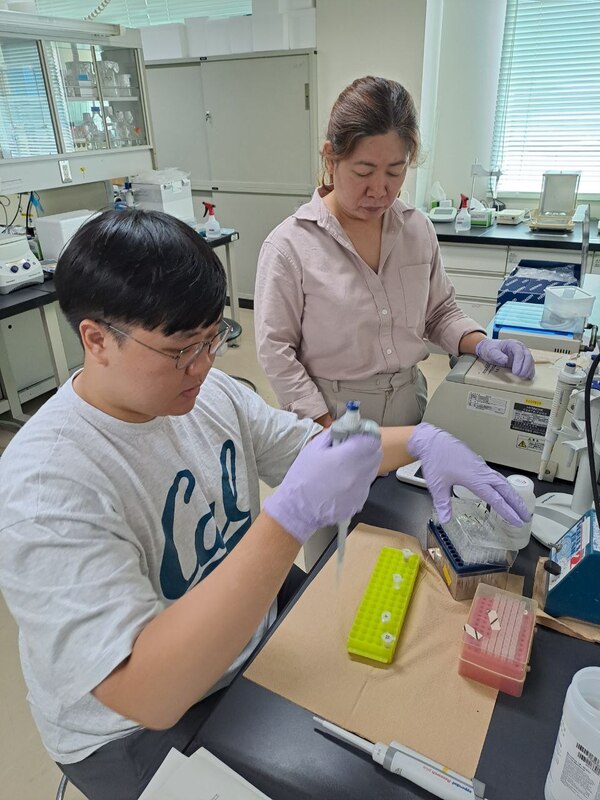
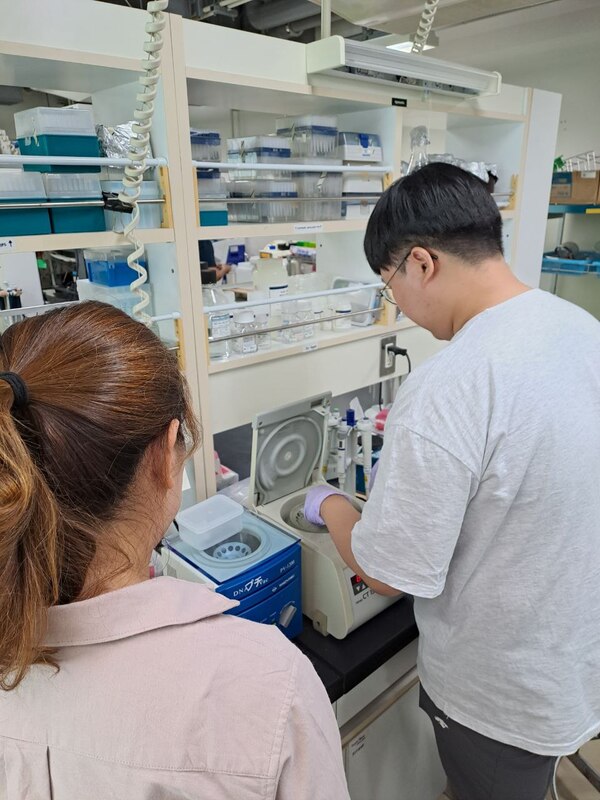
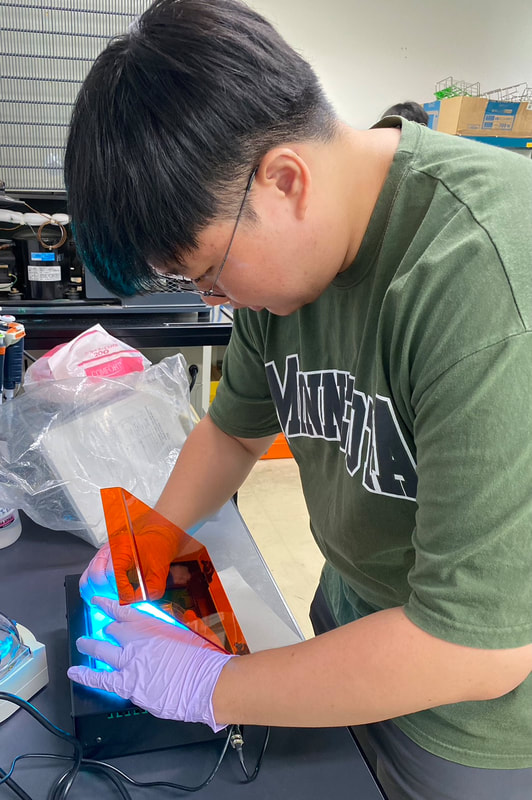
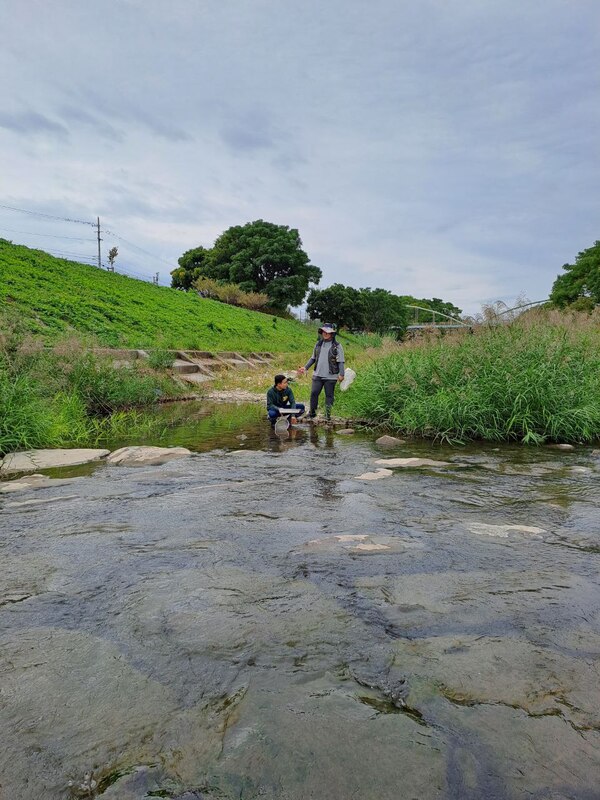
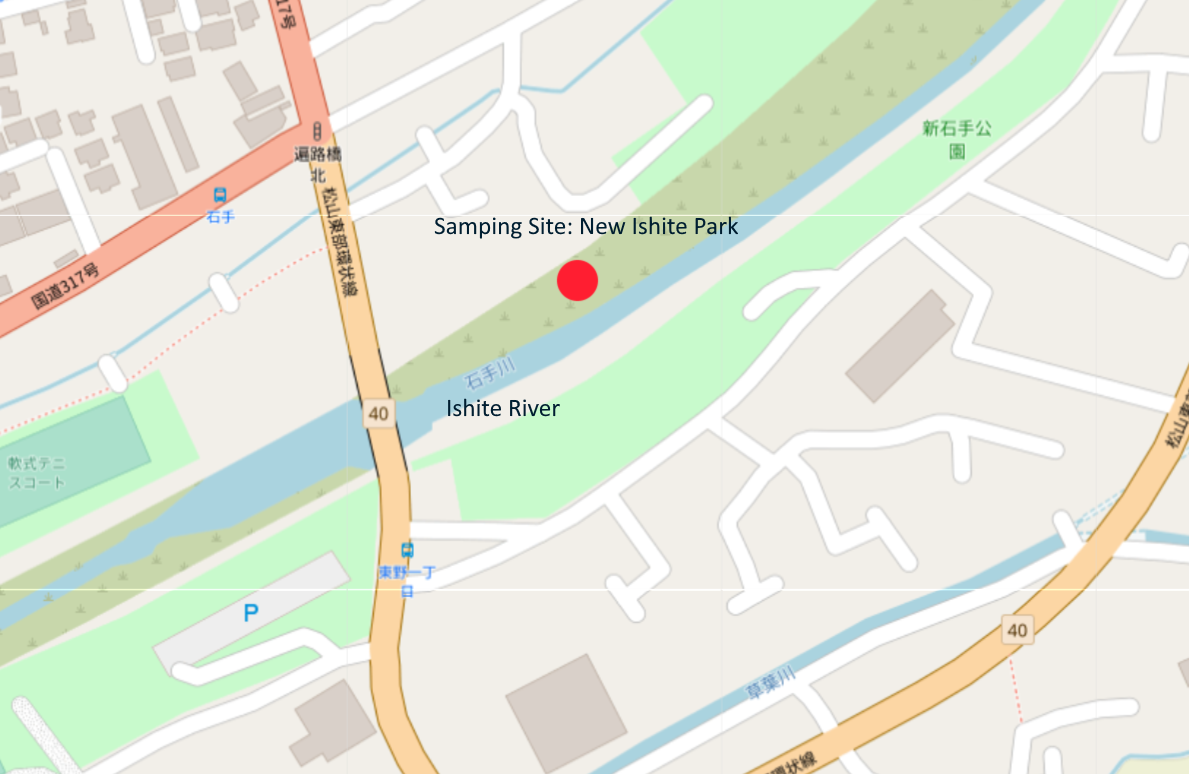
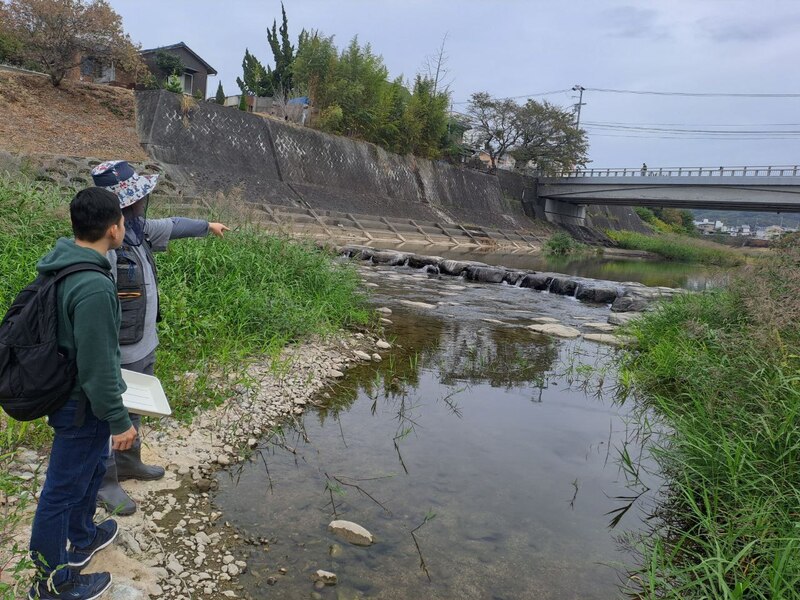
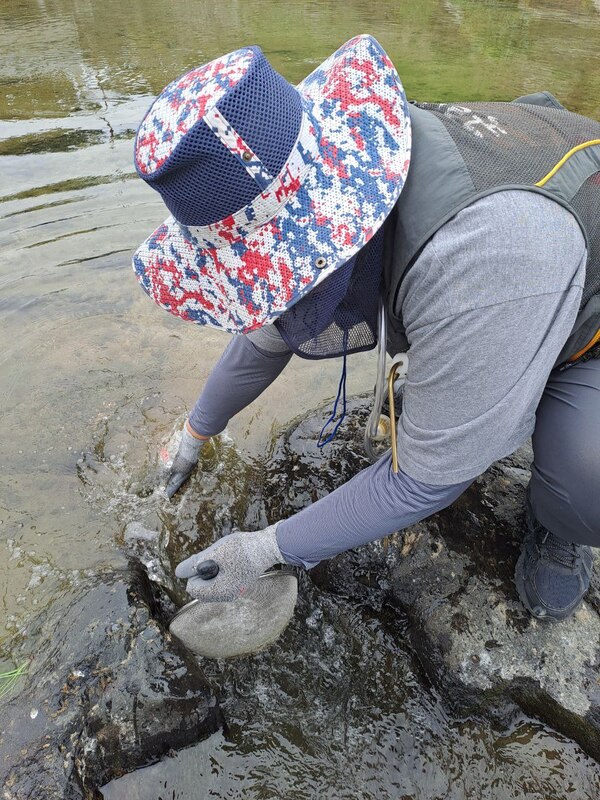
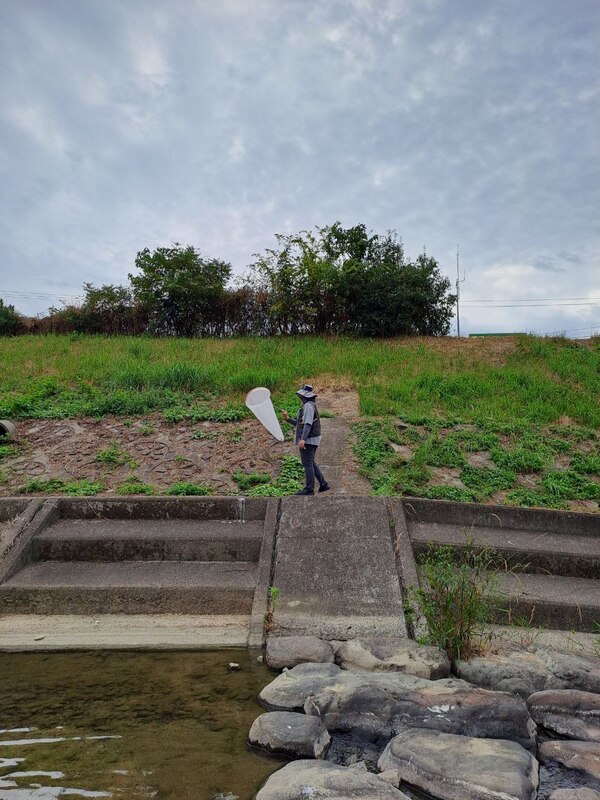
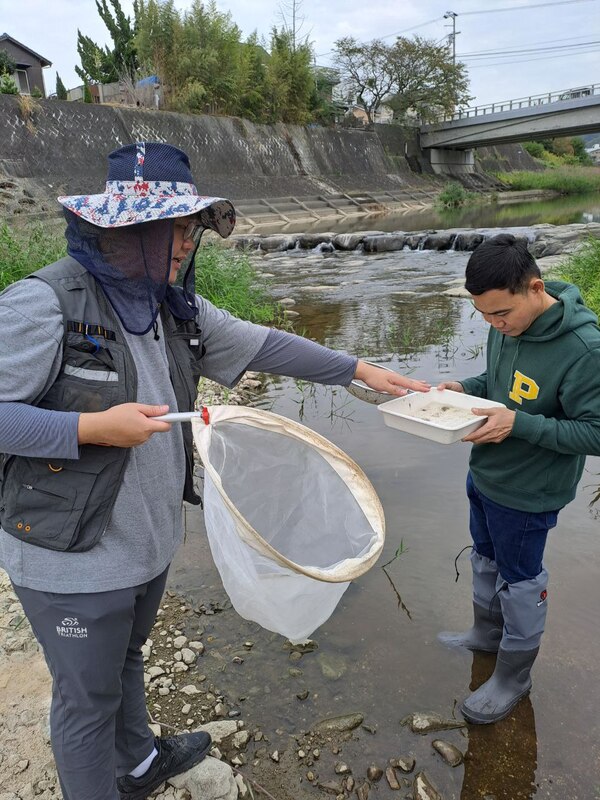
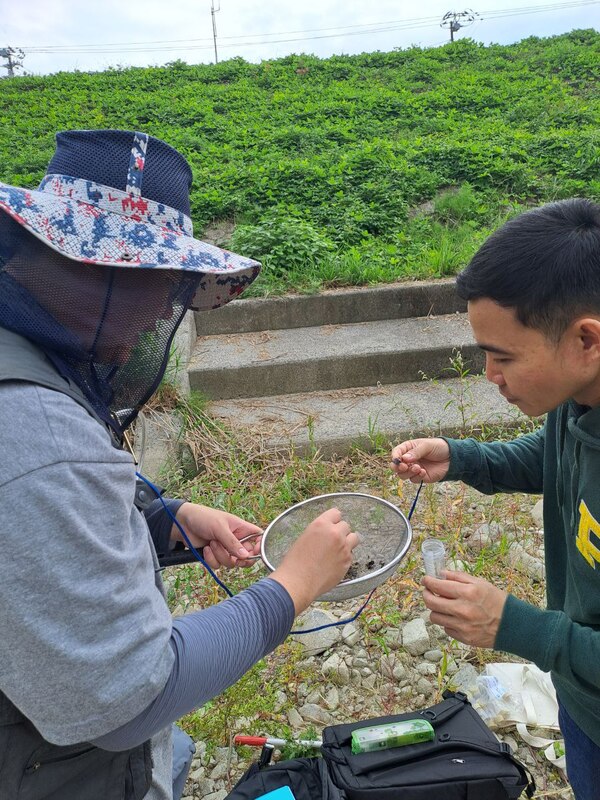
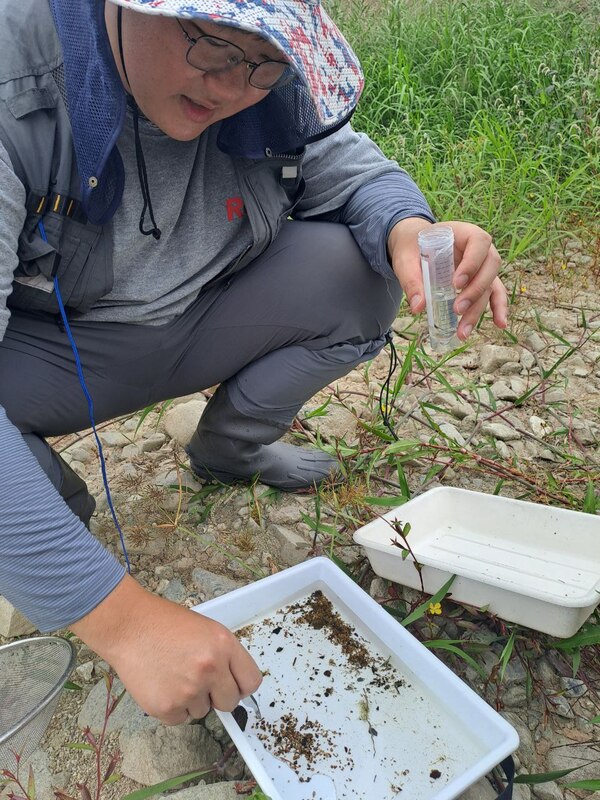
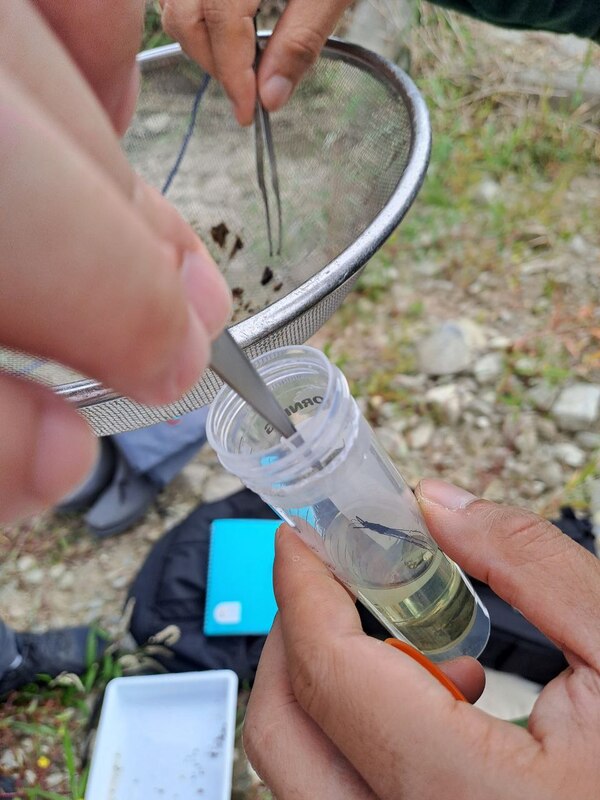
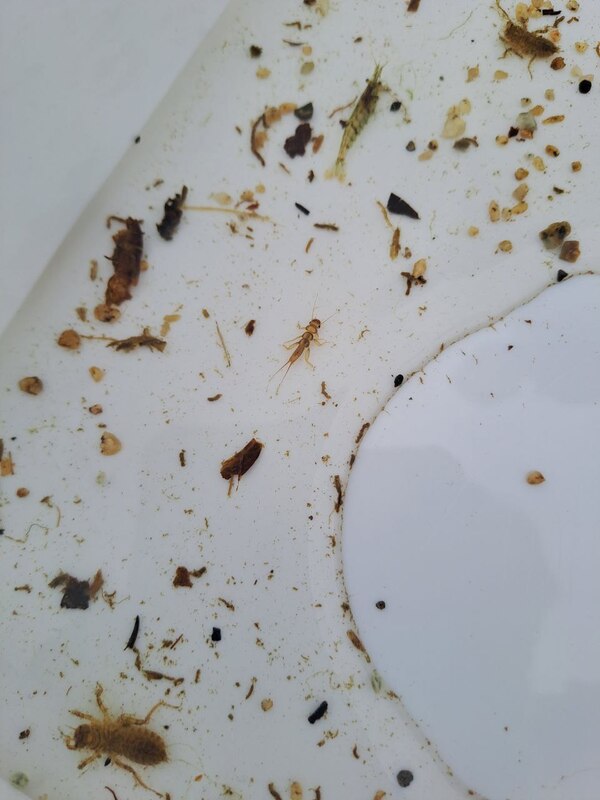
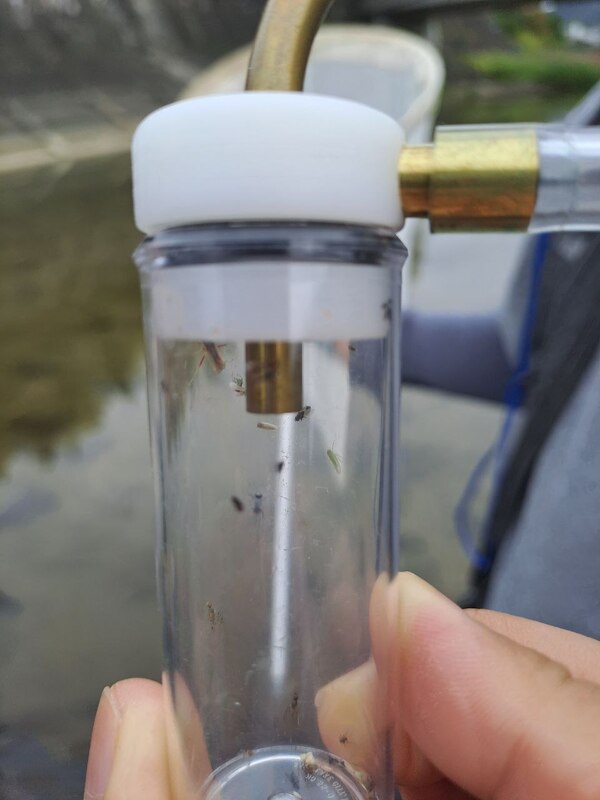
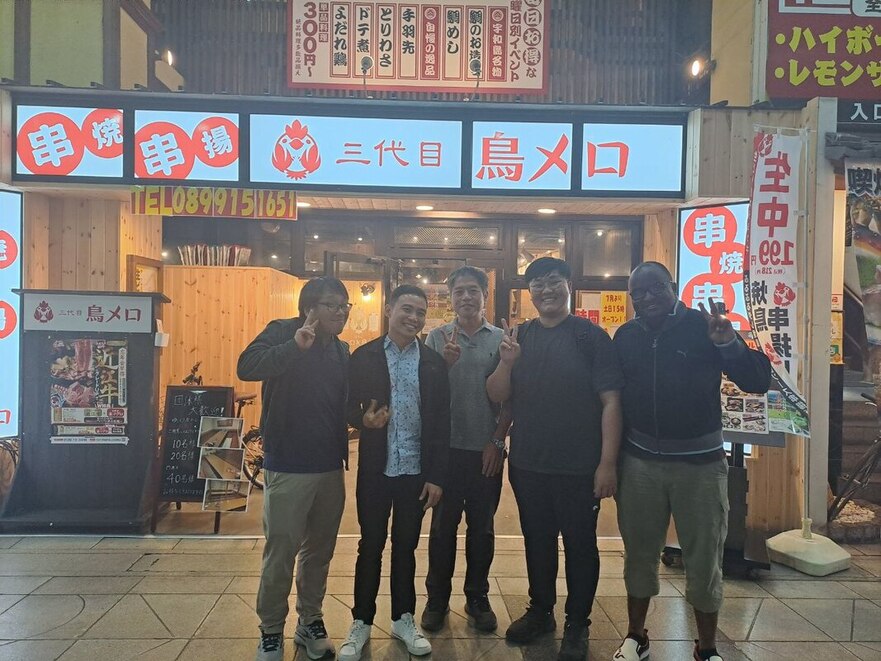
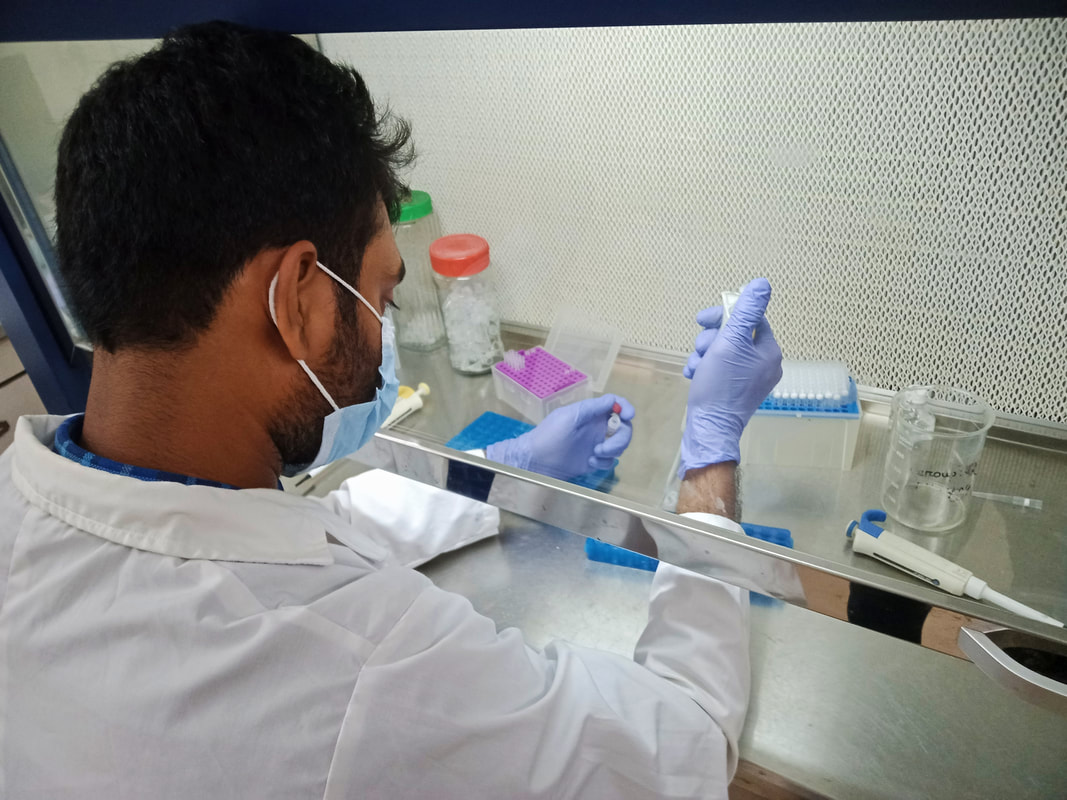
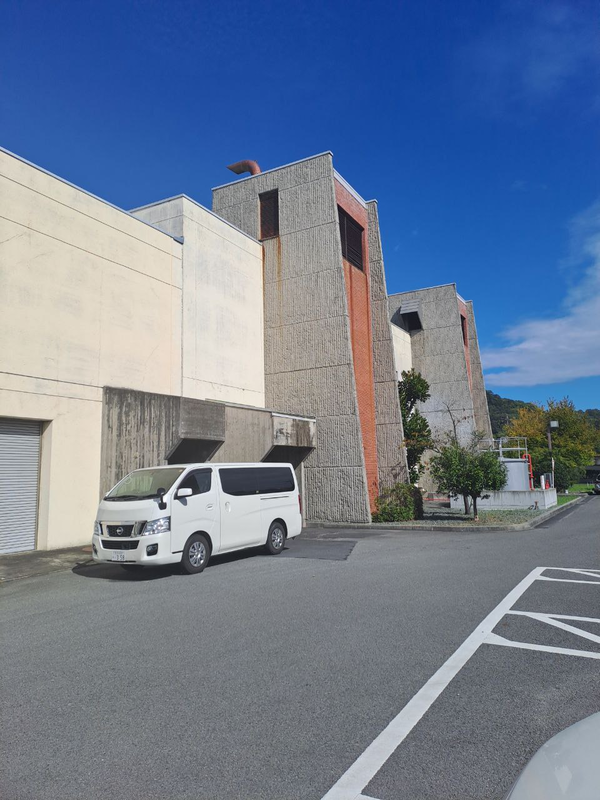
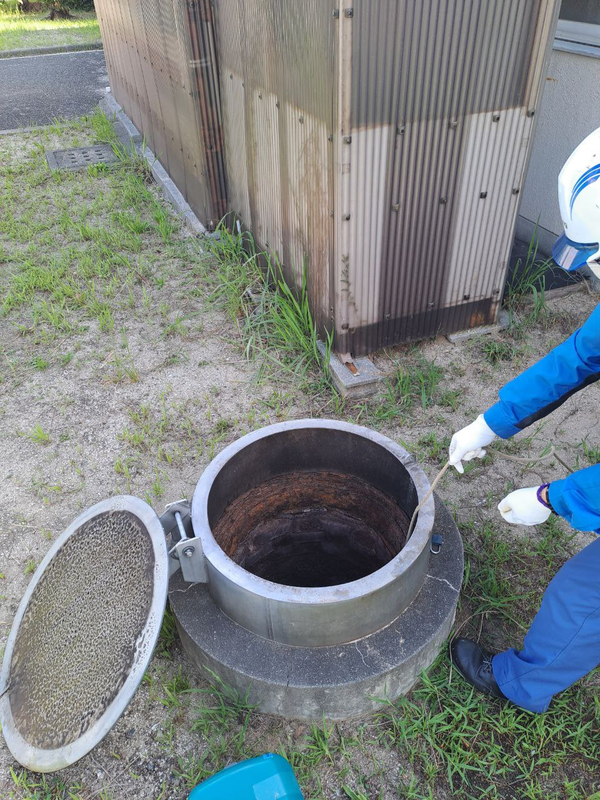
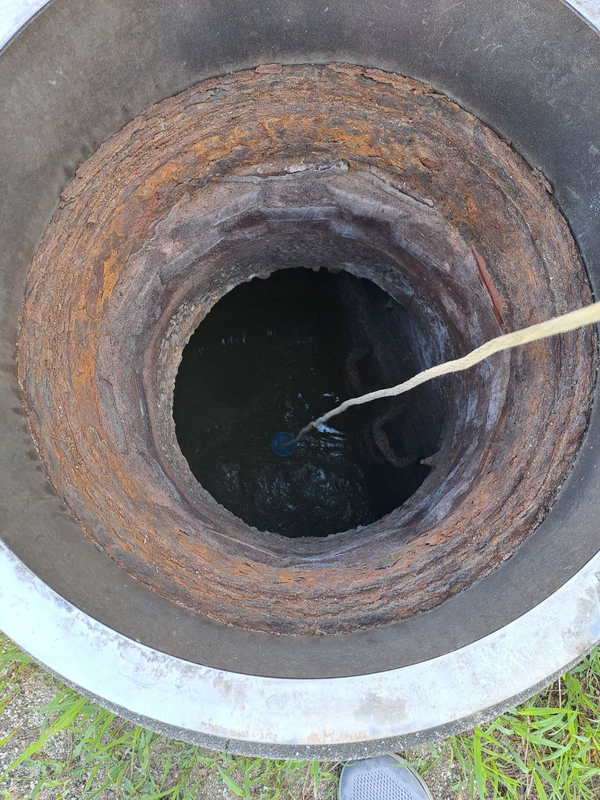
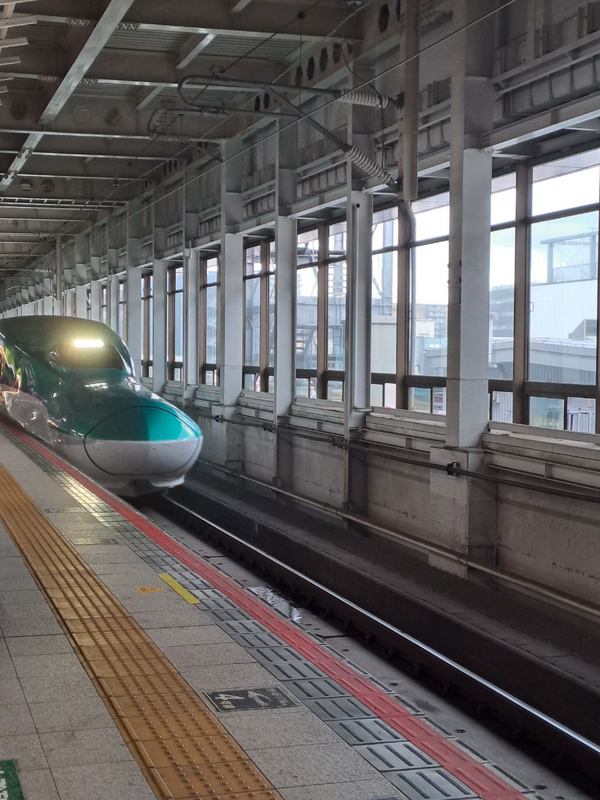
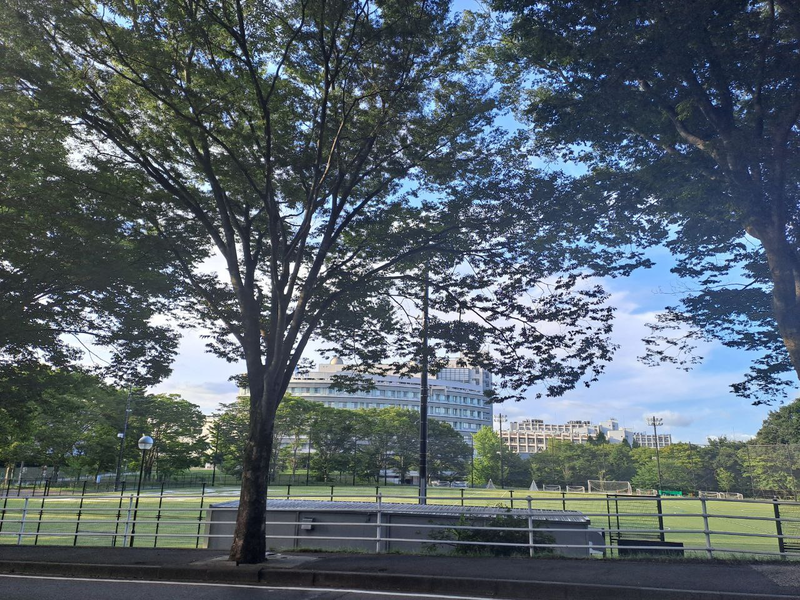
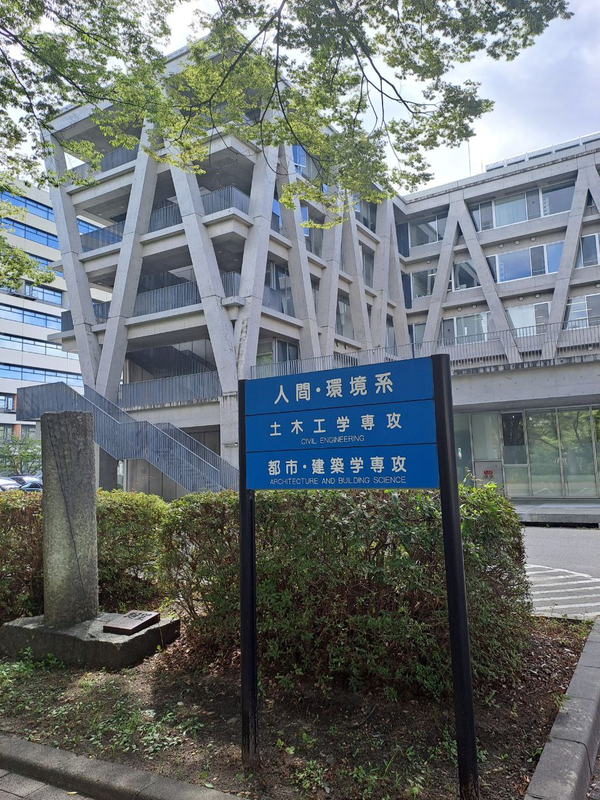
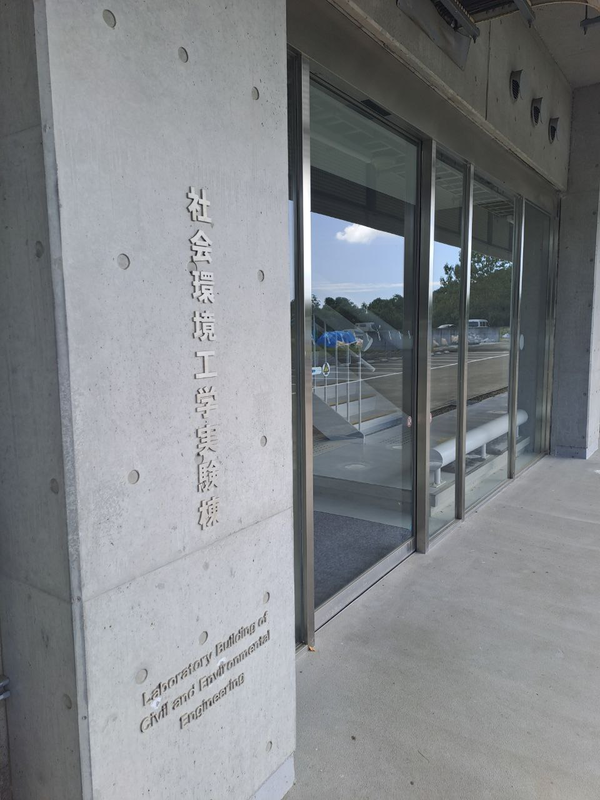
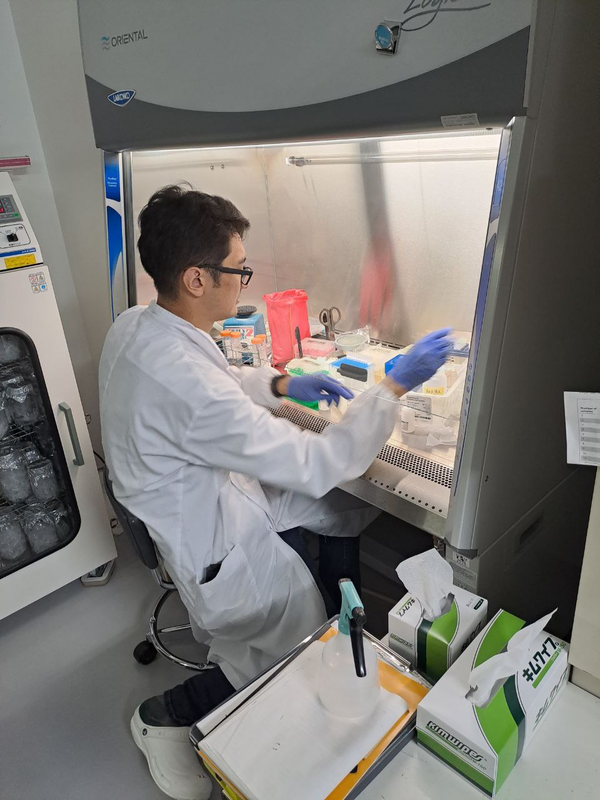
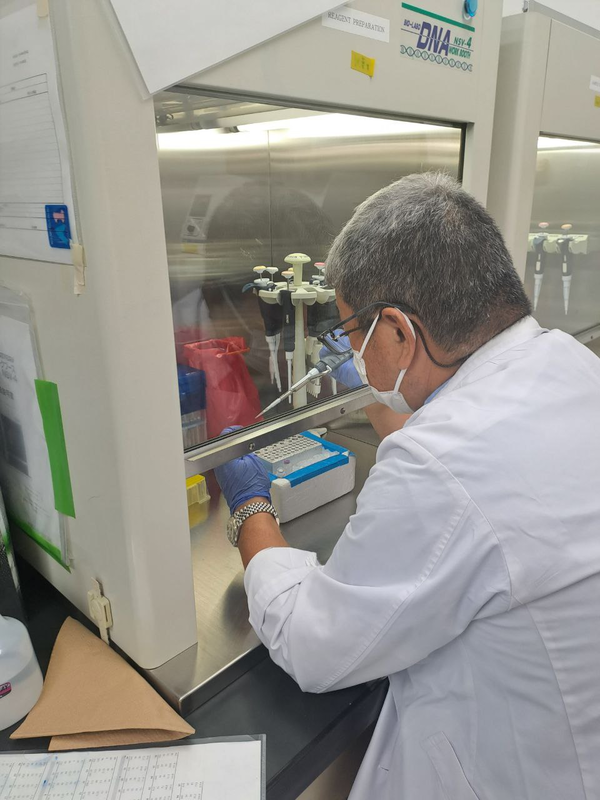
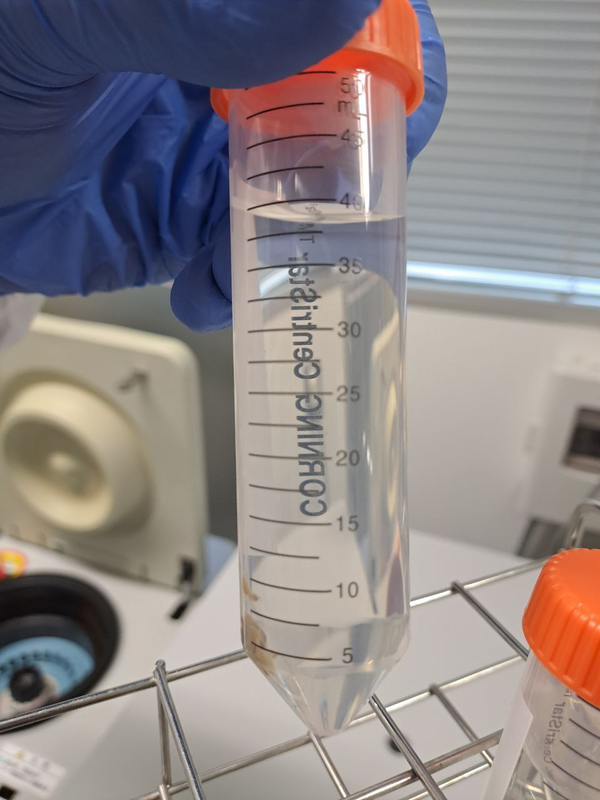
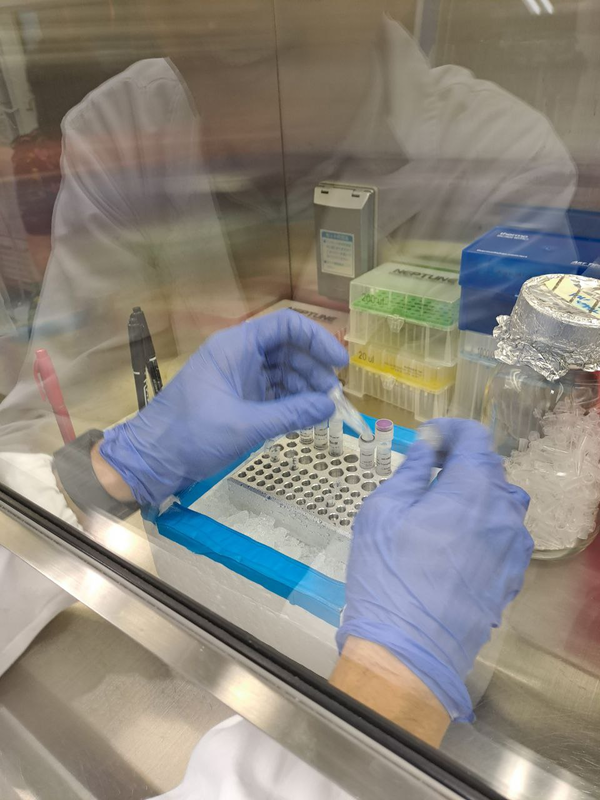
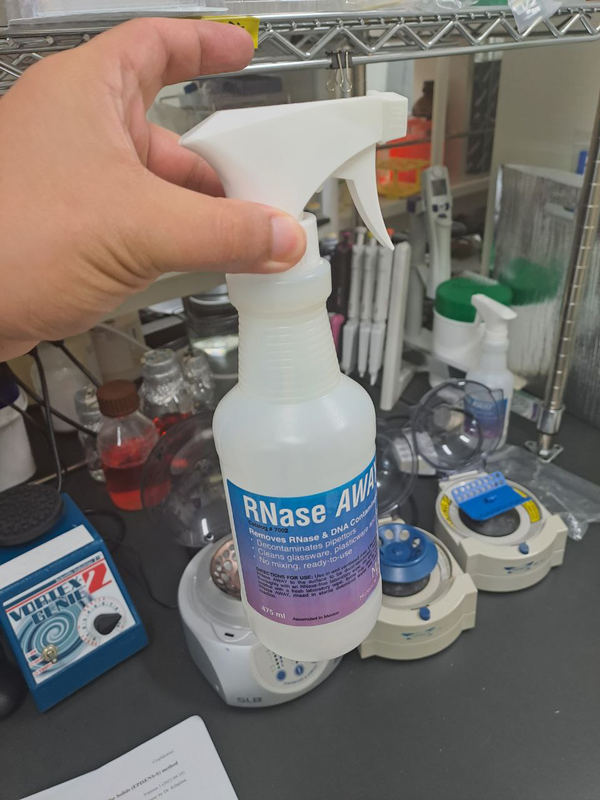
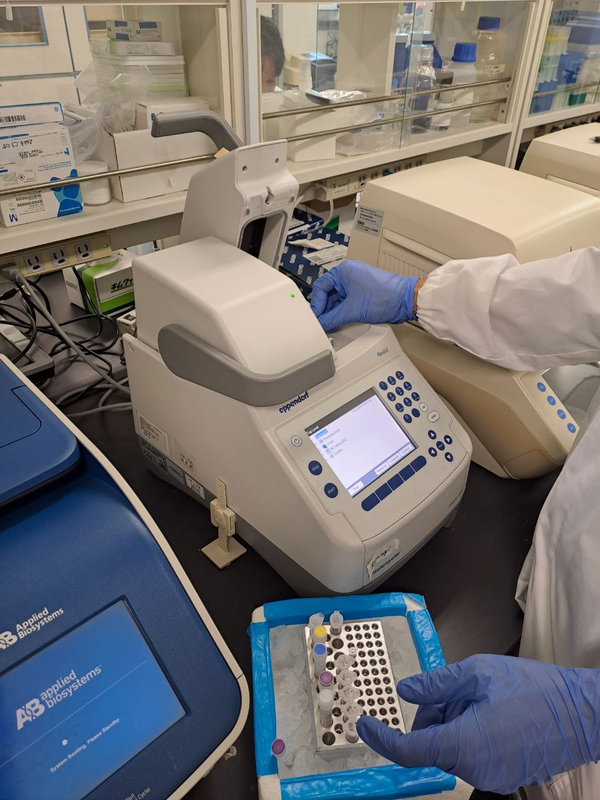
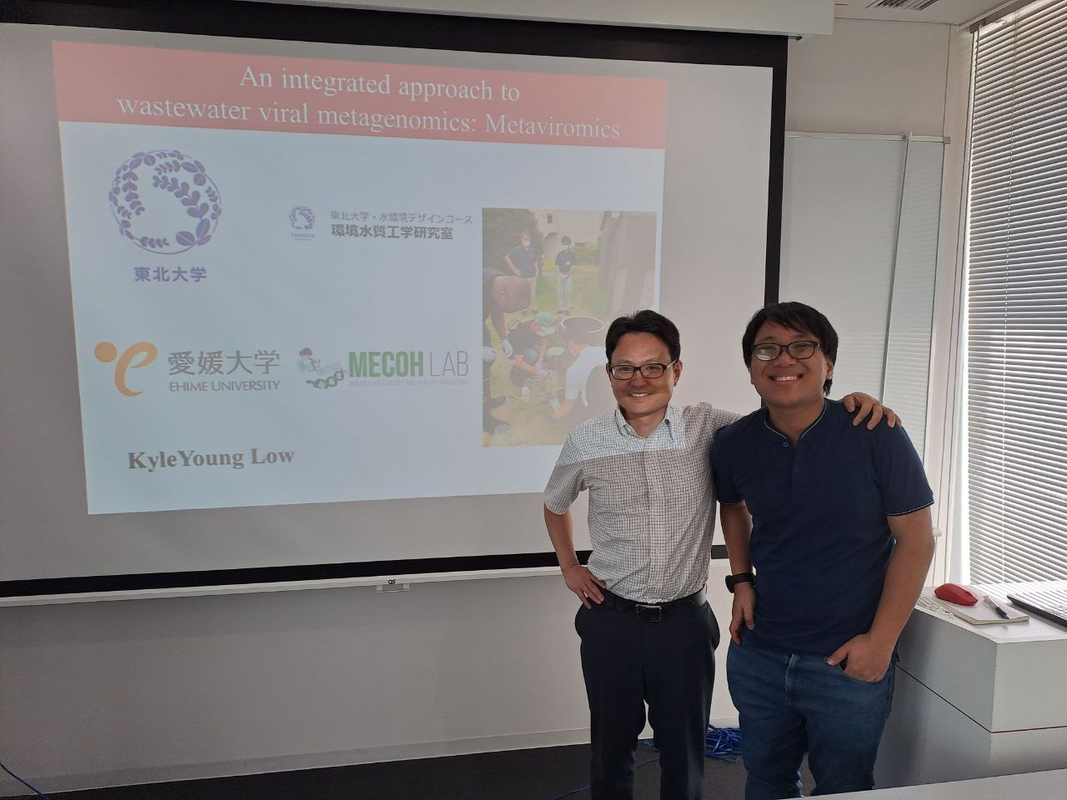
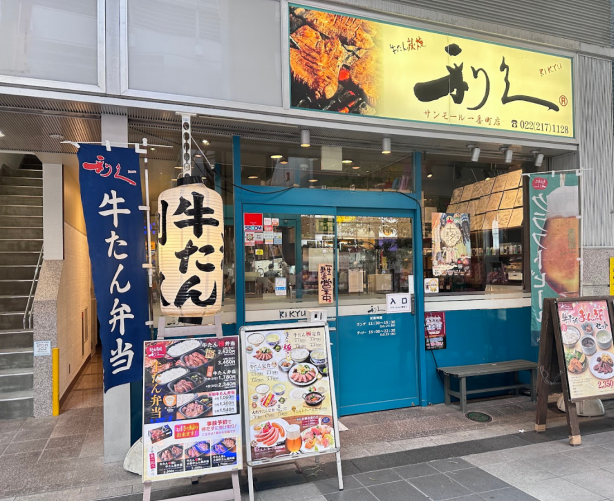
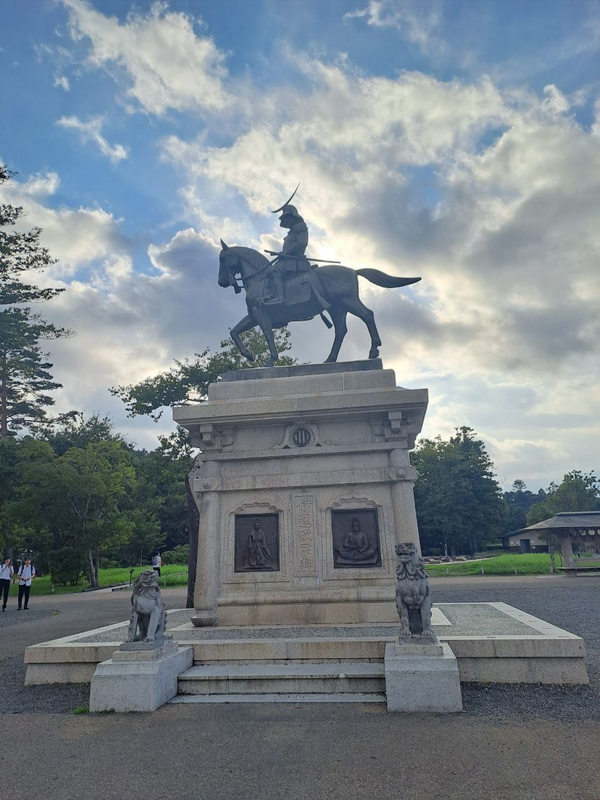
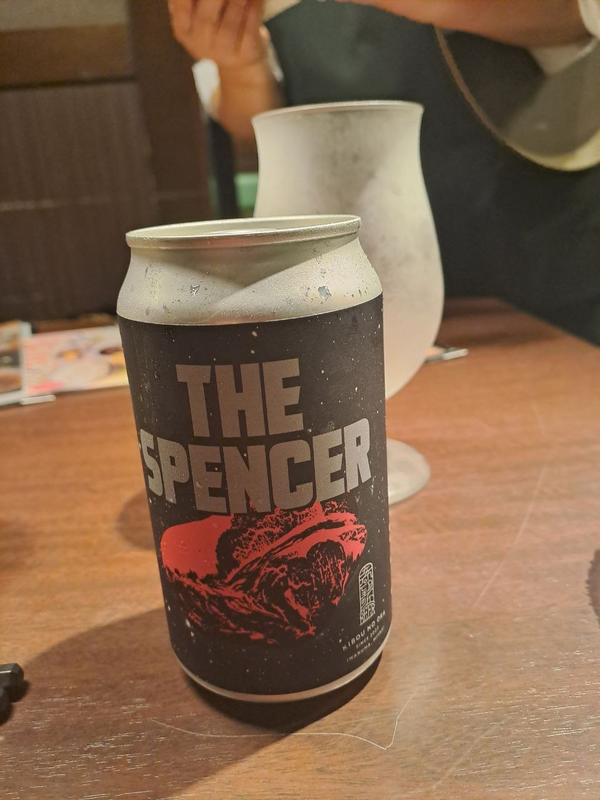
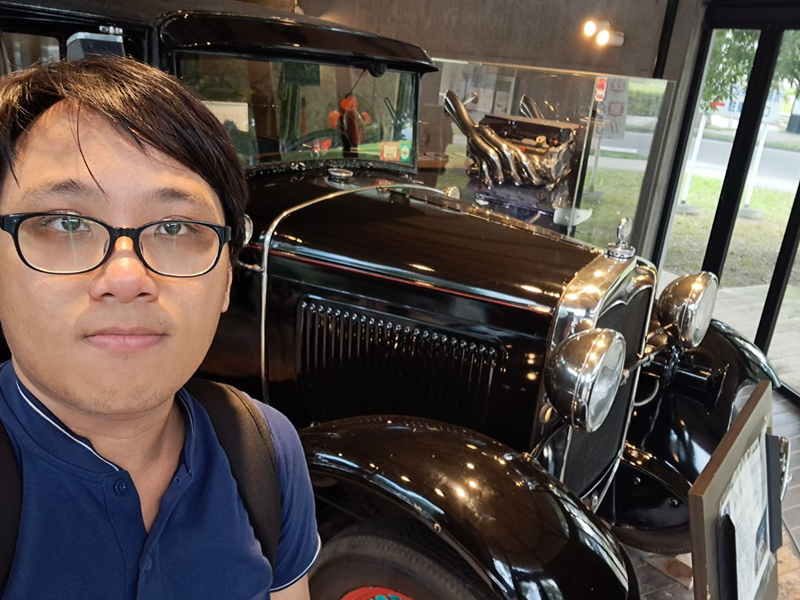
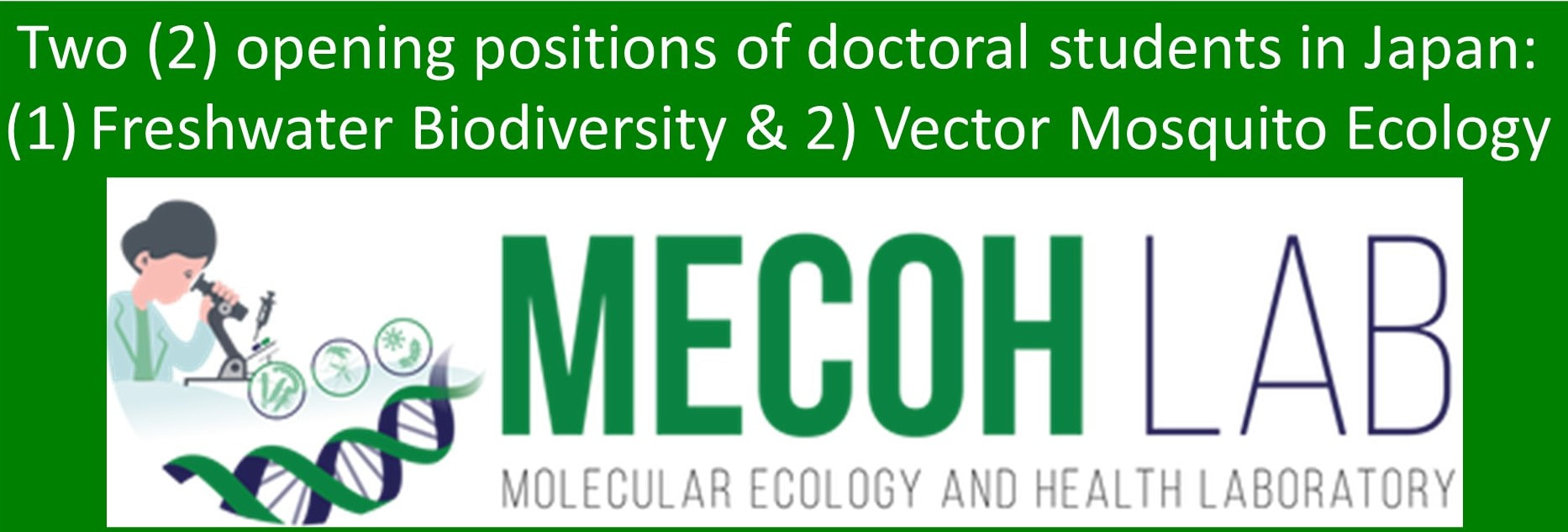
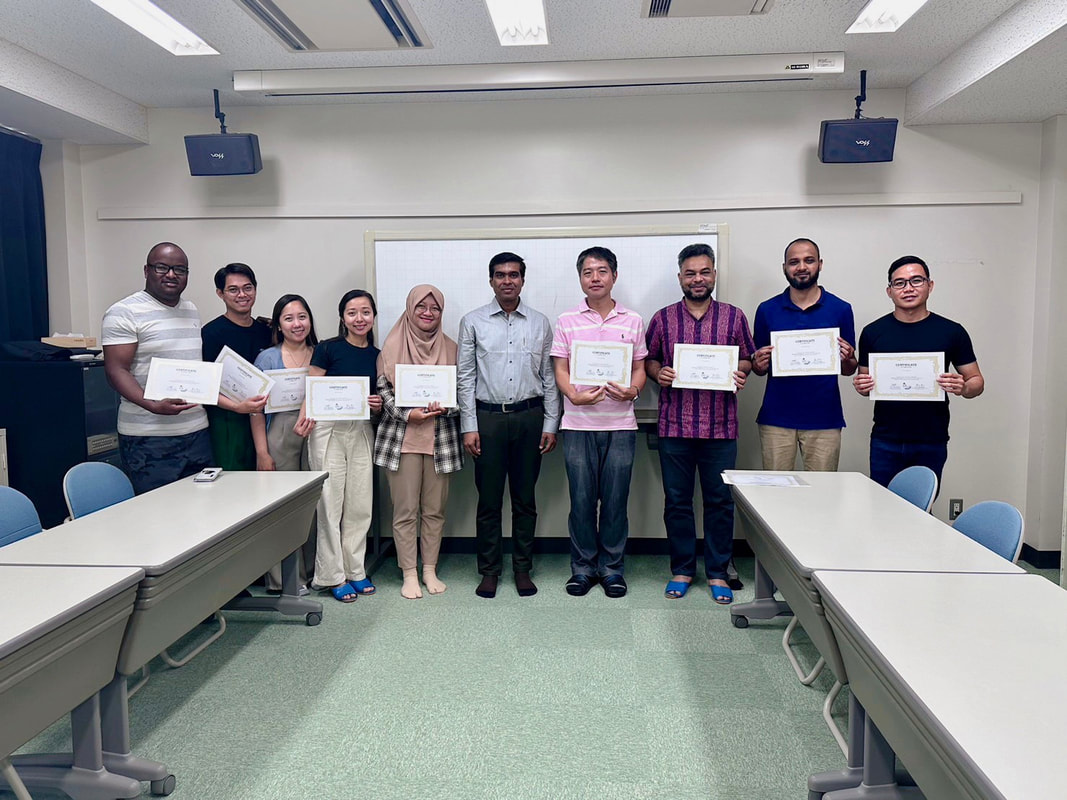
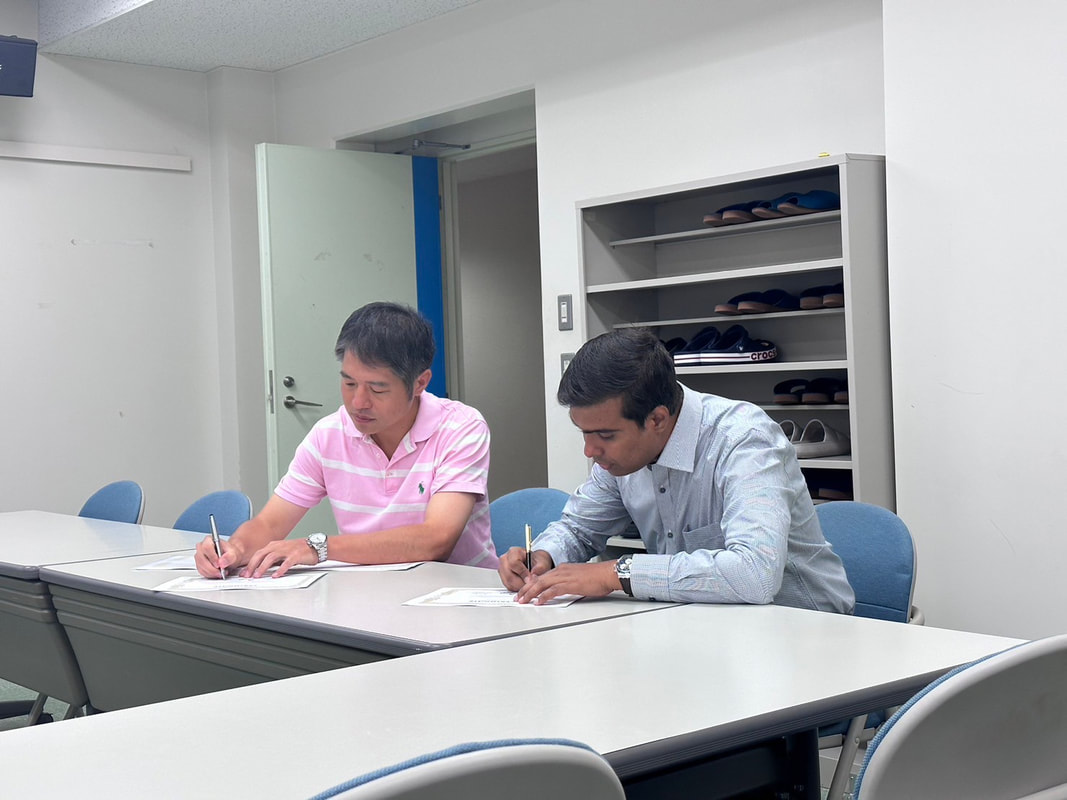
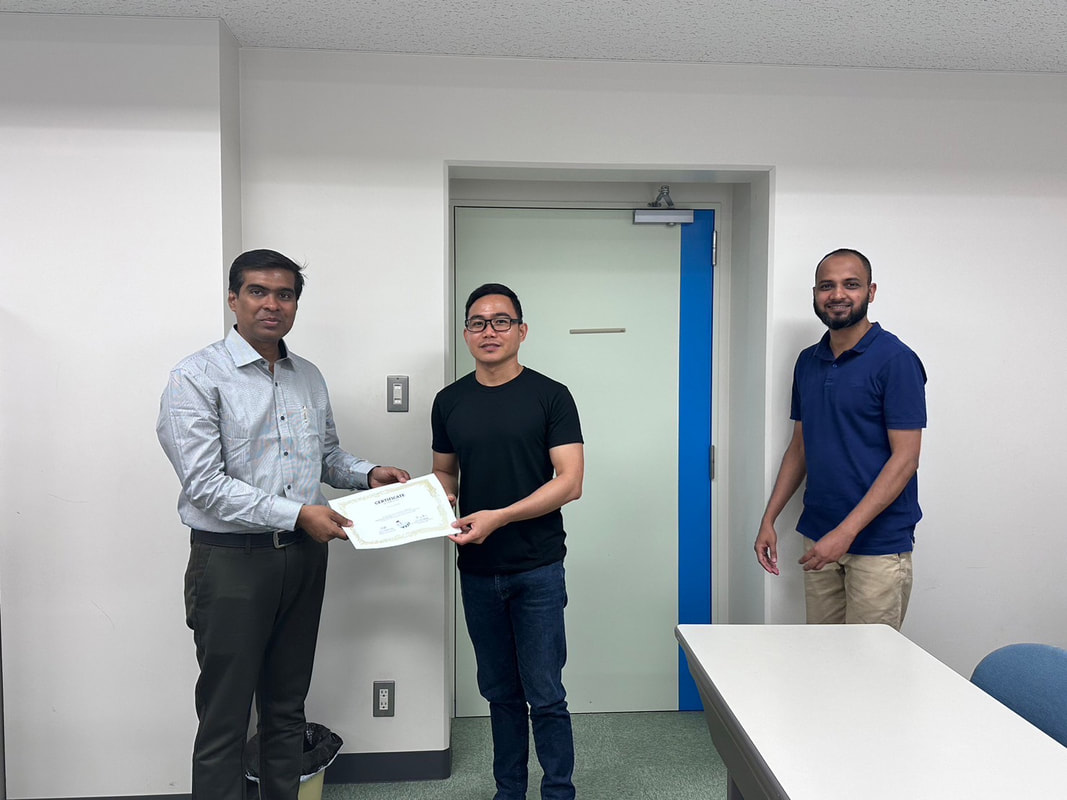
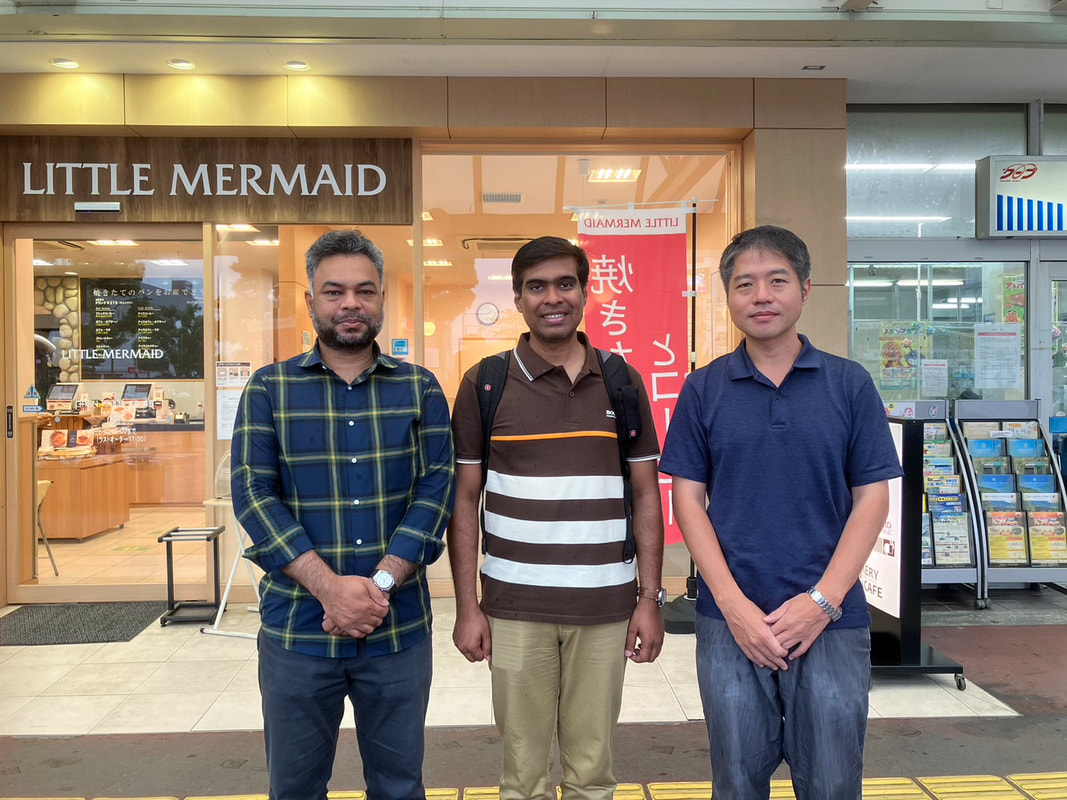
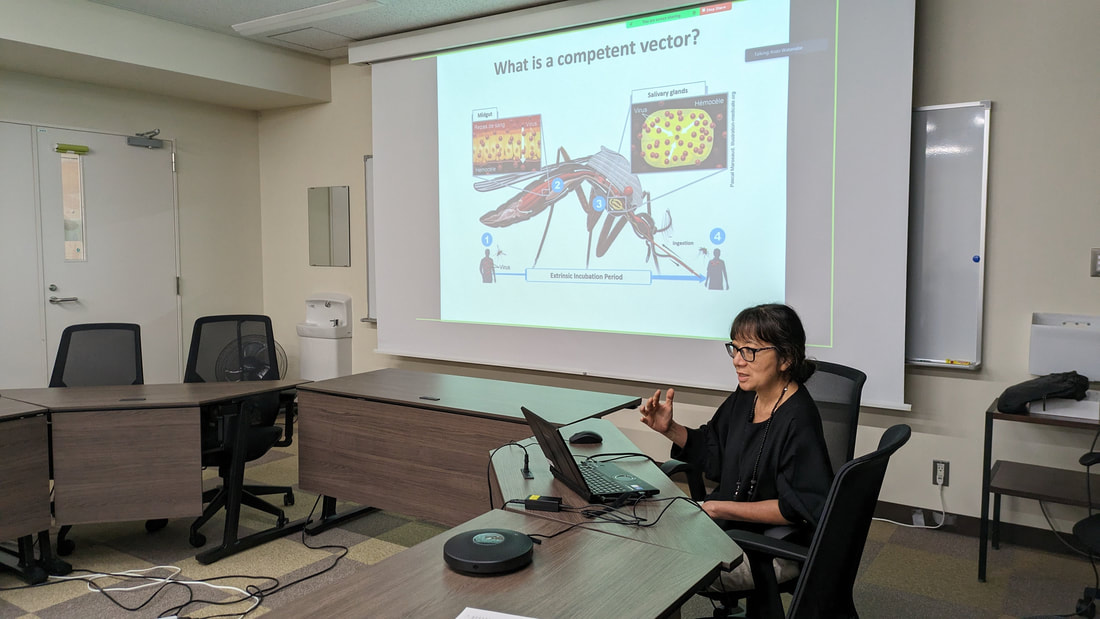
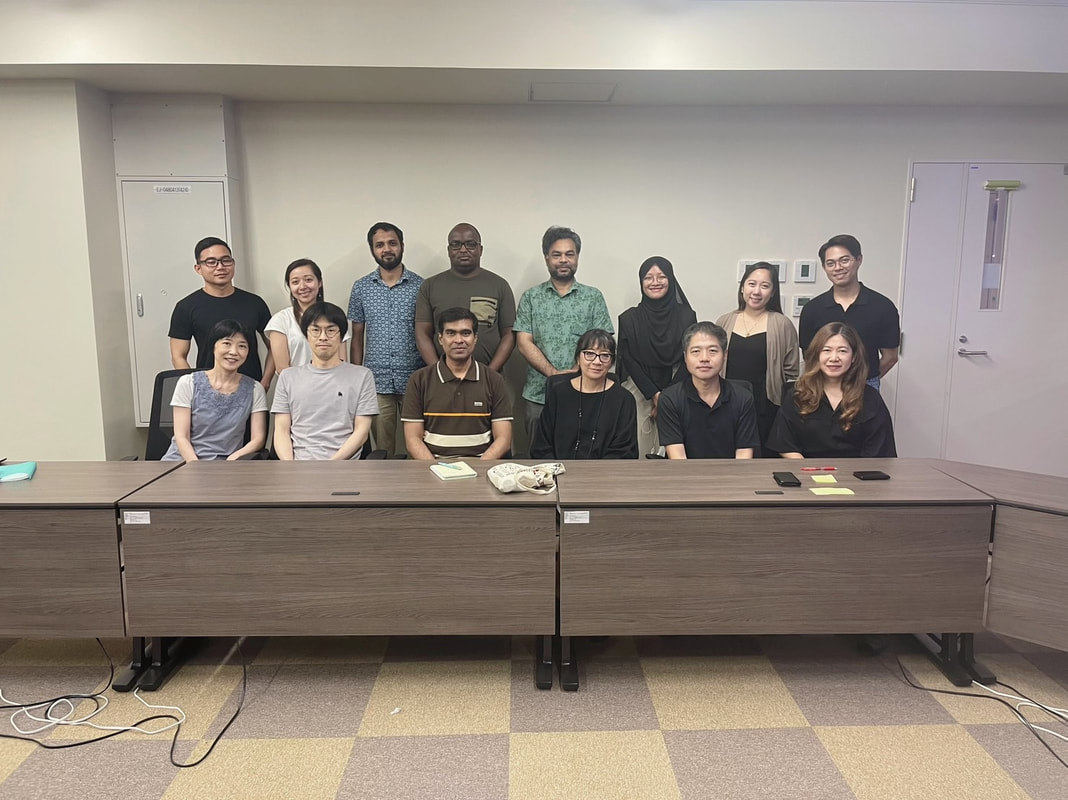
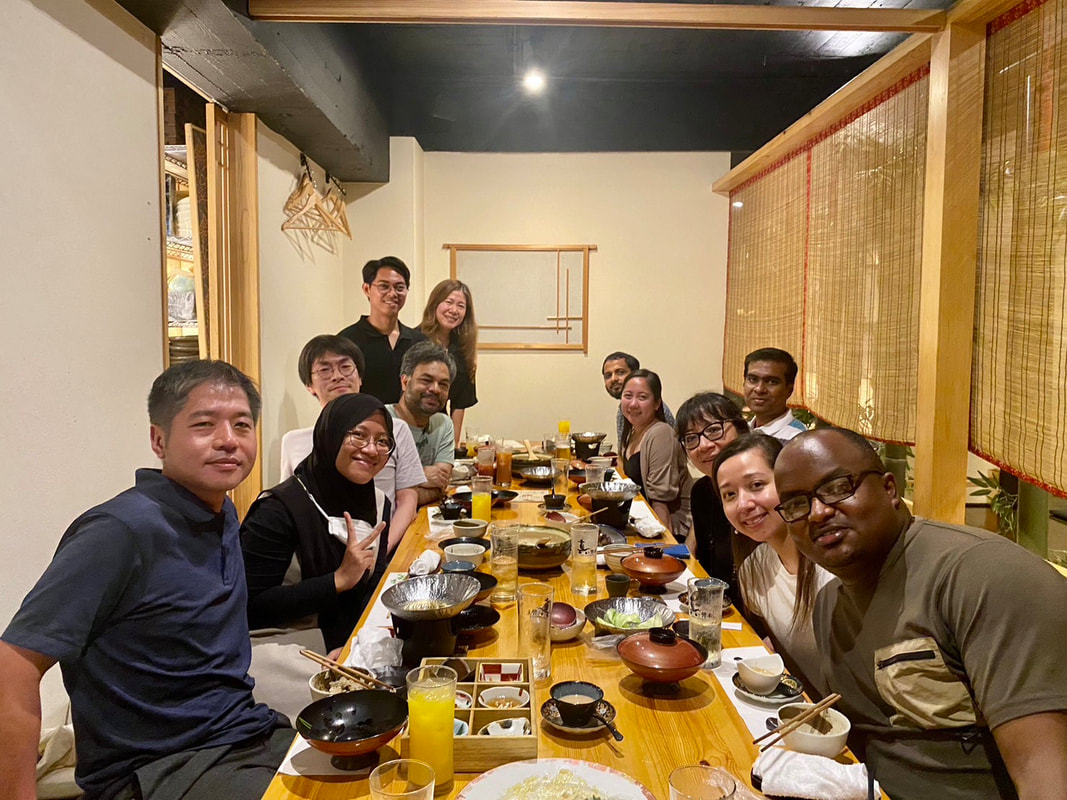
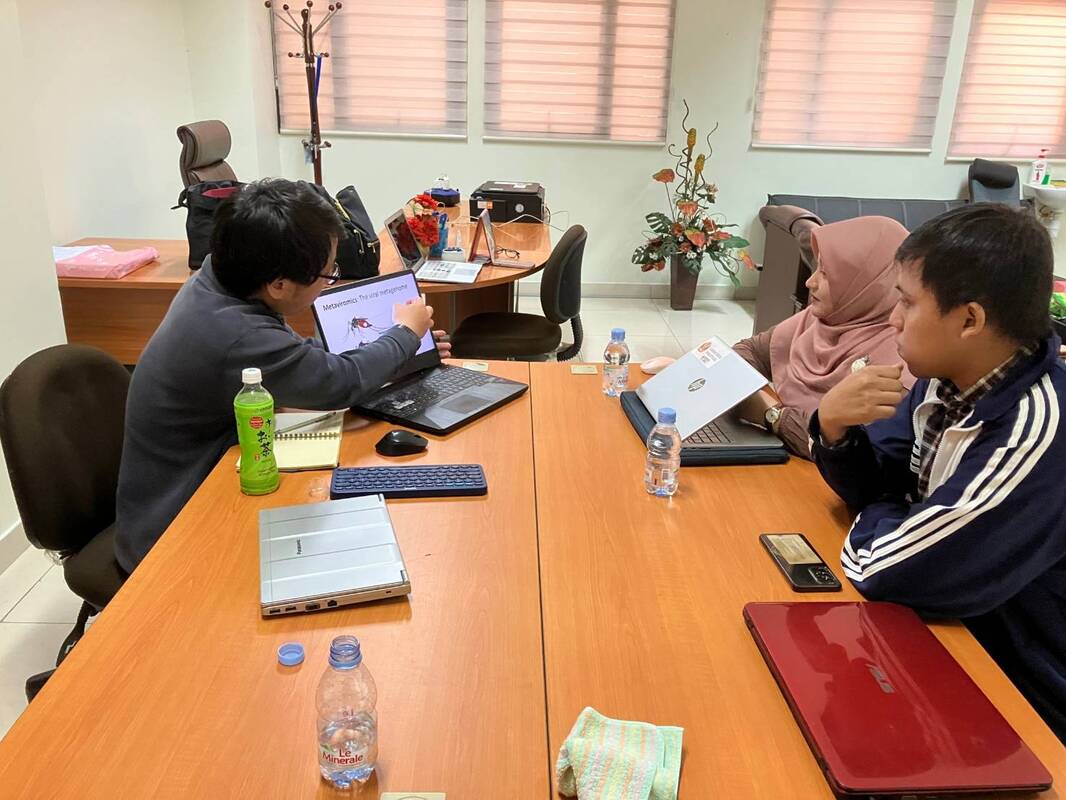


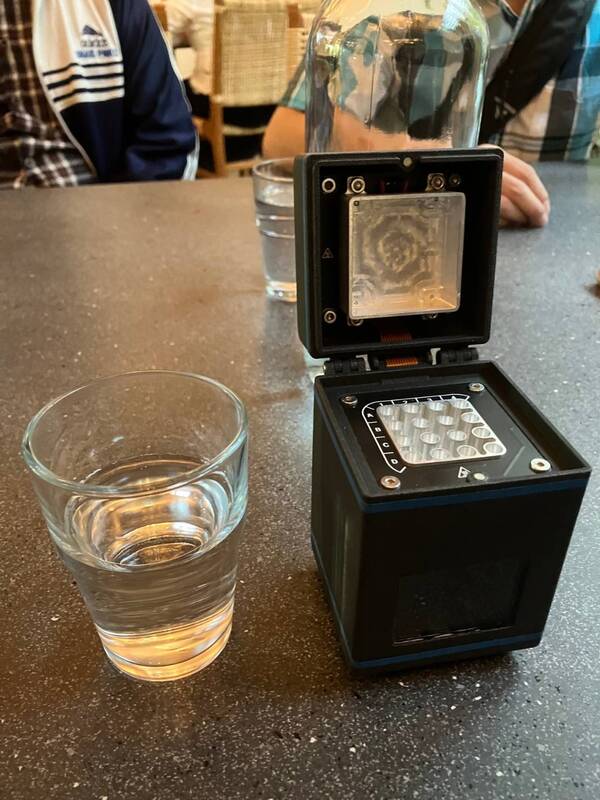
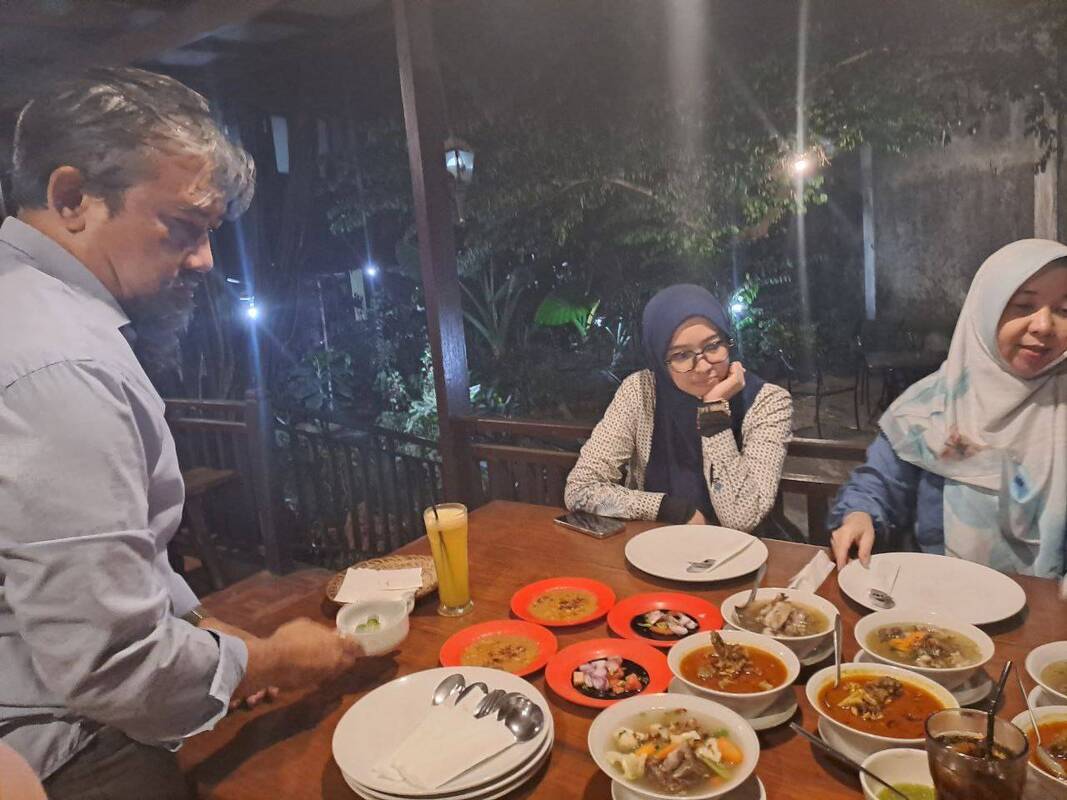
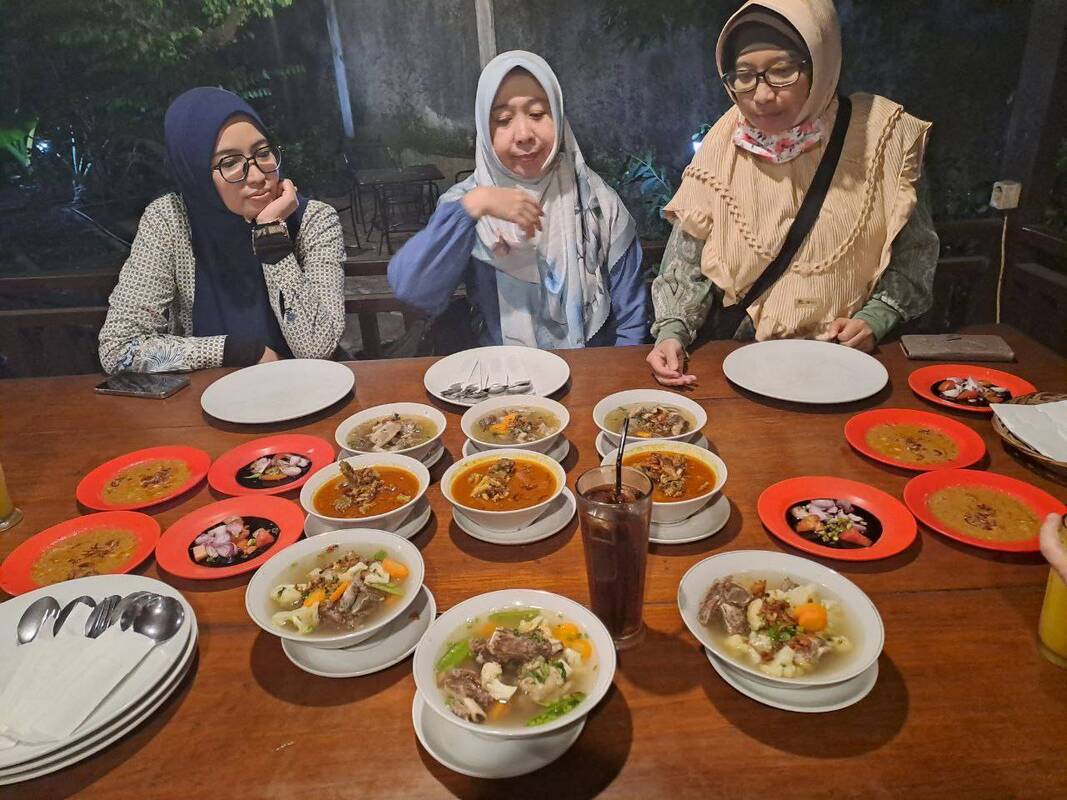
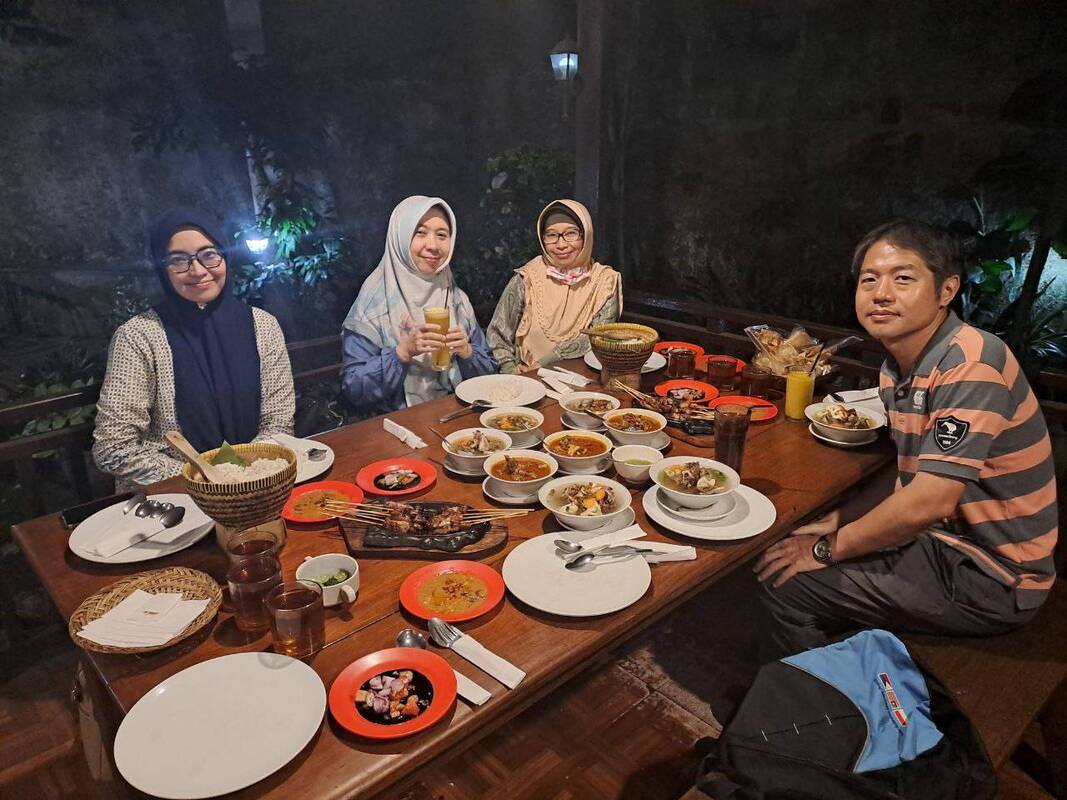
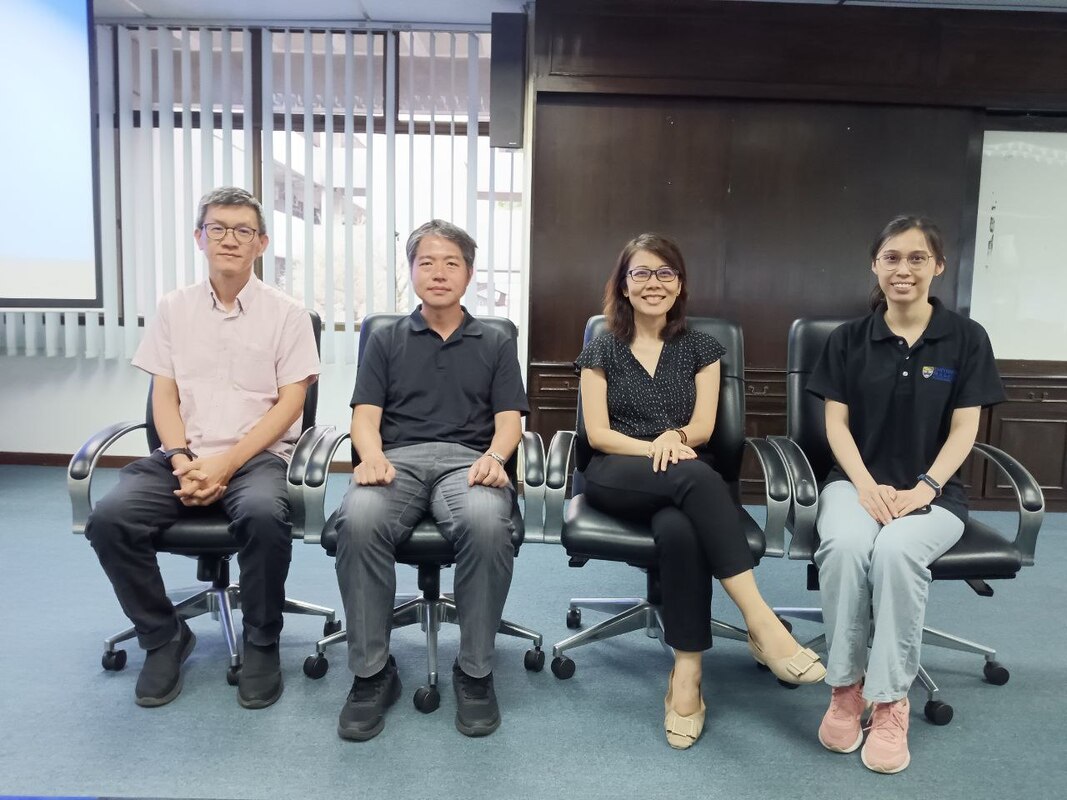
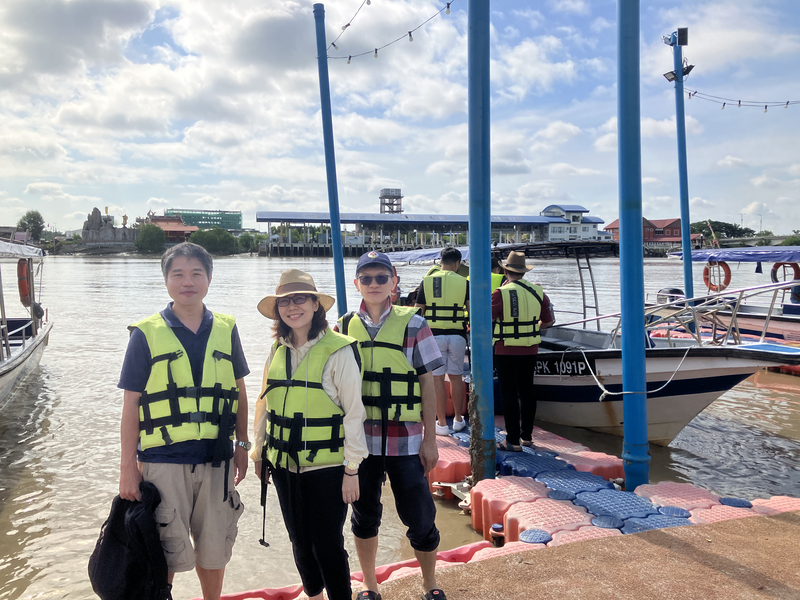
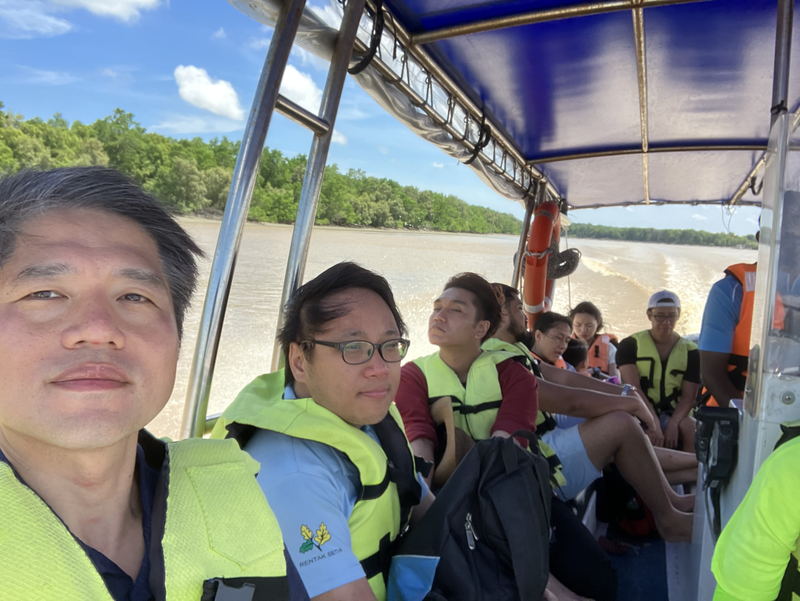
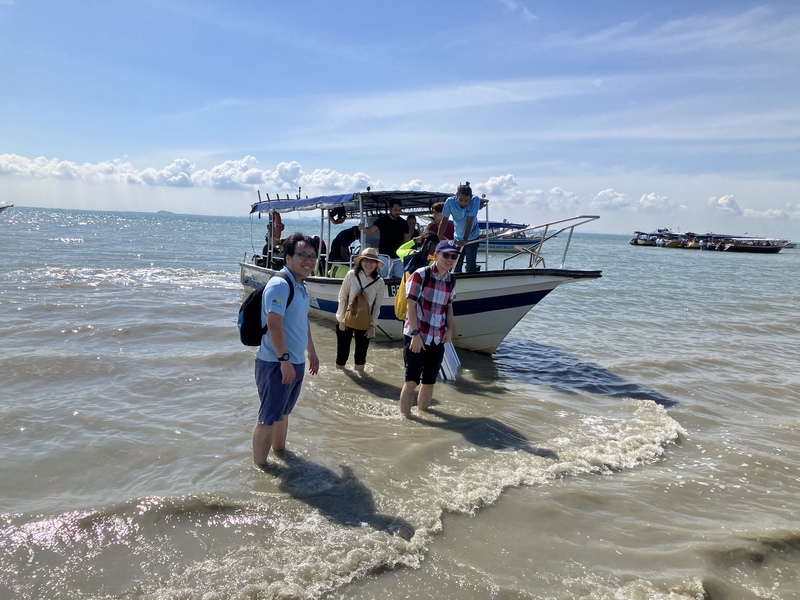

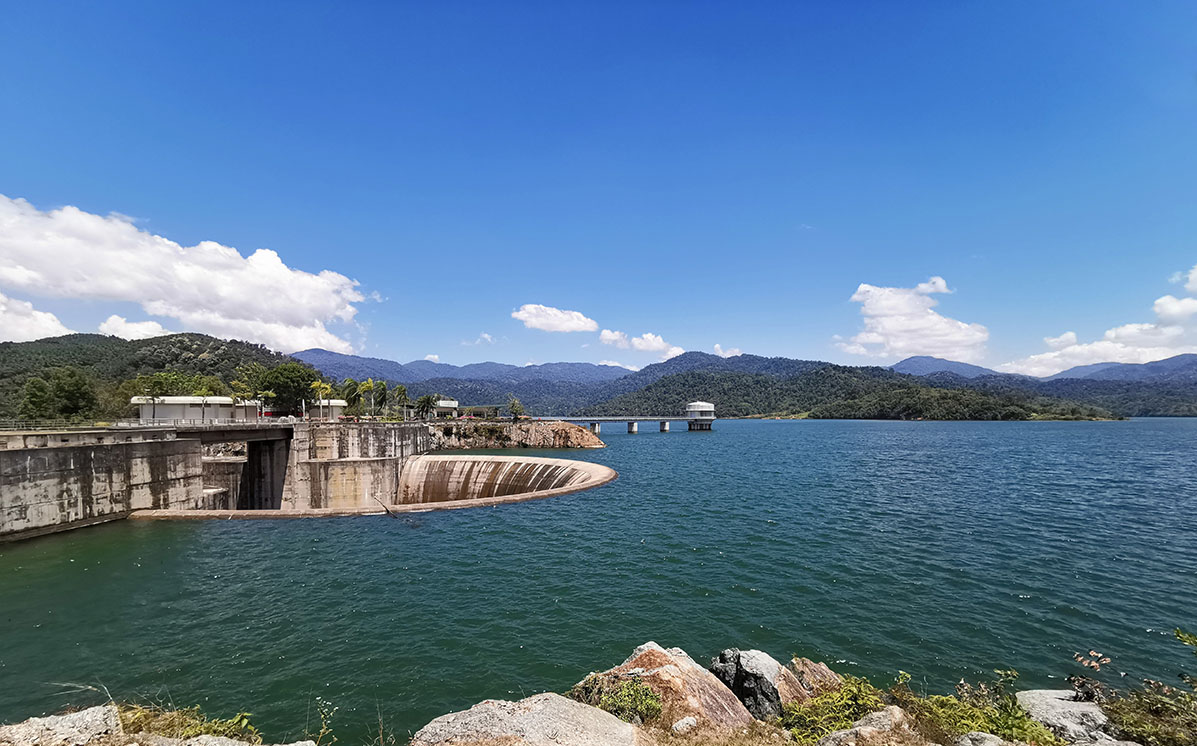
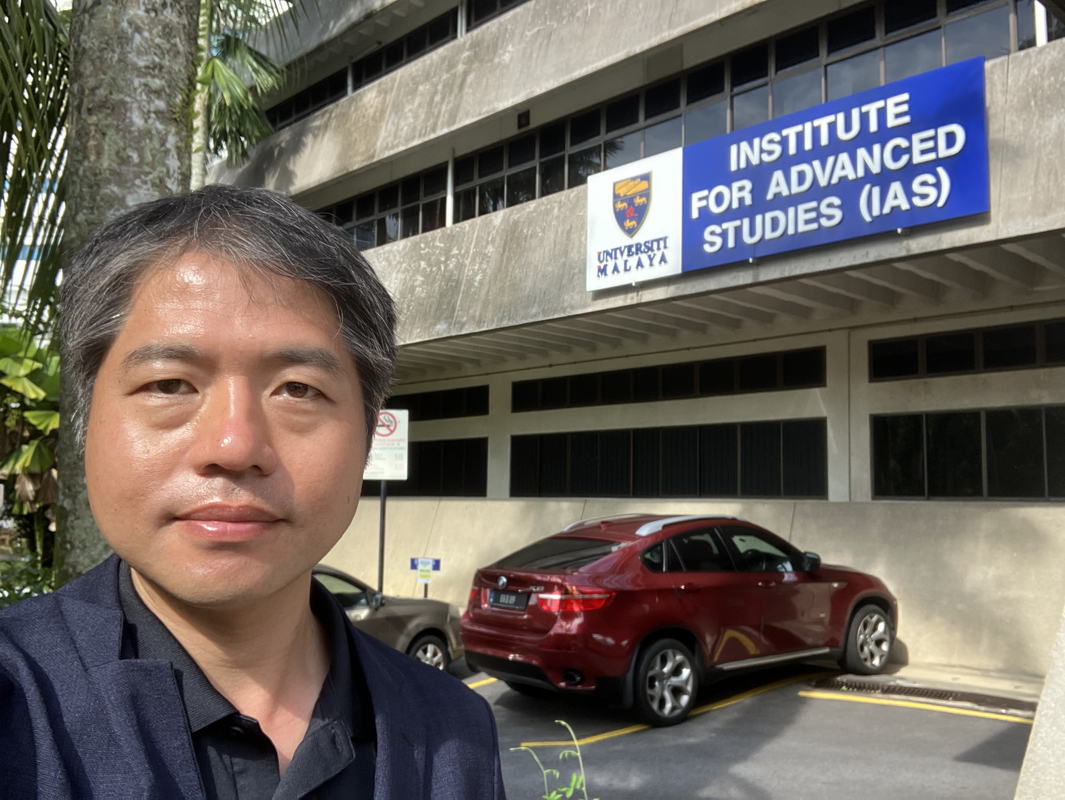


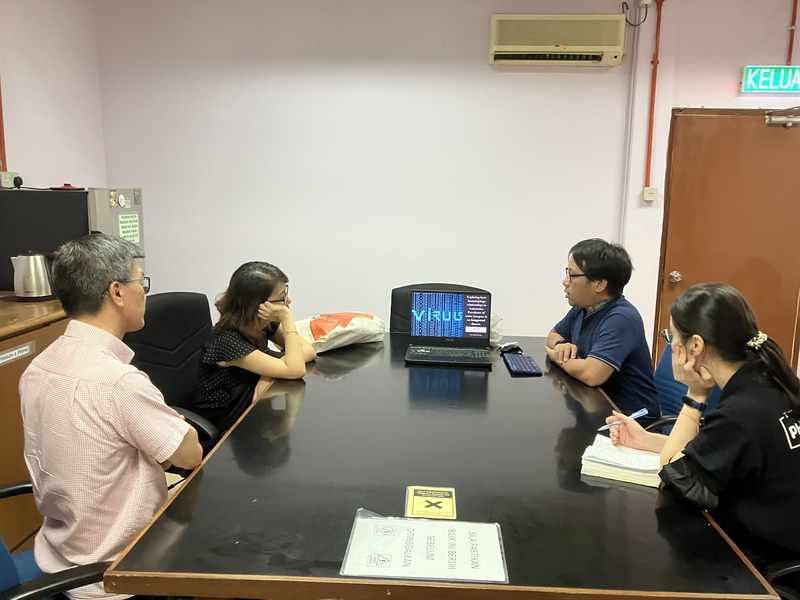
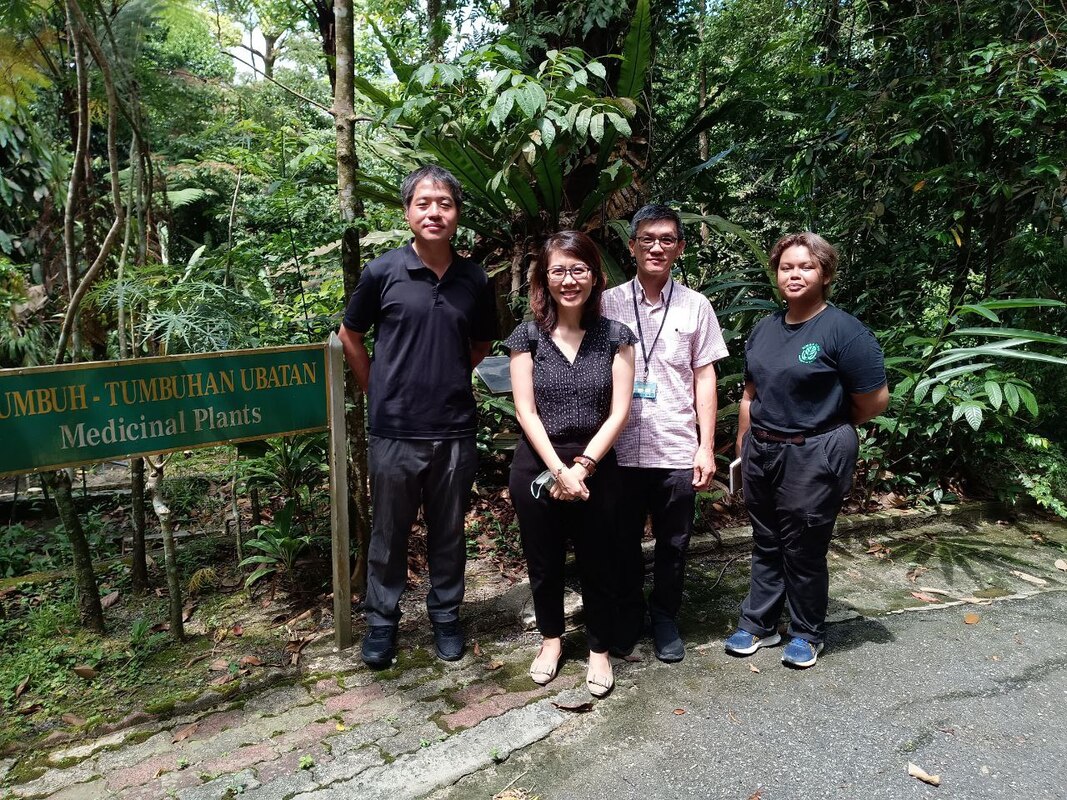


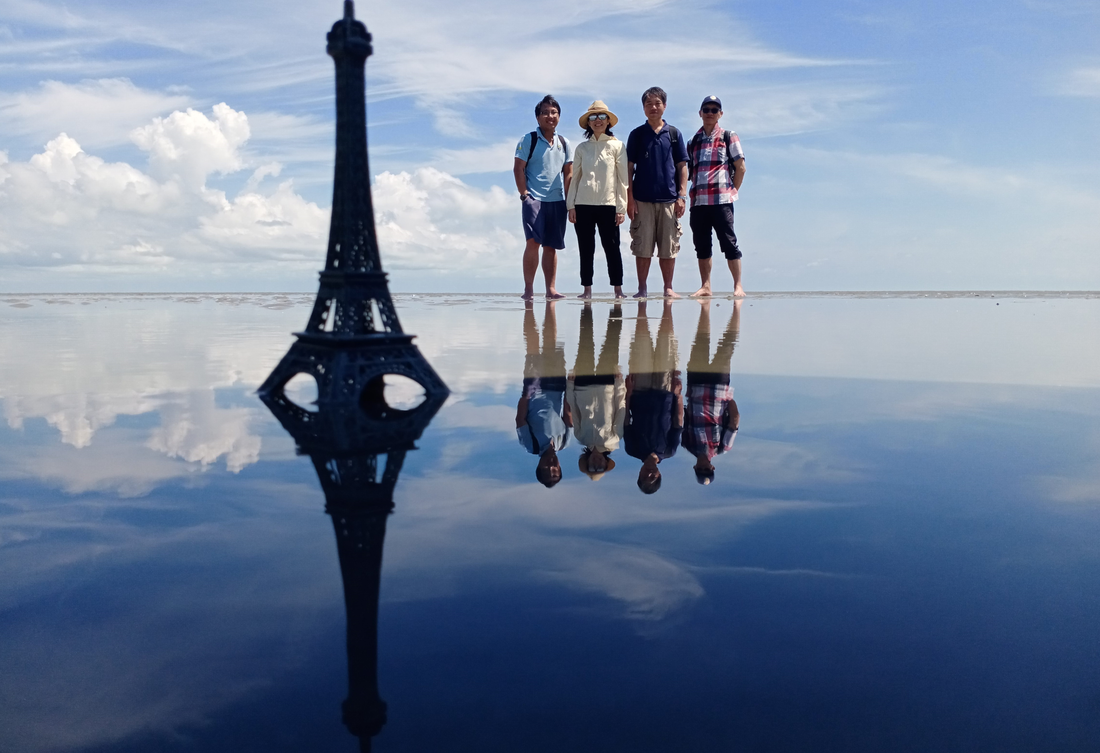
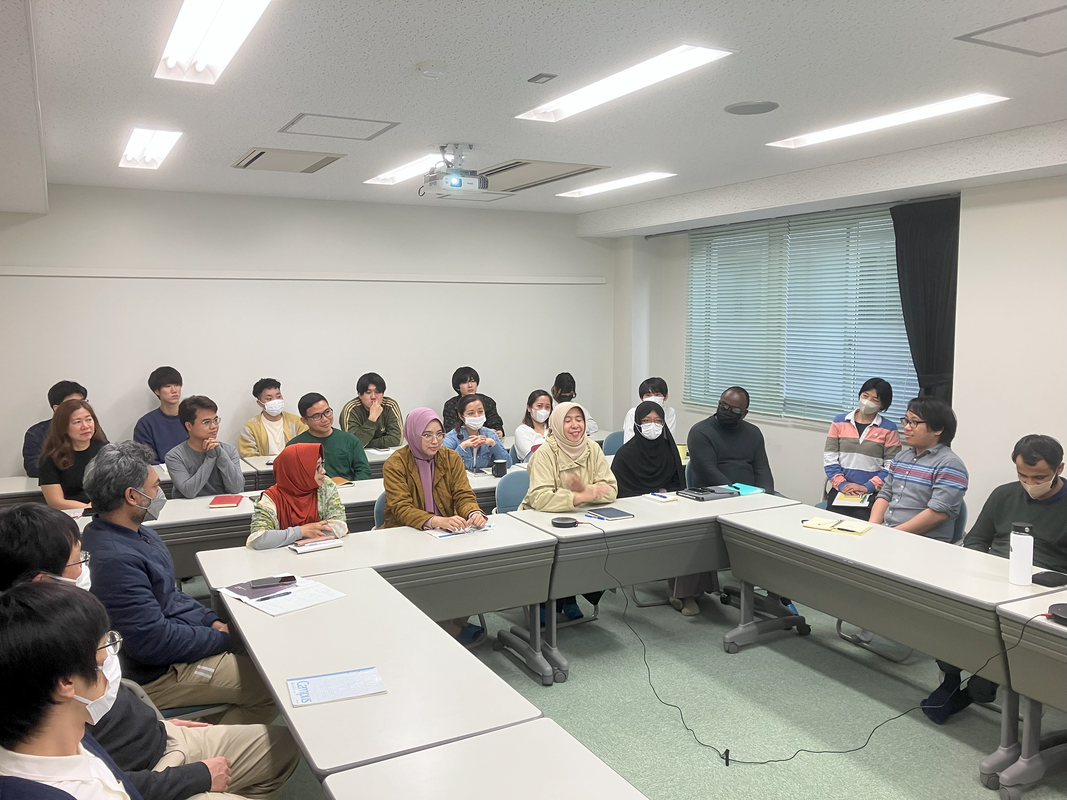
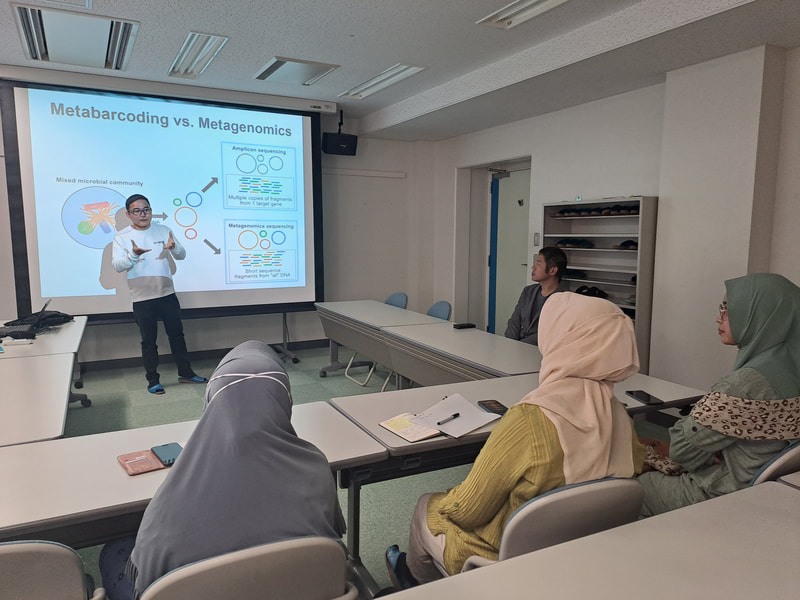
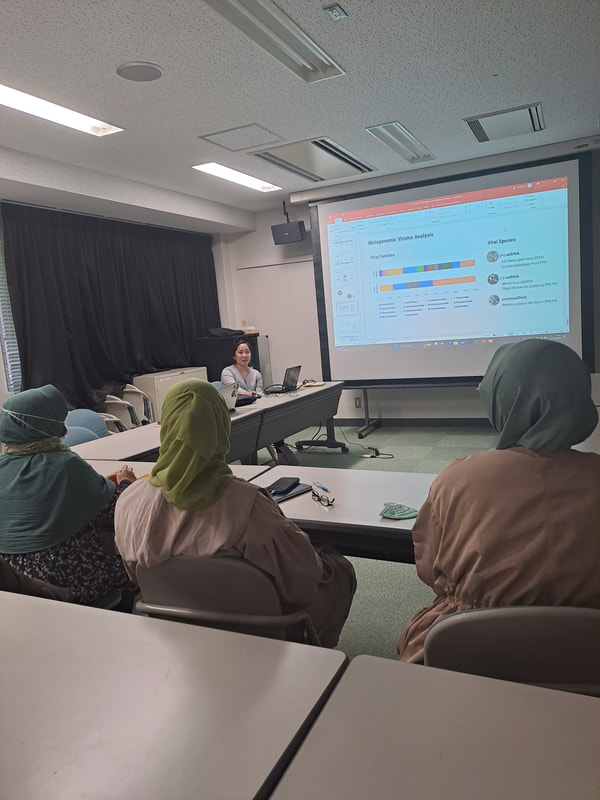
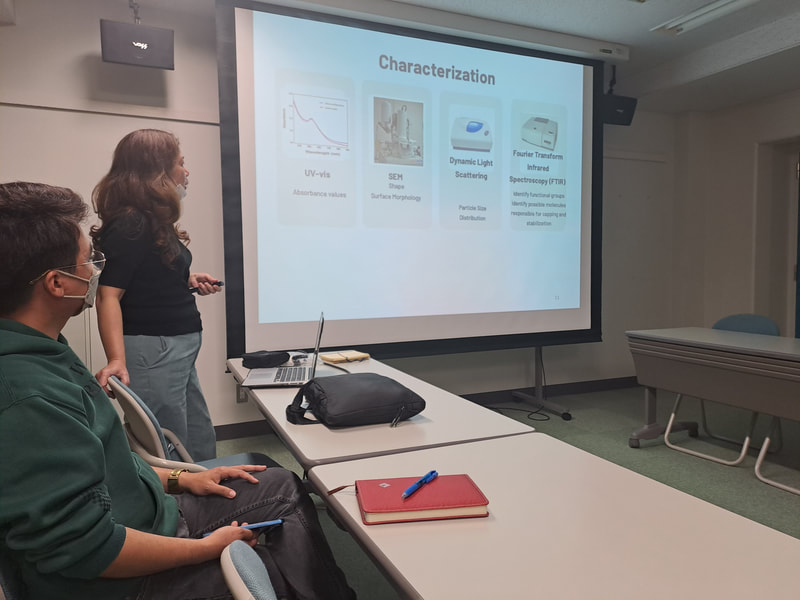
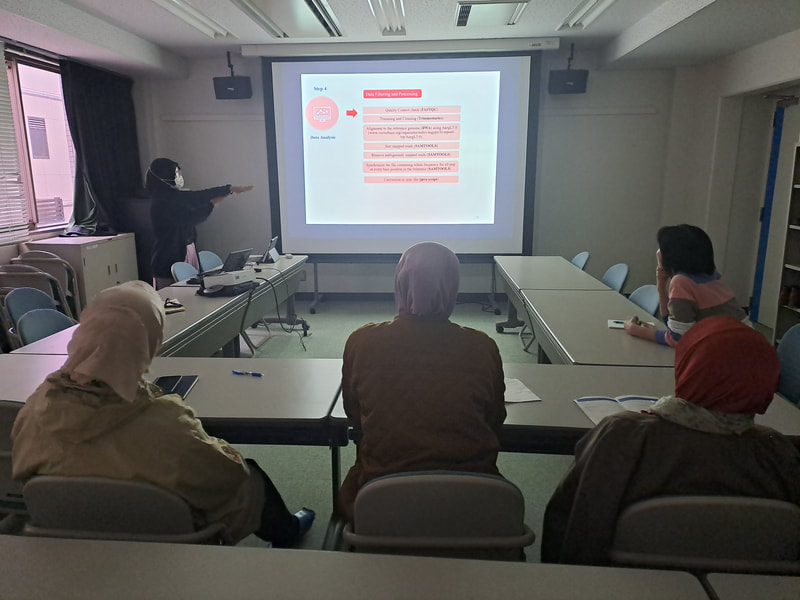
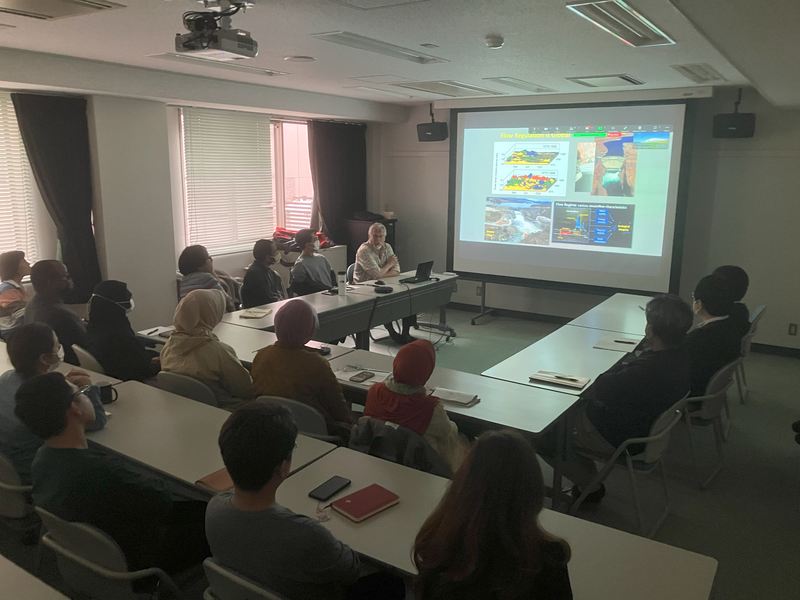
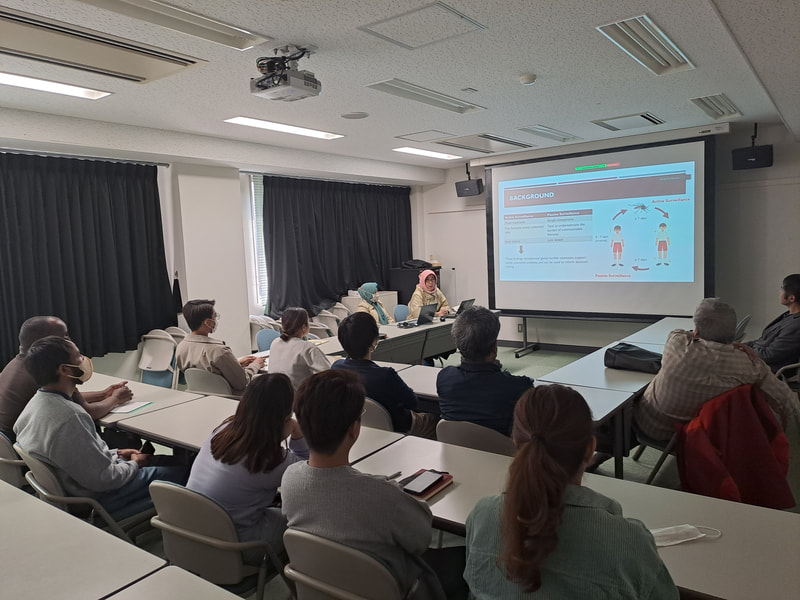
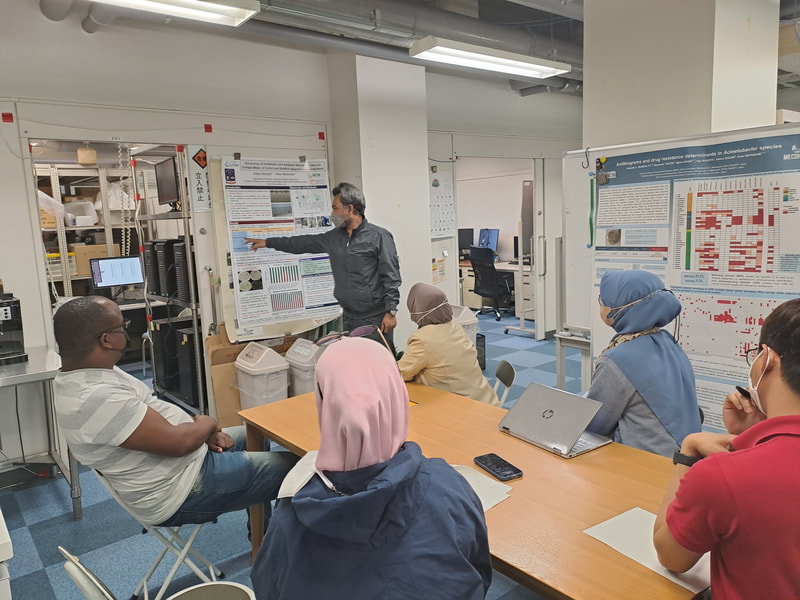
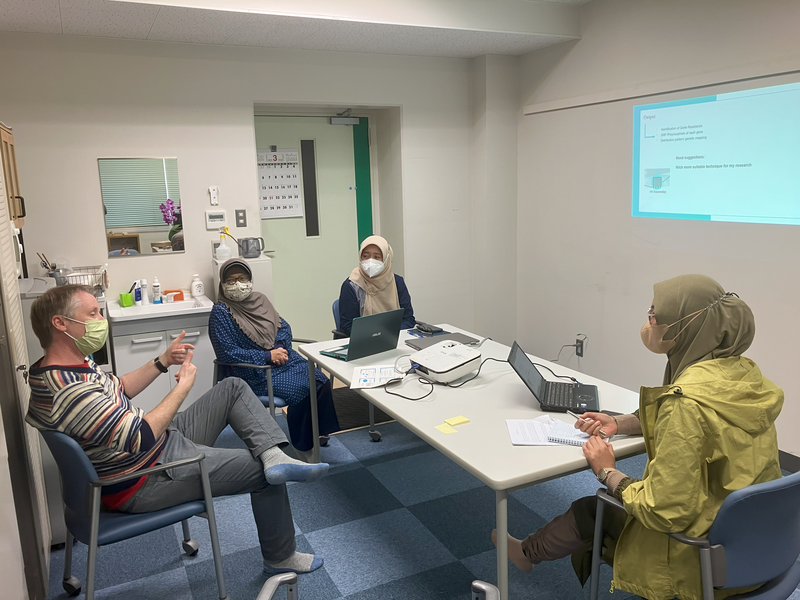

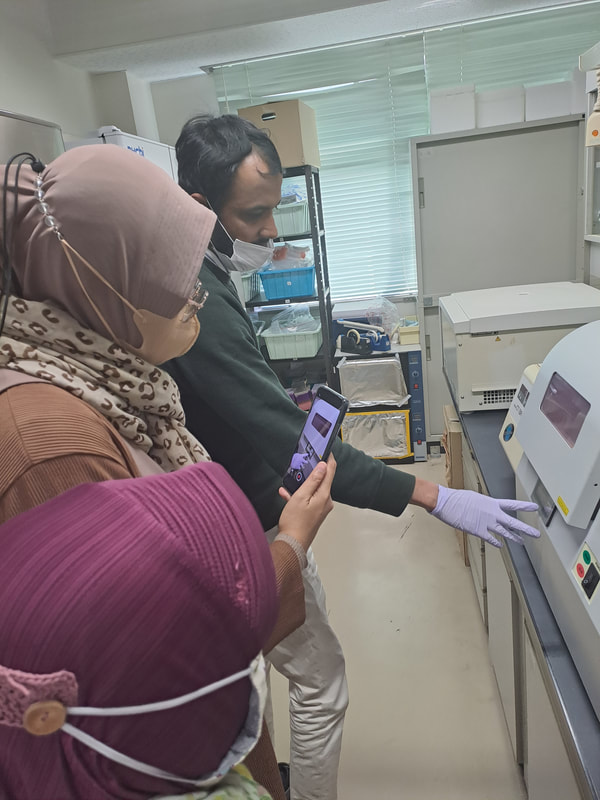

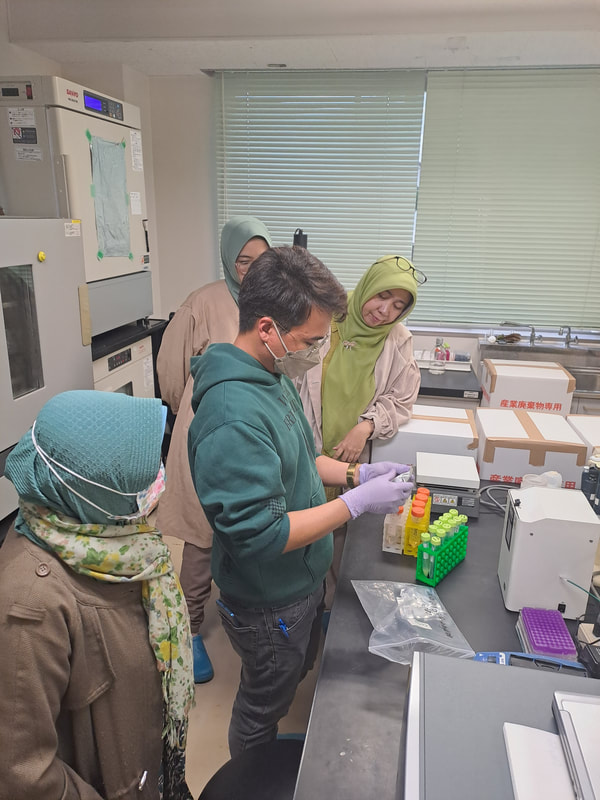
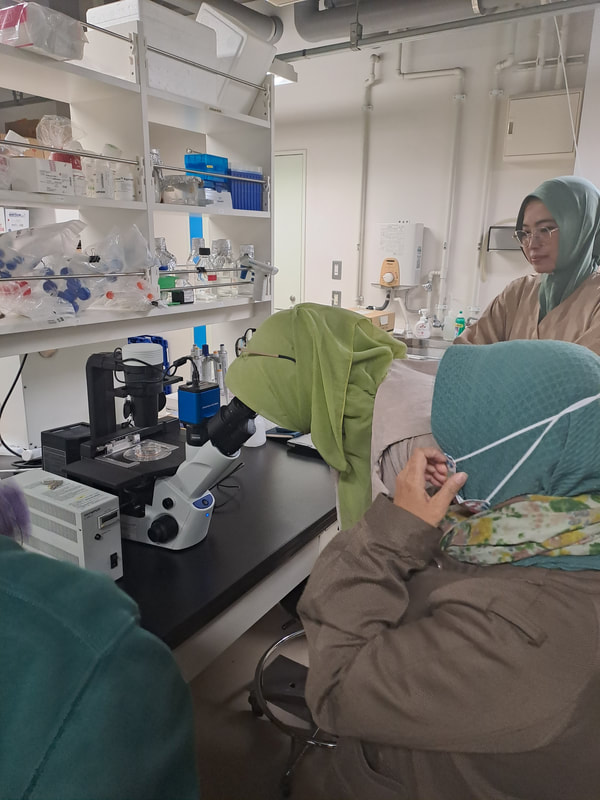
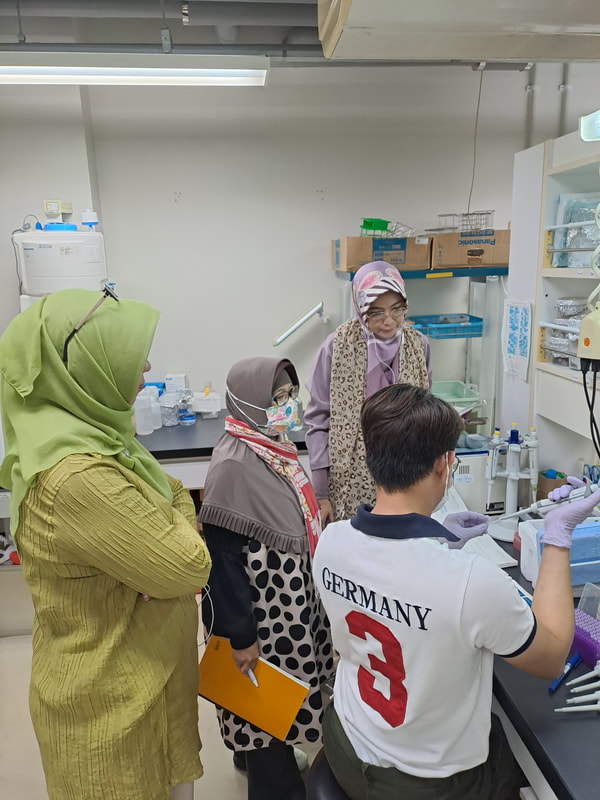
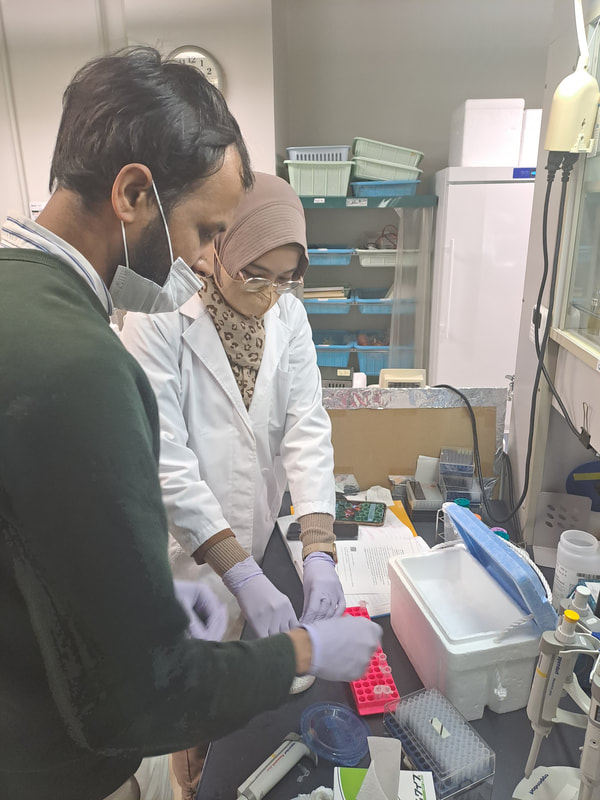
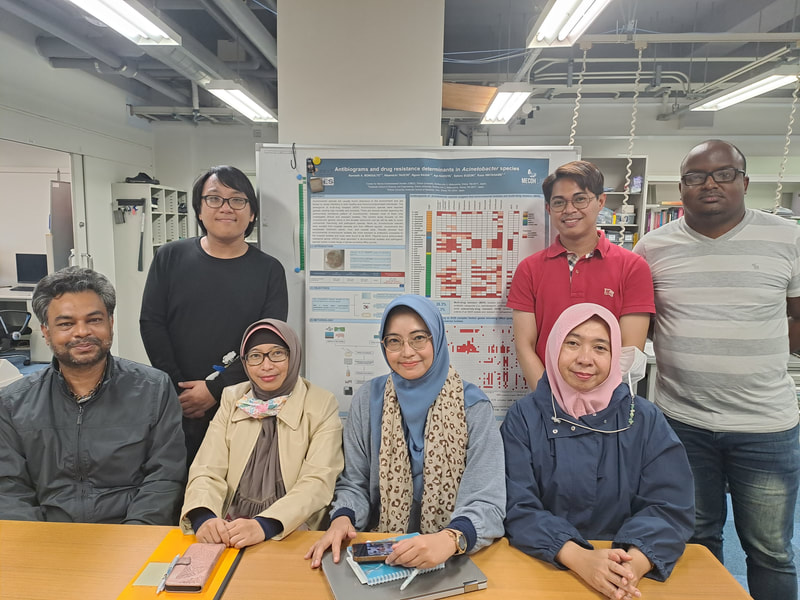
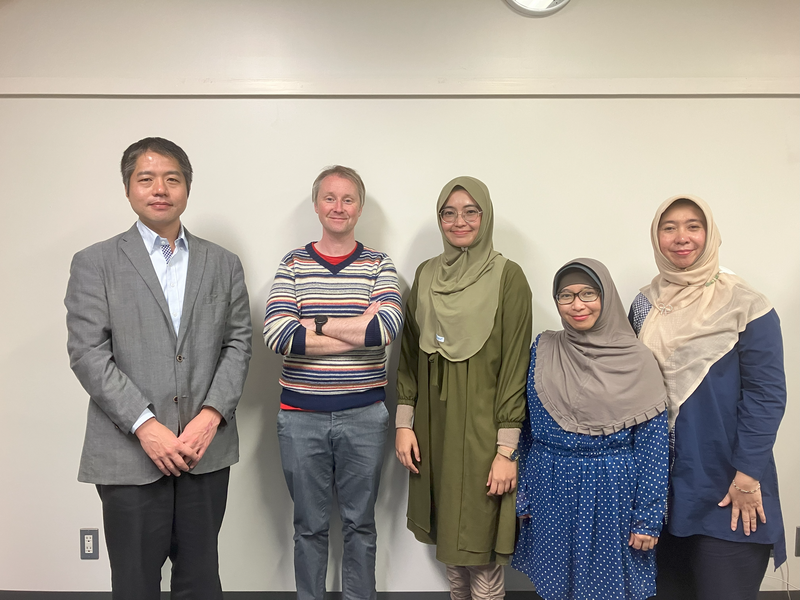
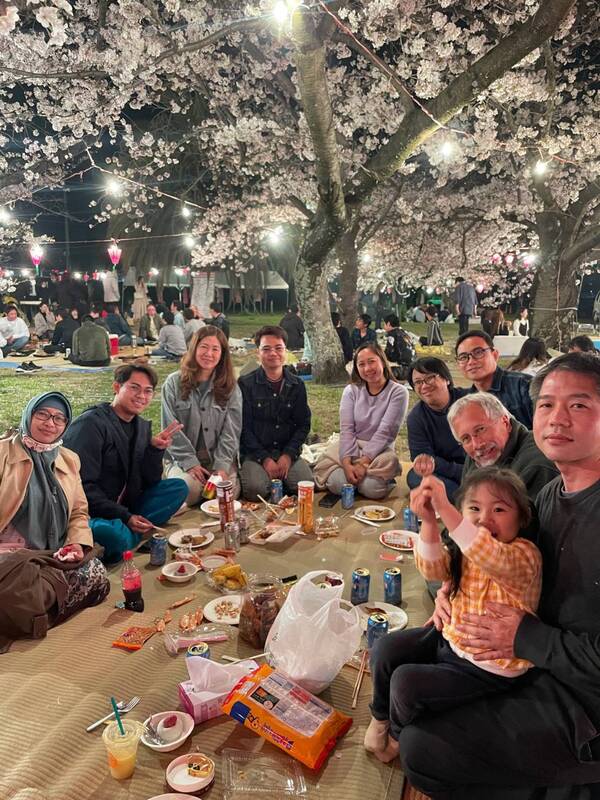
 RSS Feed
RSS Feed